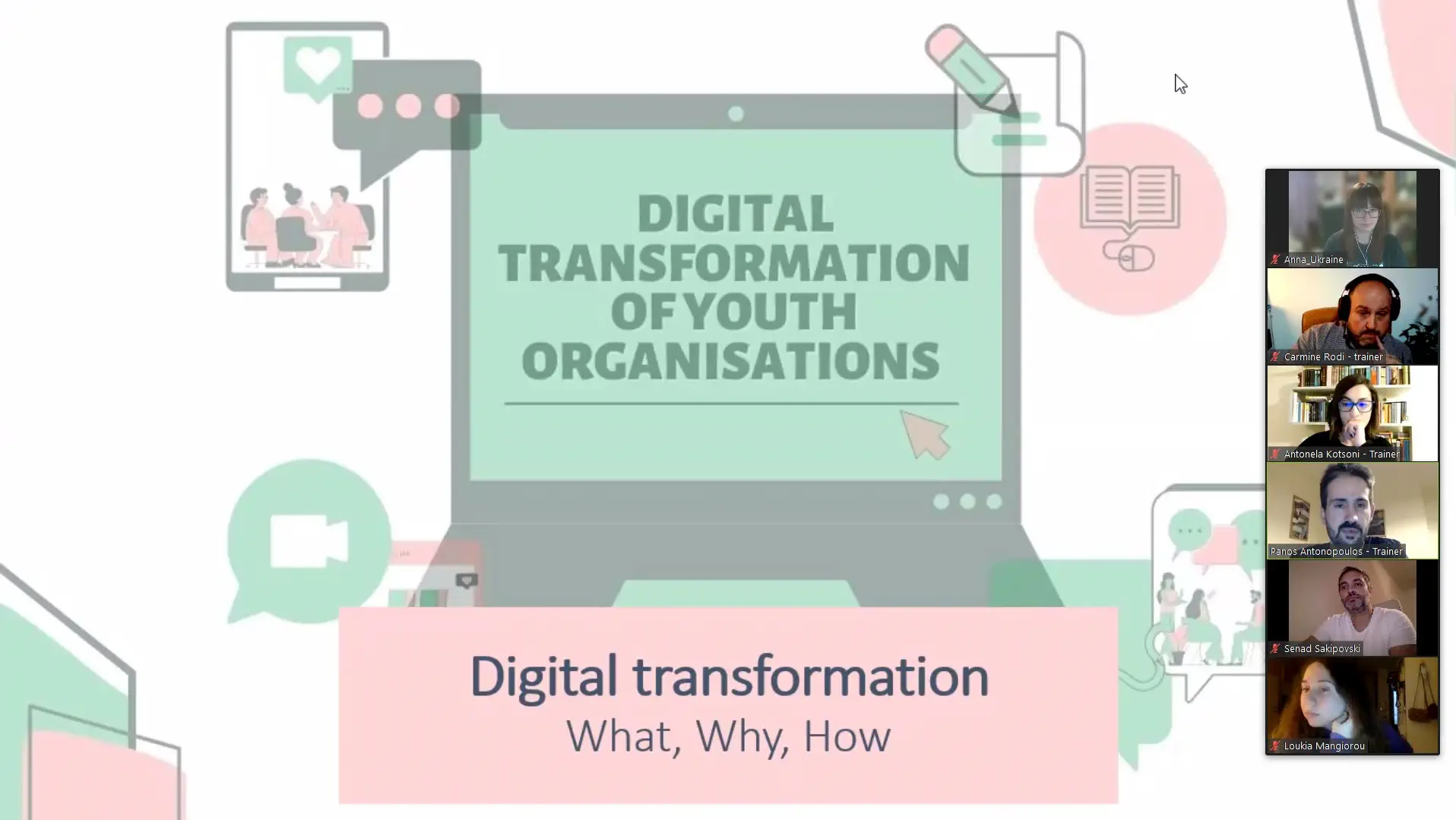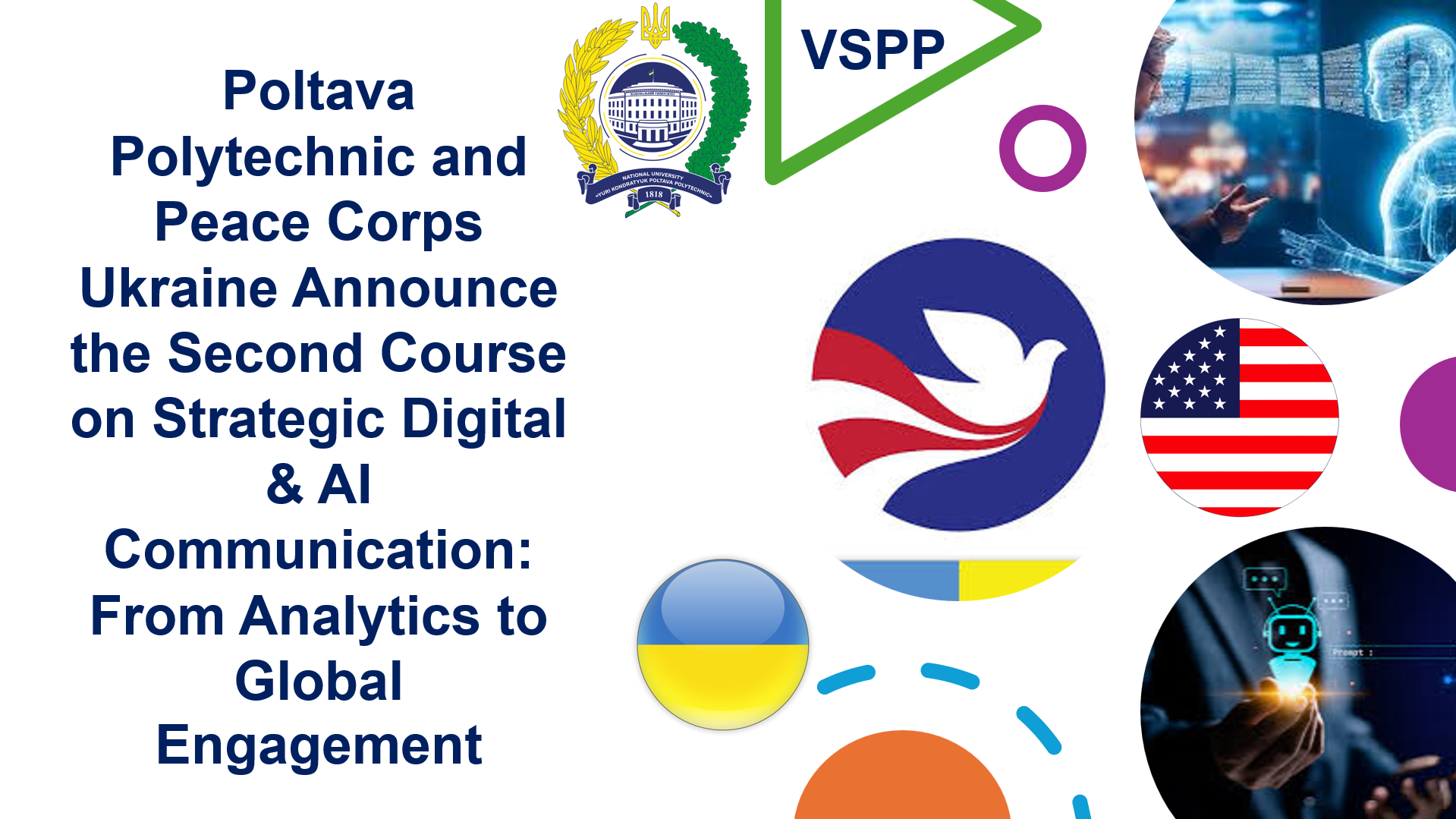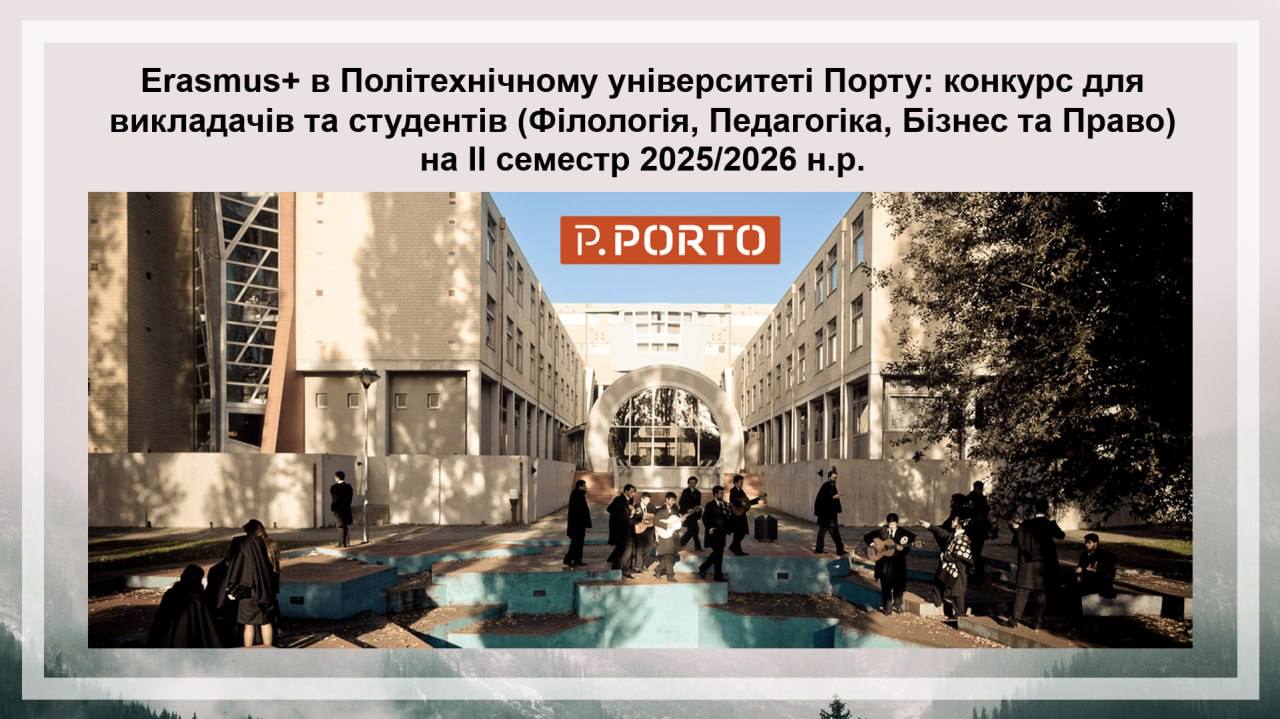From November 29 to December 7, 2021, an online training “Digital transformation of youth organizations” was held by the Greek organization “Youth and Lifelong Learning Foundation”. Lecturers, teachers and youth workers from Germany, Austria, France, Portugal, Spain, Morocco, Tunisia, the Czech Republic, the Netherlands, Bulgaria, Greece, Latvia, Turkey, Cyprus, Georgia, Azerbaijan, Lebanon and Jordan took part in this project. The only participant from Ukraine was a lecturer of the Faculty of Humanities of Poltava Polytechnic Anna Pavelieva.
The training was designed for representatives of youth organizations at all levels to improve the so-called “online presence” or “online footprint”, in particular, it studied how to help organizations with limited technical abilities to digitalize, how to promote the digitalization of rural youth organizations, and how to successfully implement the EU’s new youth policy. The training was conducted in a mixed format: 5 days of intensive training in ZOOM were combined with a course on the MOOC-platform “HOP”.
Coaches Carmine Rodi Falanga, Antonela Cotsoni and Panagiotis Antonopoulos told the participants about online media and popular search engines, such as “YouTube”, “Reddit” and “QAnon”, key competencies of Erasmus+ and Youthpass (the so-called “Youth Passport”, a European certificate, received by each participant in youth exchange, training or volunteering under the Erasmus+ program), core competencies of “lifelong learning”, MOOC “HOP” opportunities – platforms for online courses within the framework of Erasmus+ and European Solidarity Corps programs.

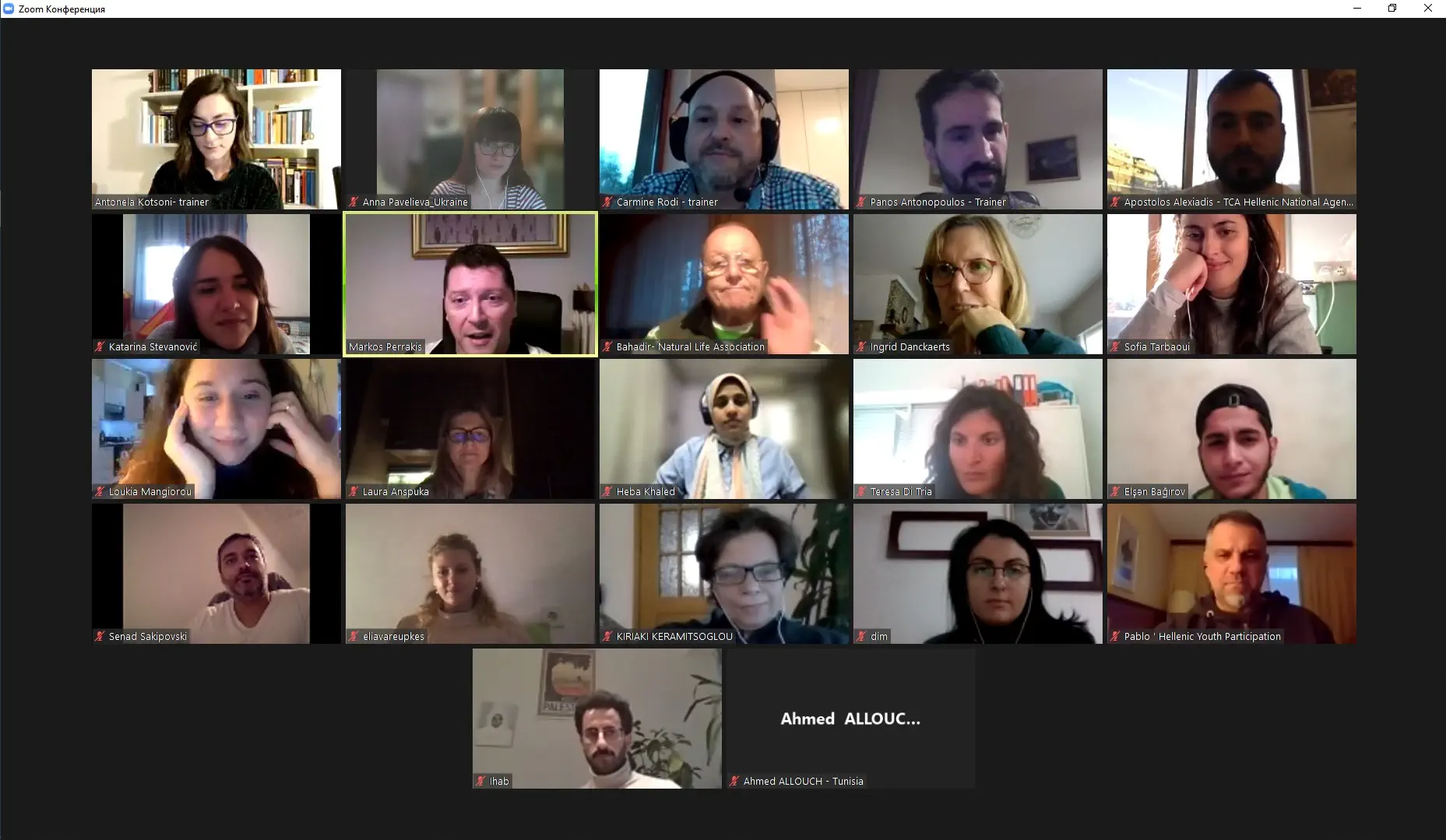
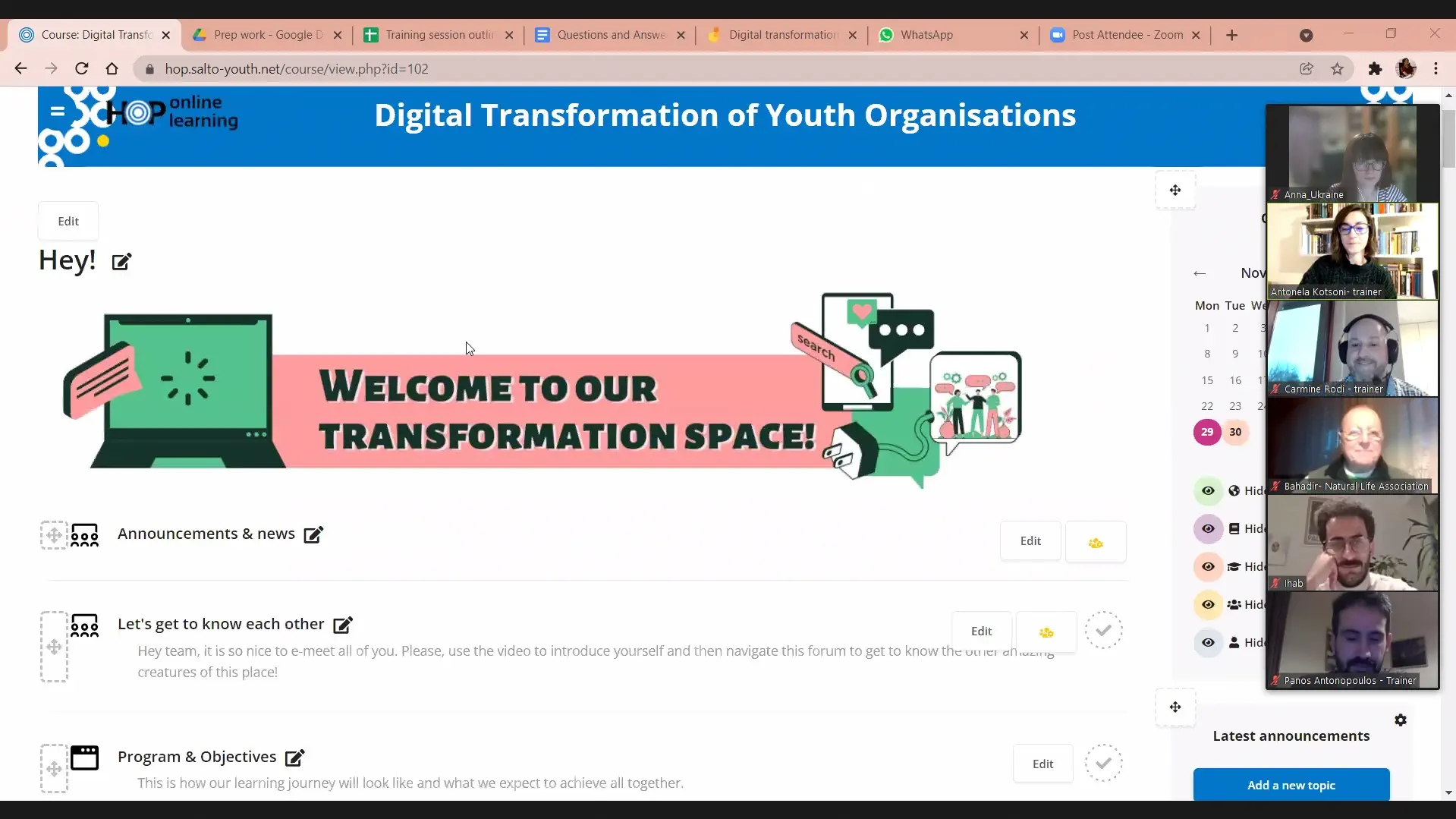
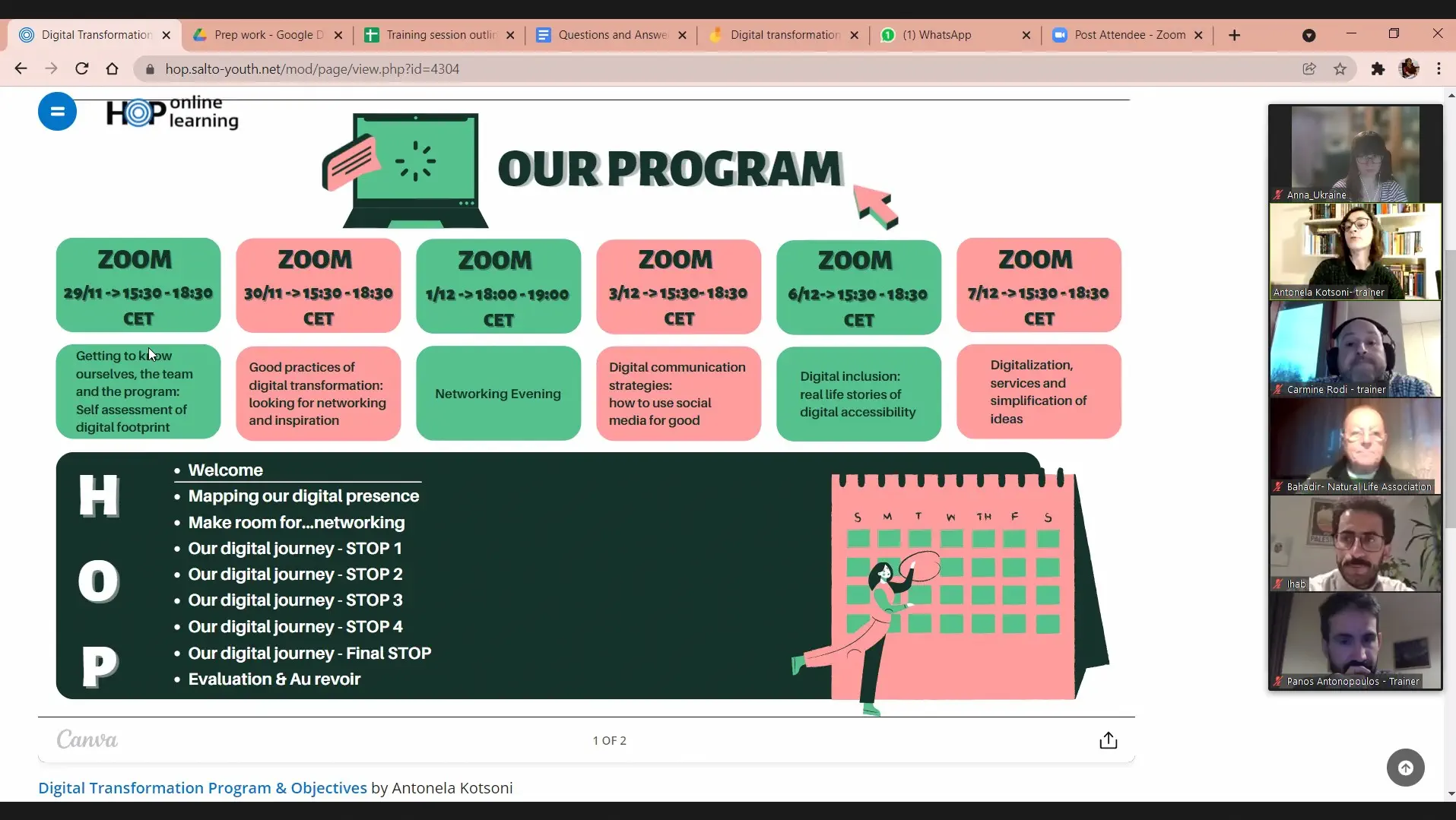
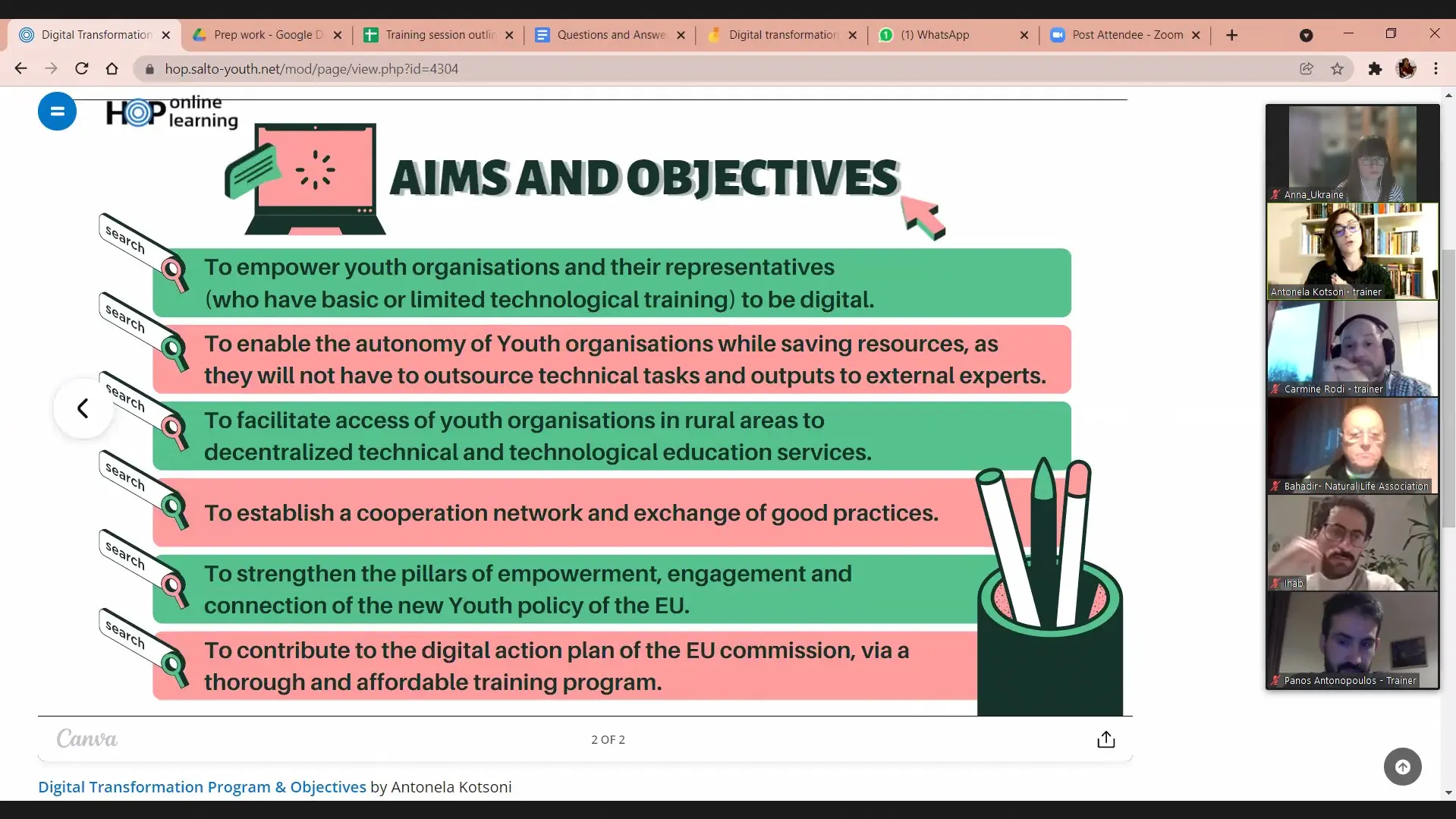
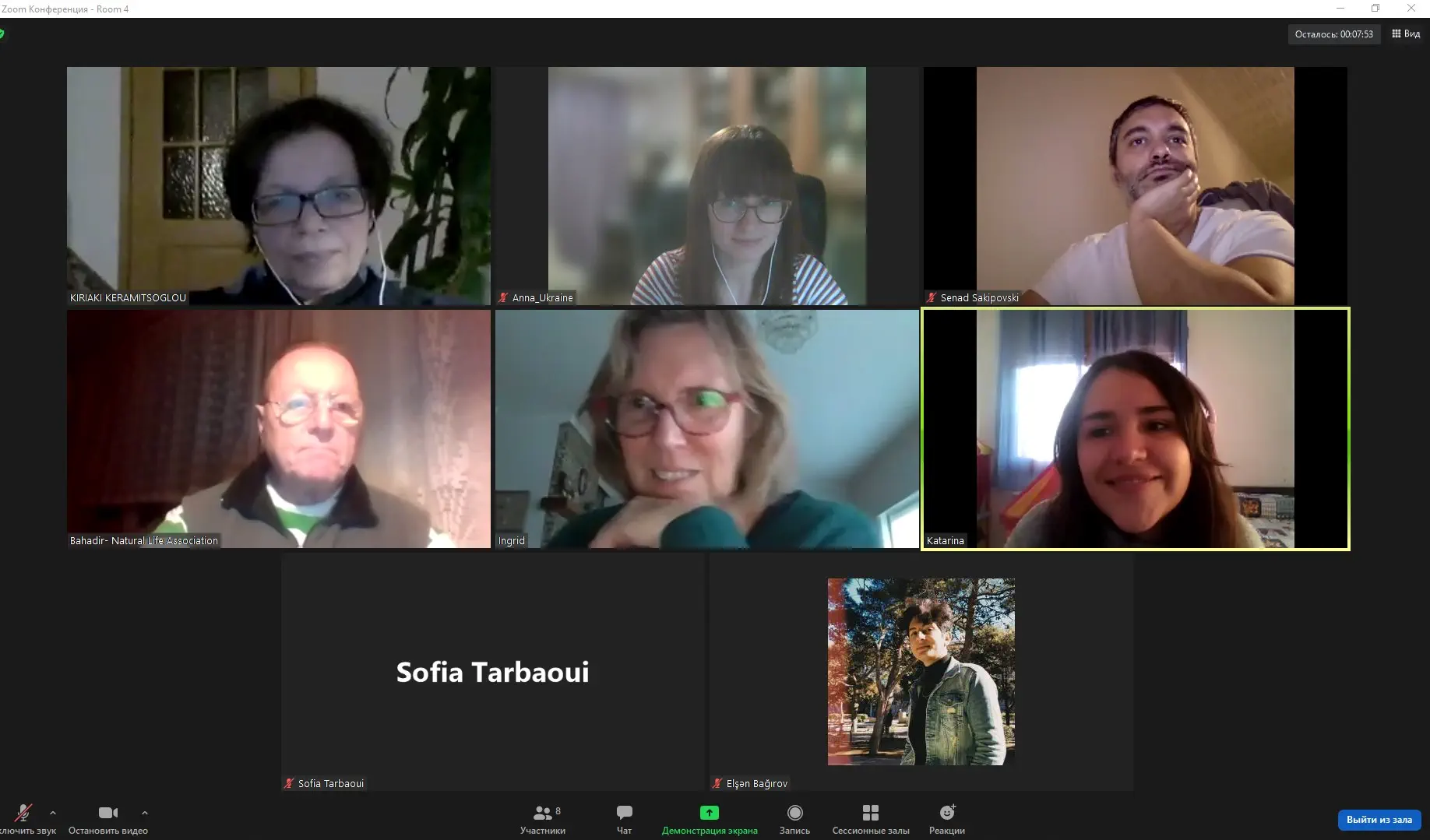
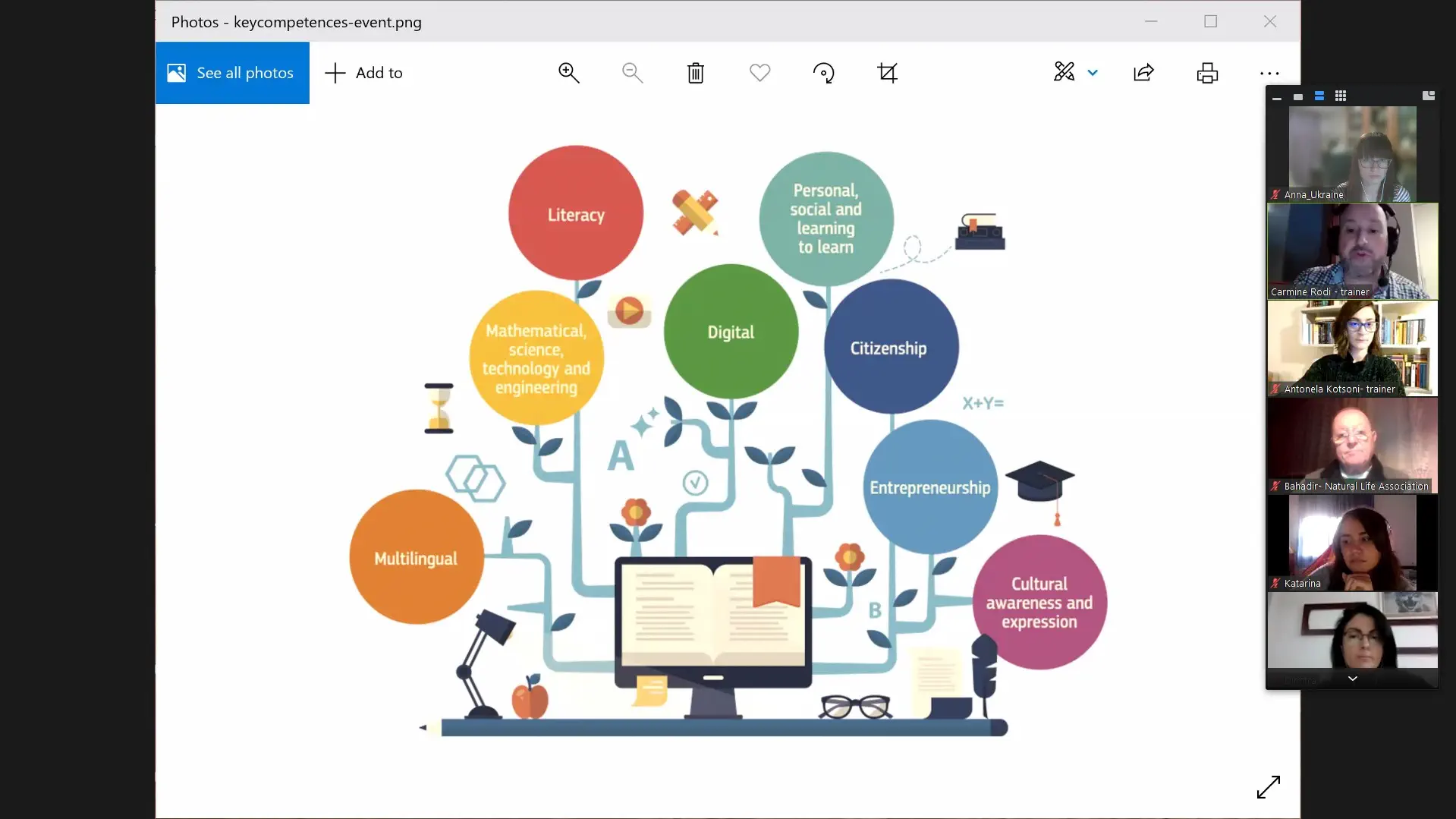
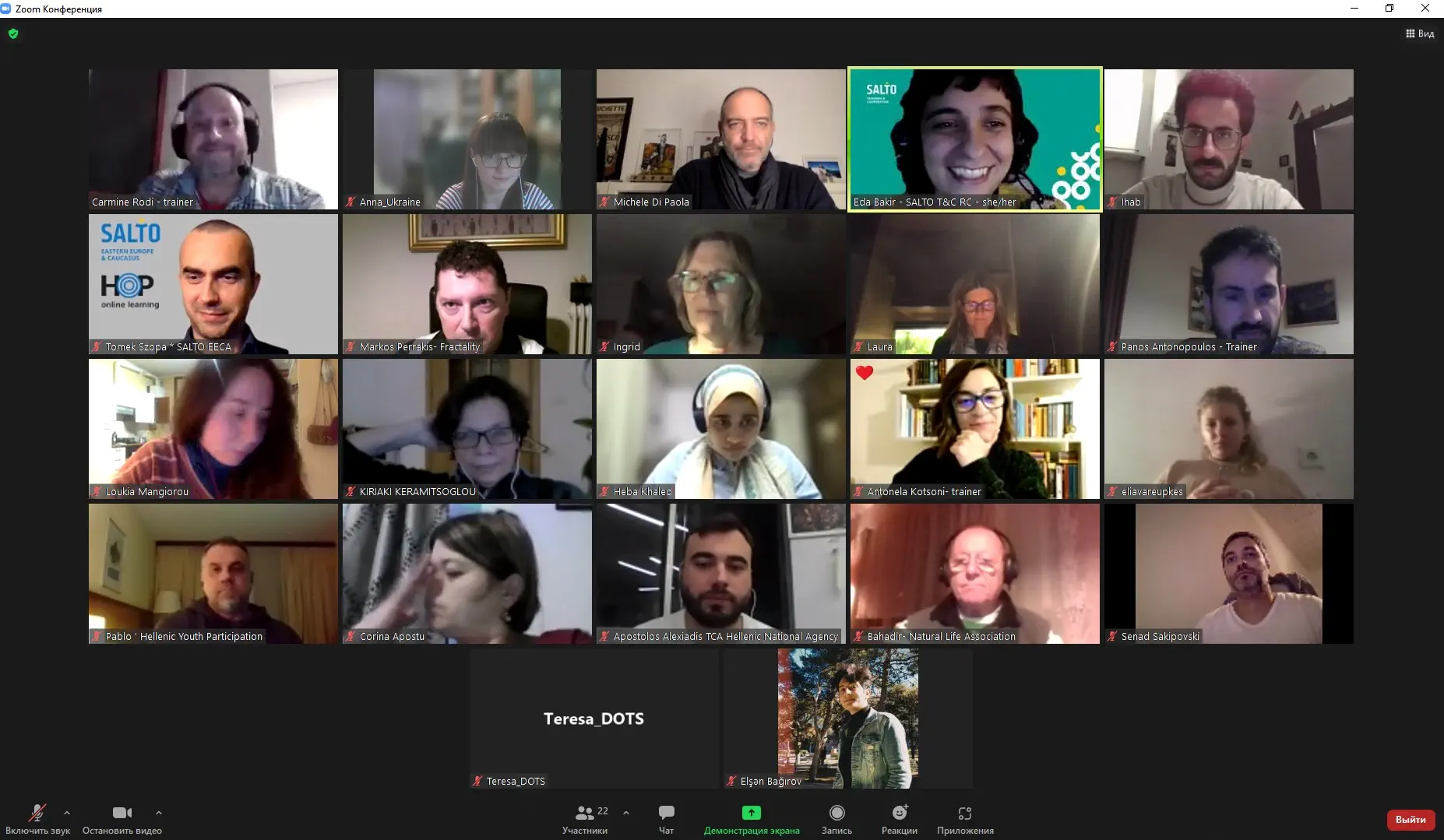
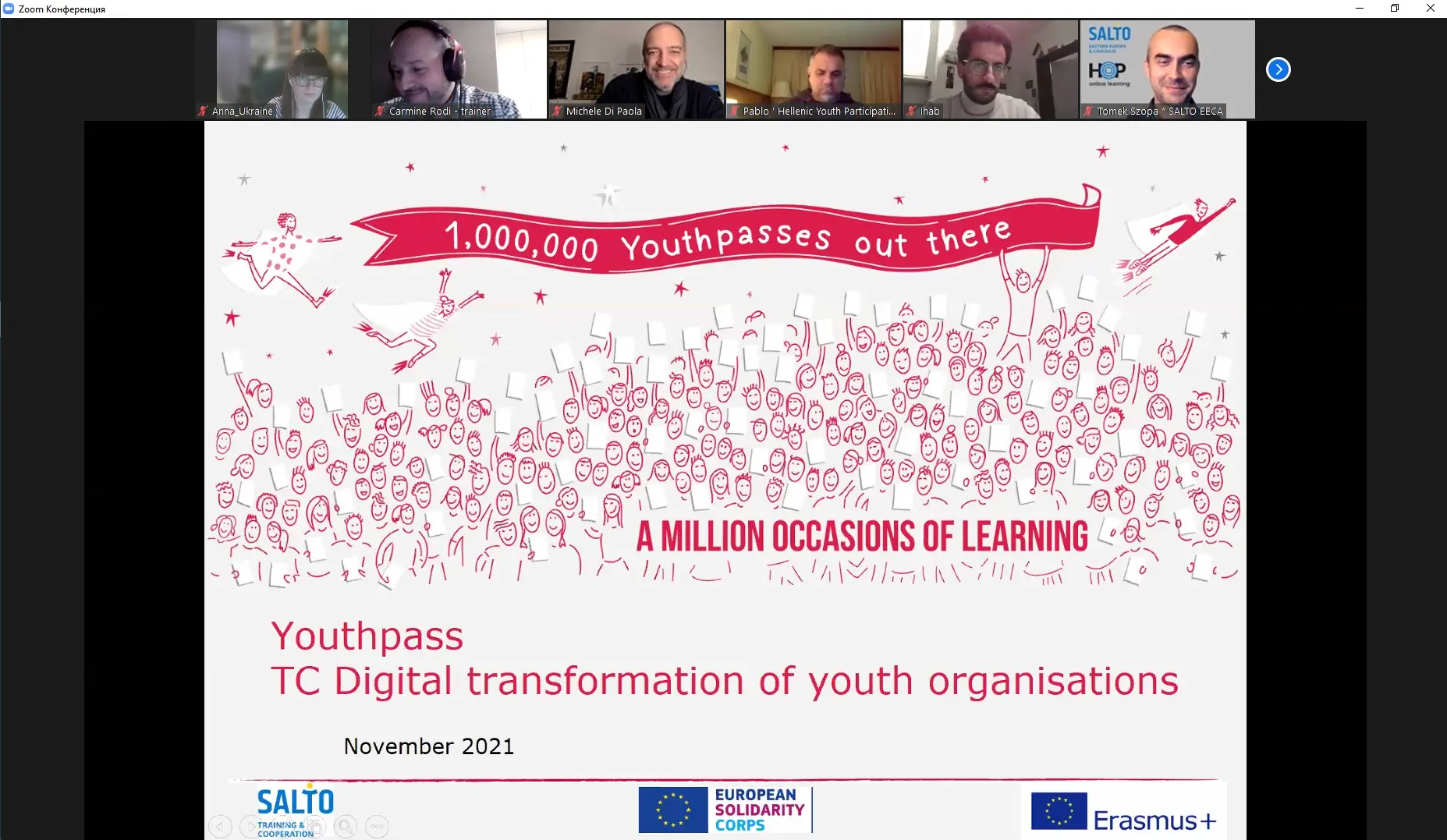
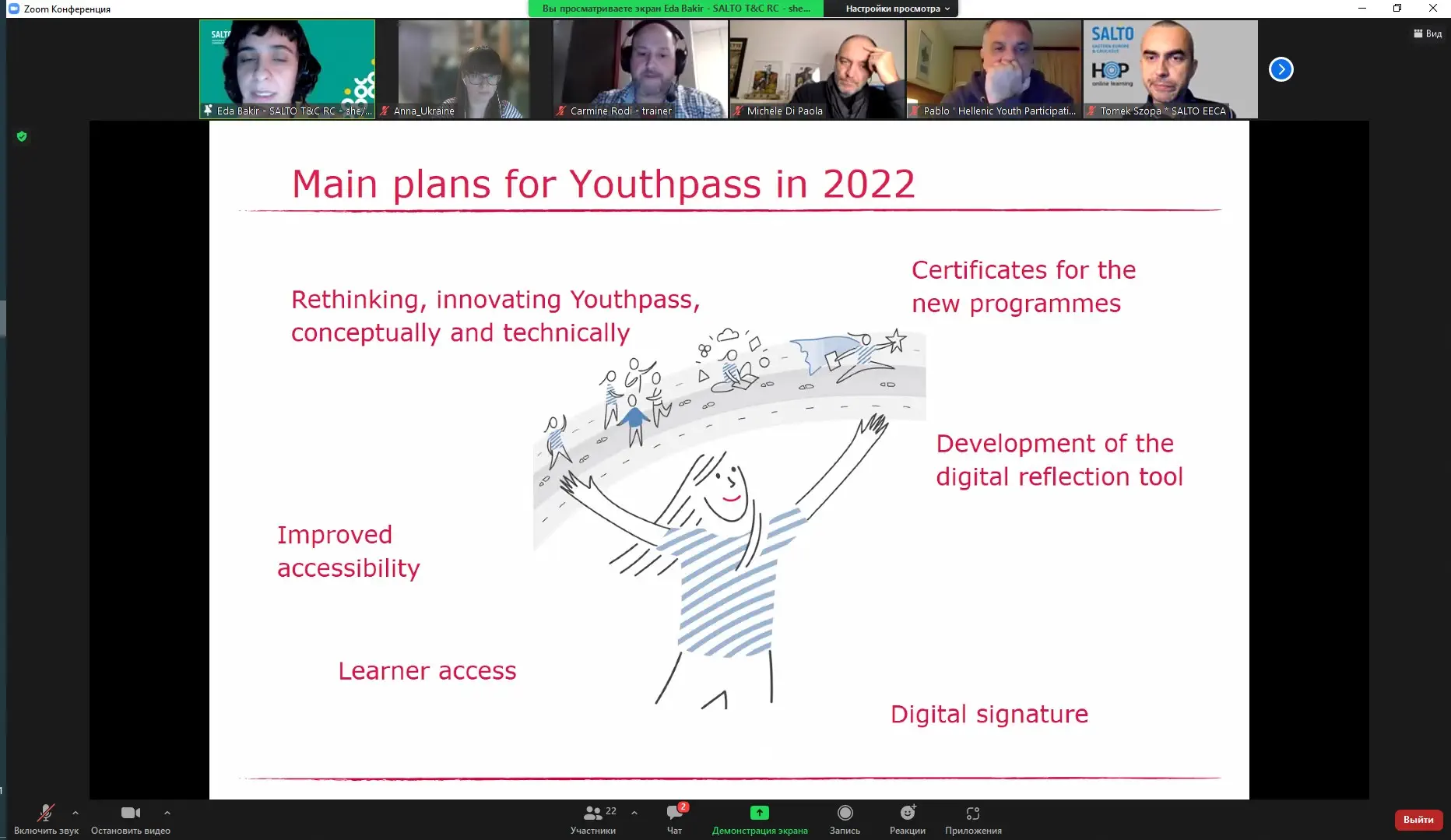
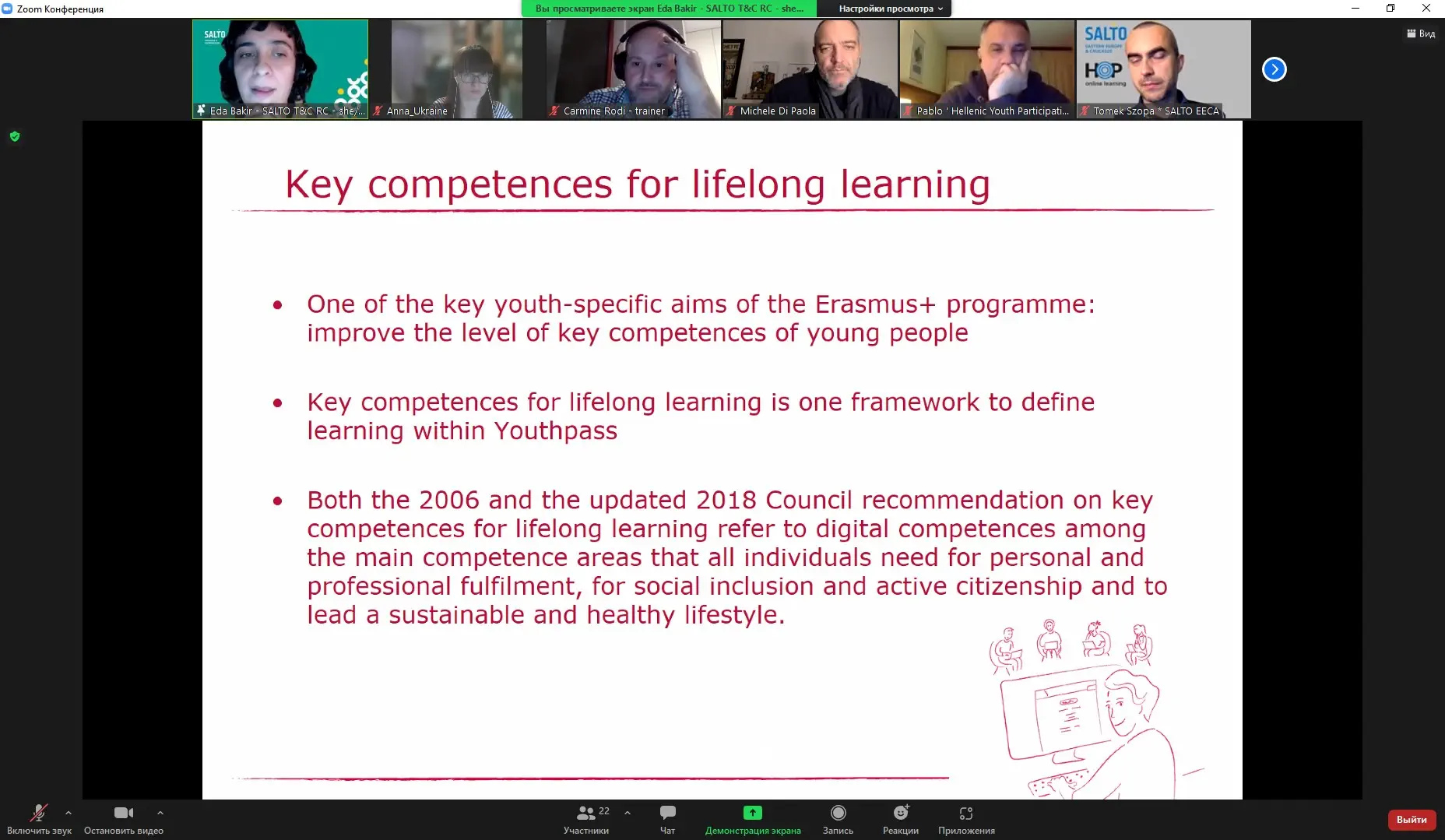
During the training, participants learned how to organize webinars, streams and podcasts, how to create websites, work with interactive whiteboards and planners Trello, Asana and Basecamp, learned about the psychology of color as well as shape psychology in design and how to use it in everyday work-life, how to choose the right digital tools for one’s work, what is “brand” and “branding”, how it differs from “marketing” and why it is needed in today’s world.
Emphasis was placed on digital communication strategies and ways to benefit from social networking and media, as well as digital inclusion: how to make a university website, blog, podcast more accessible to the visually impaired or hearing impaired persons, how to make website navigation more convenient for users with disabilities. The EU strategy on digital competences of educators was considered separately.
“I learned a lot about digital tools – from new interactive whiteboards, tutorials and creating a website to using certain fonts, pictures, colors and shapes in my presentations to achieve the desired psychological effect. I have already tested some apps and programs in classes with my students. During this training, I heard about digital inclusion for the first time, since we have almost no websites adapted to the needs of people with disabilities,” – says the training participant – Candidate of Philology, Associate Professor of the Department of Germanic Philology and Translation Anna Pavelieva.
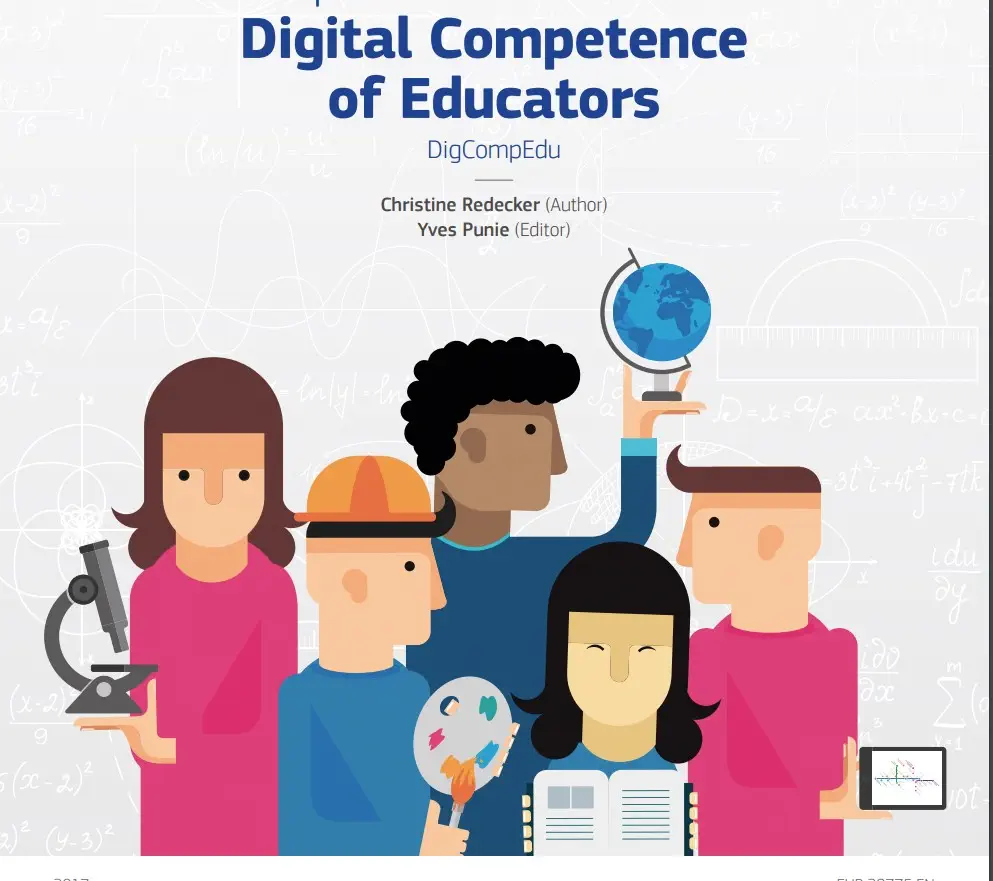
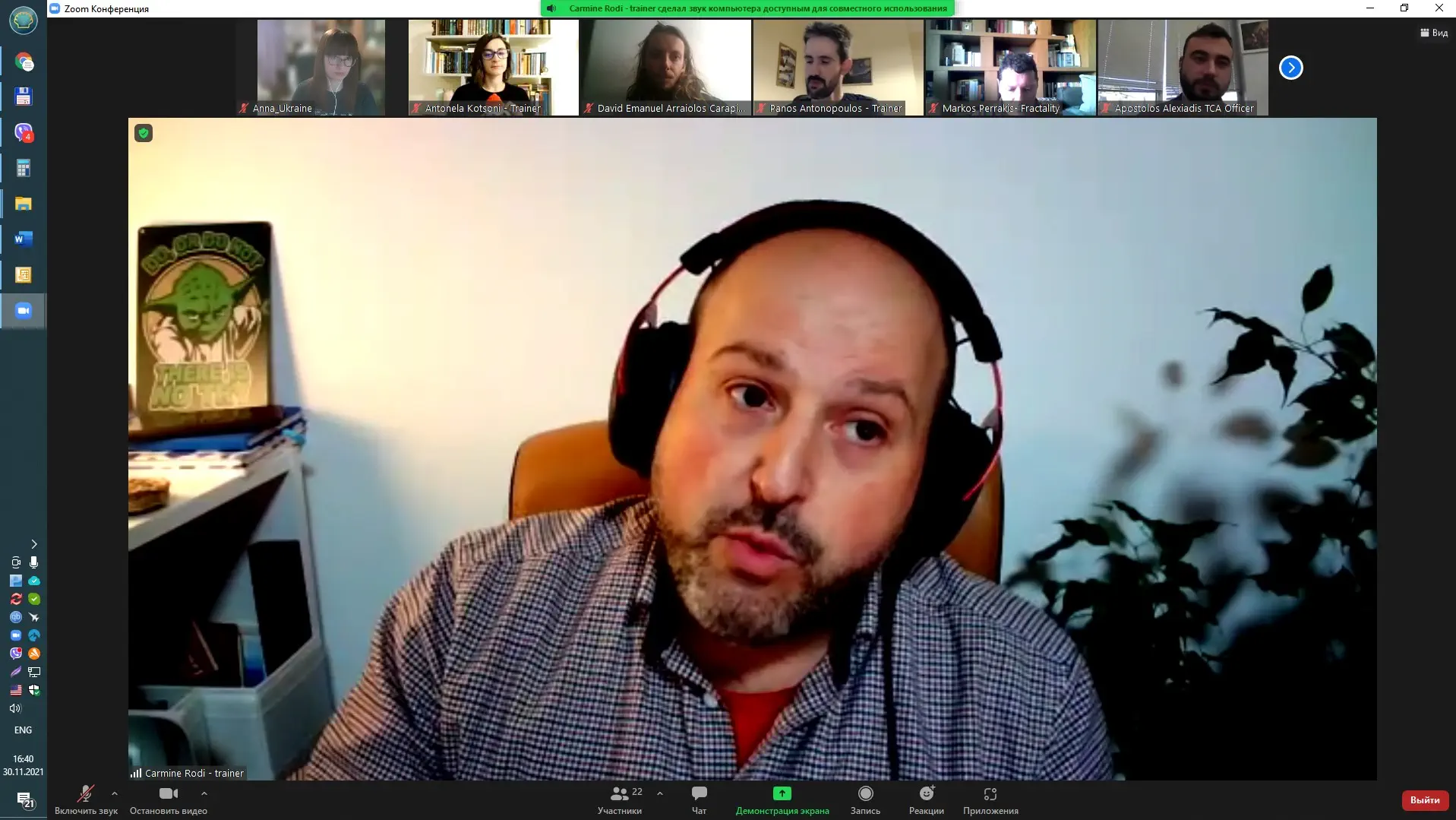
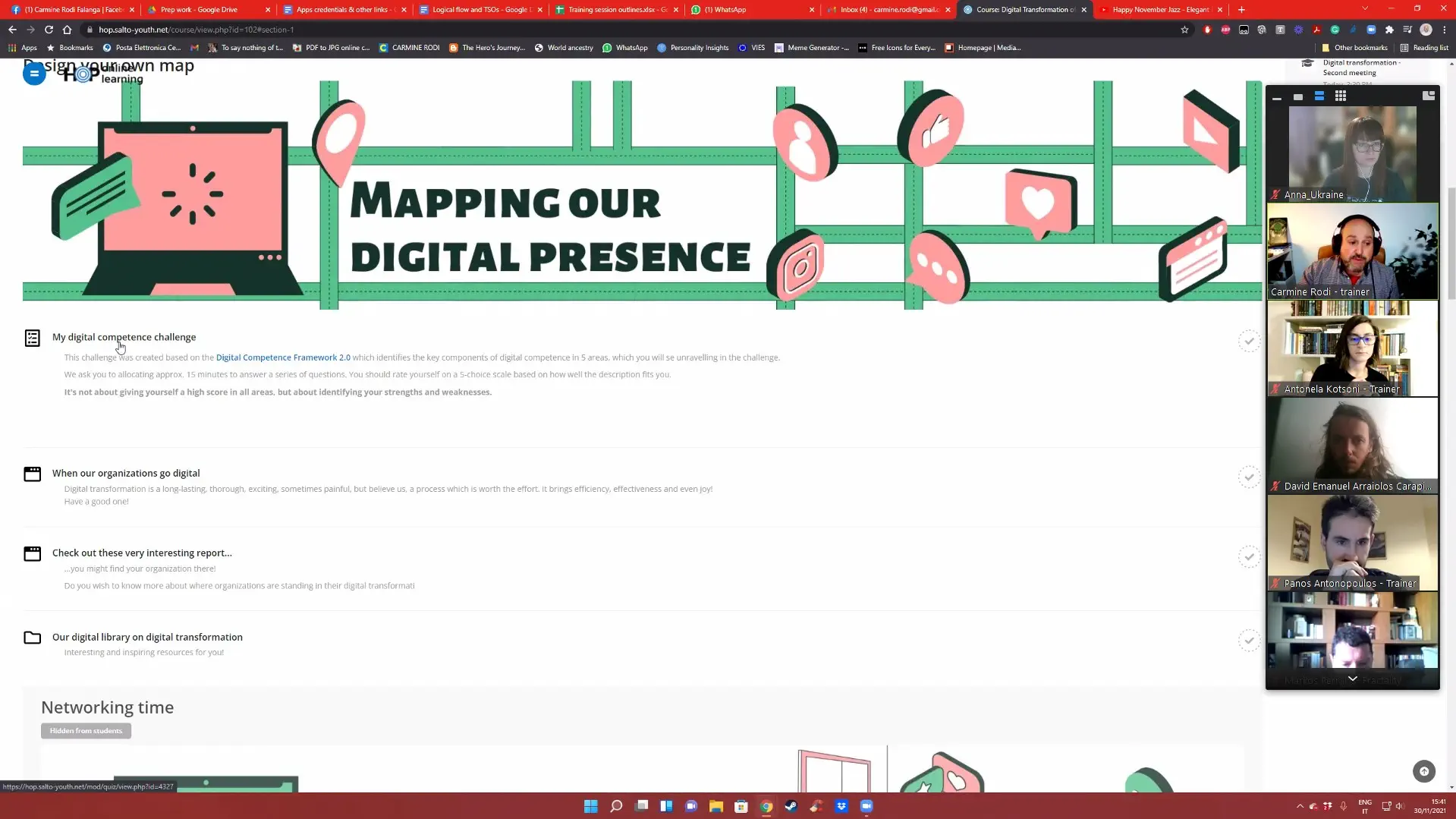
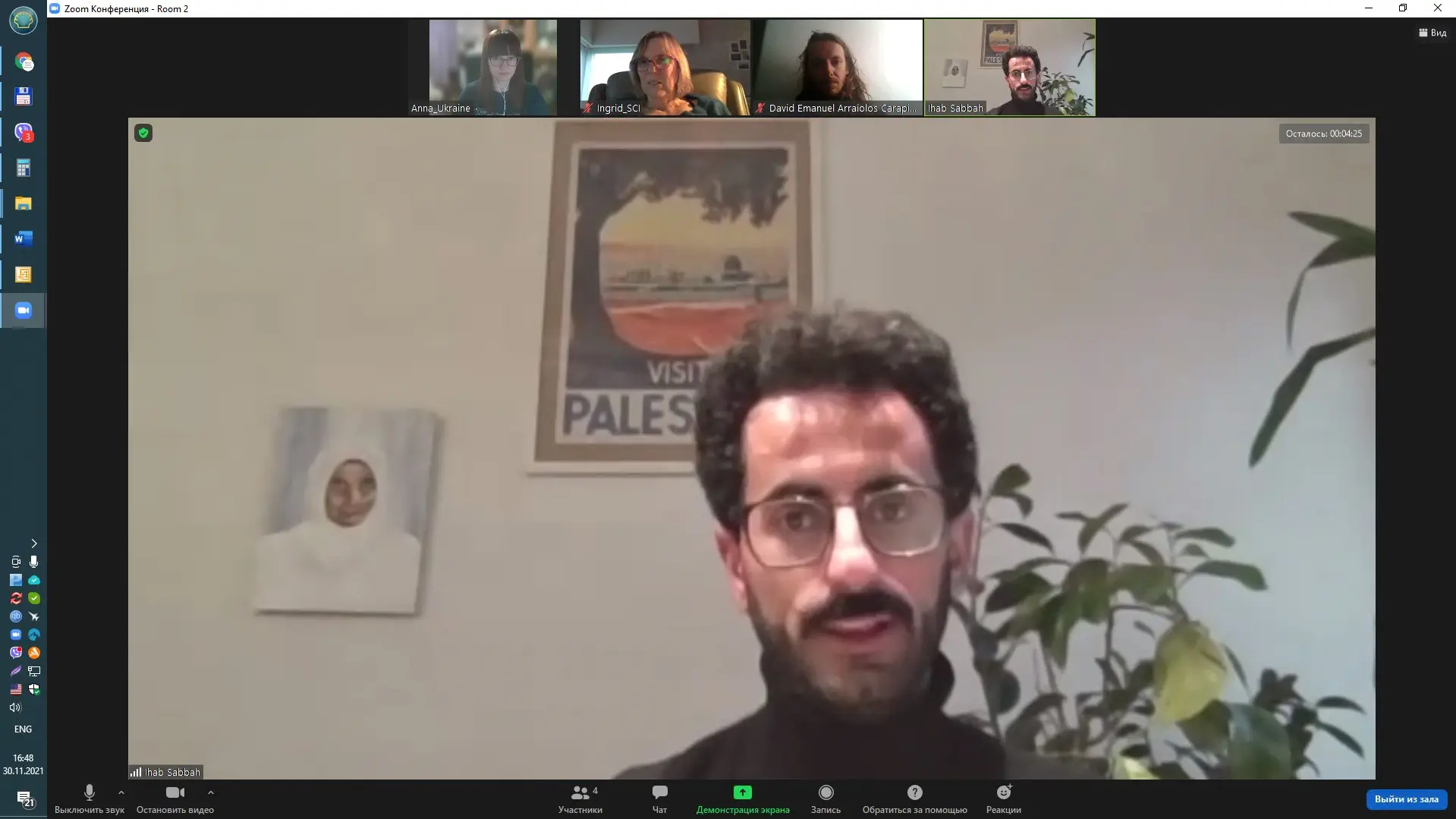
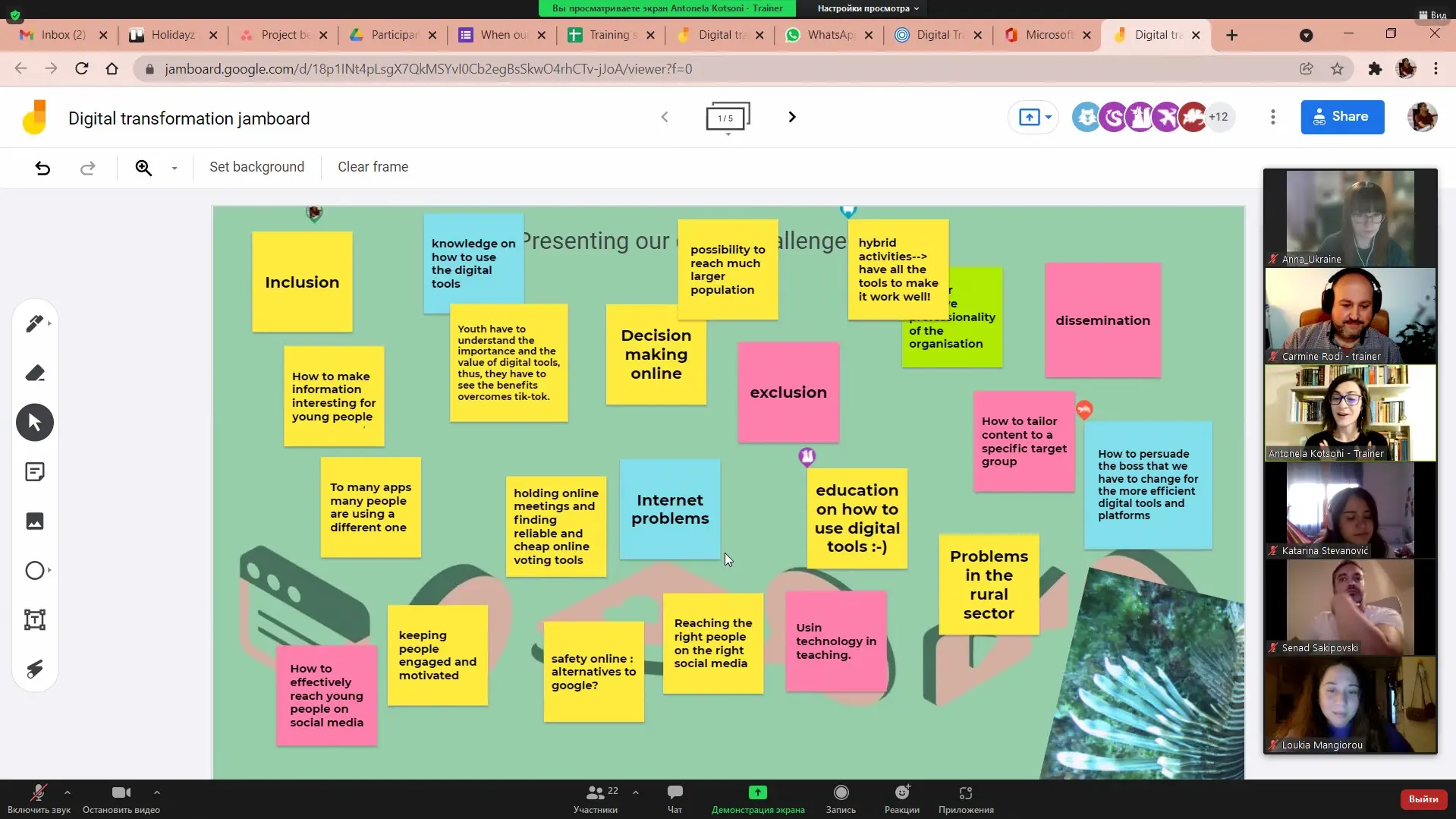
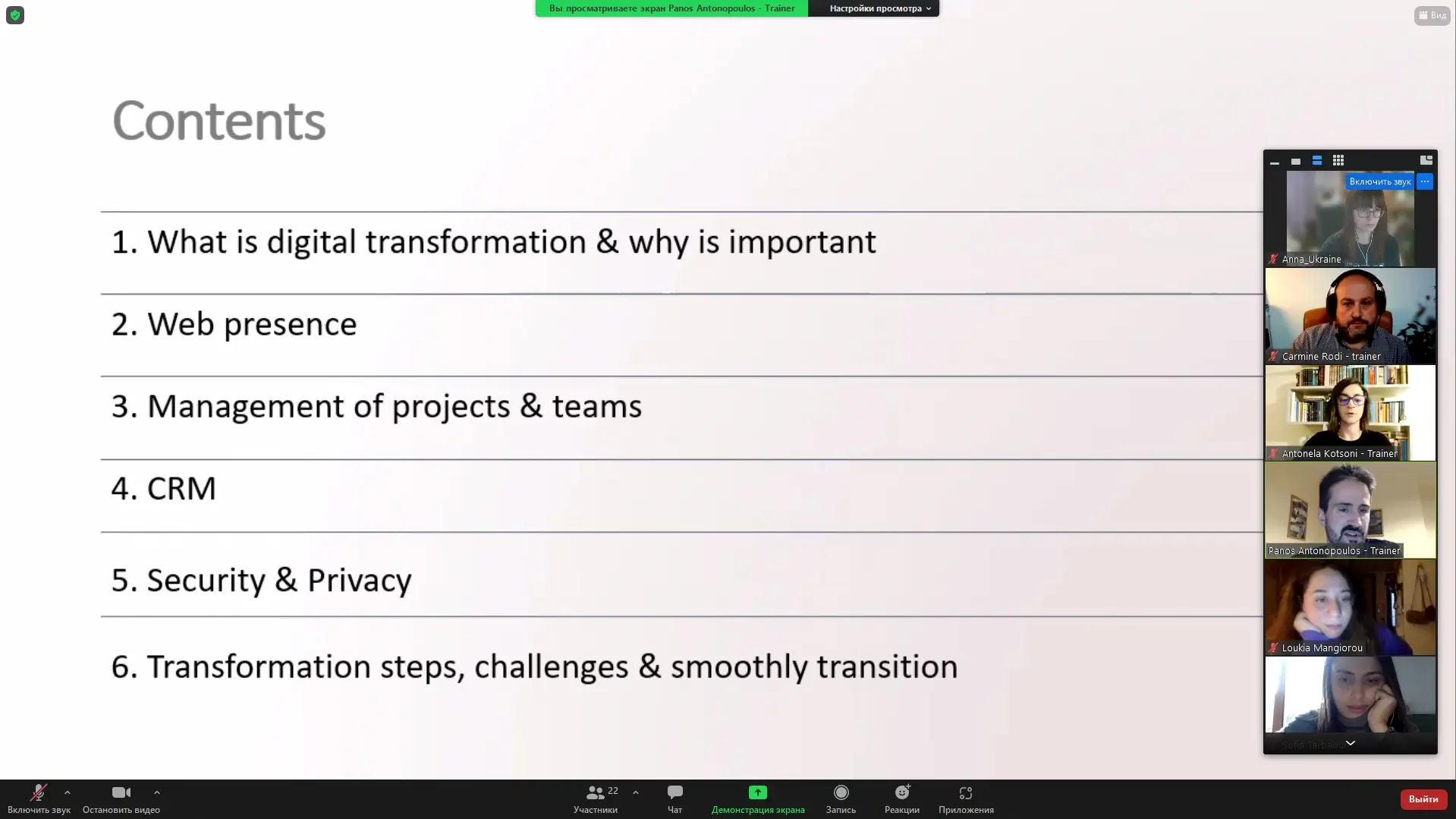
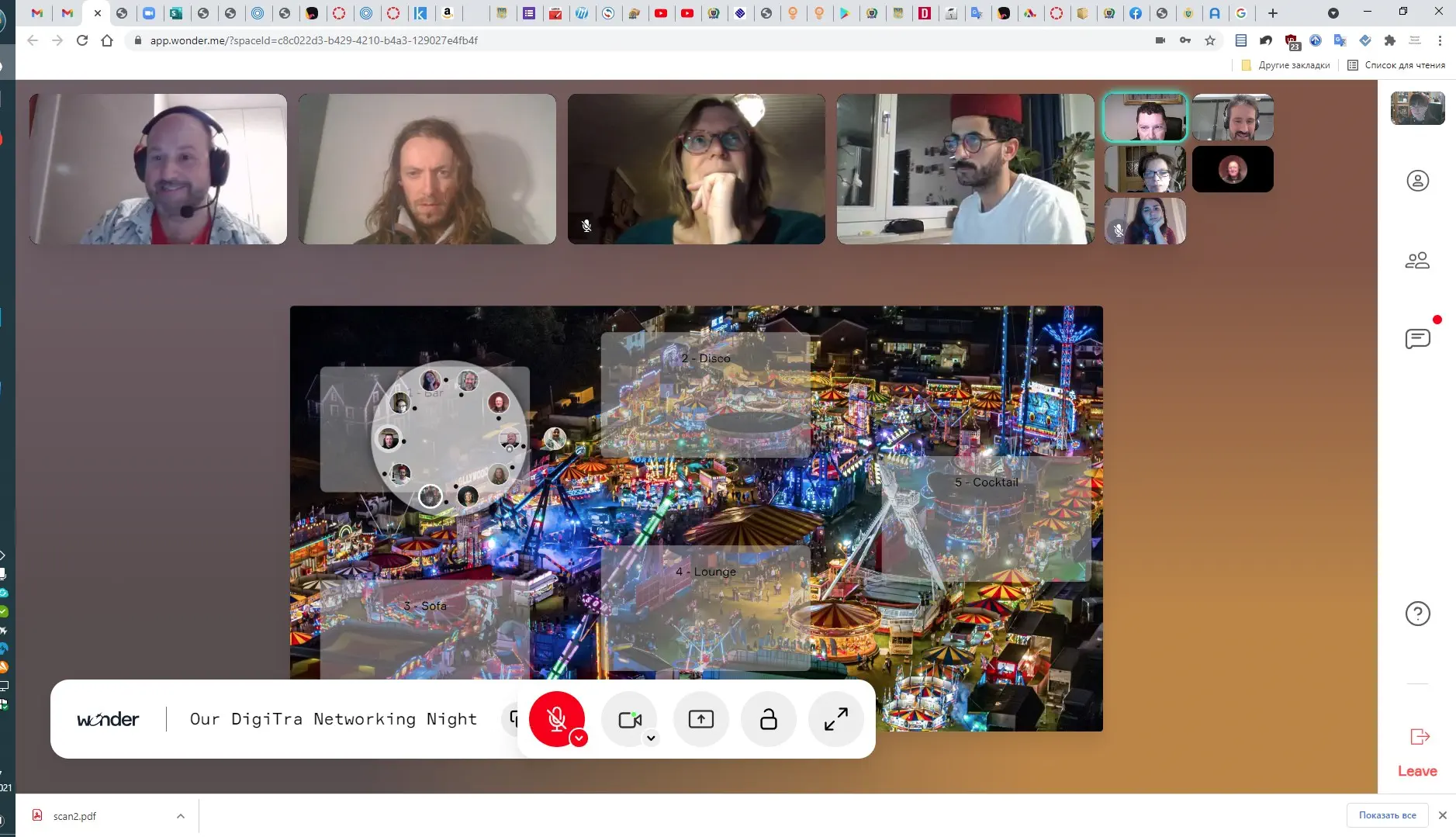
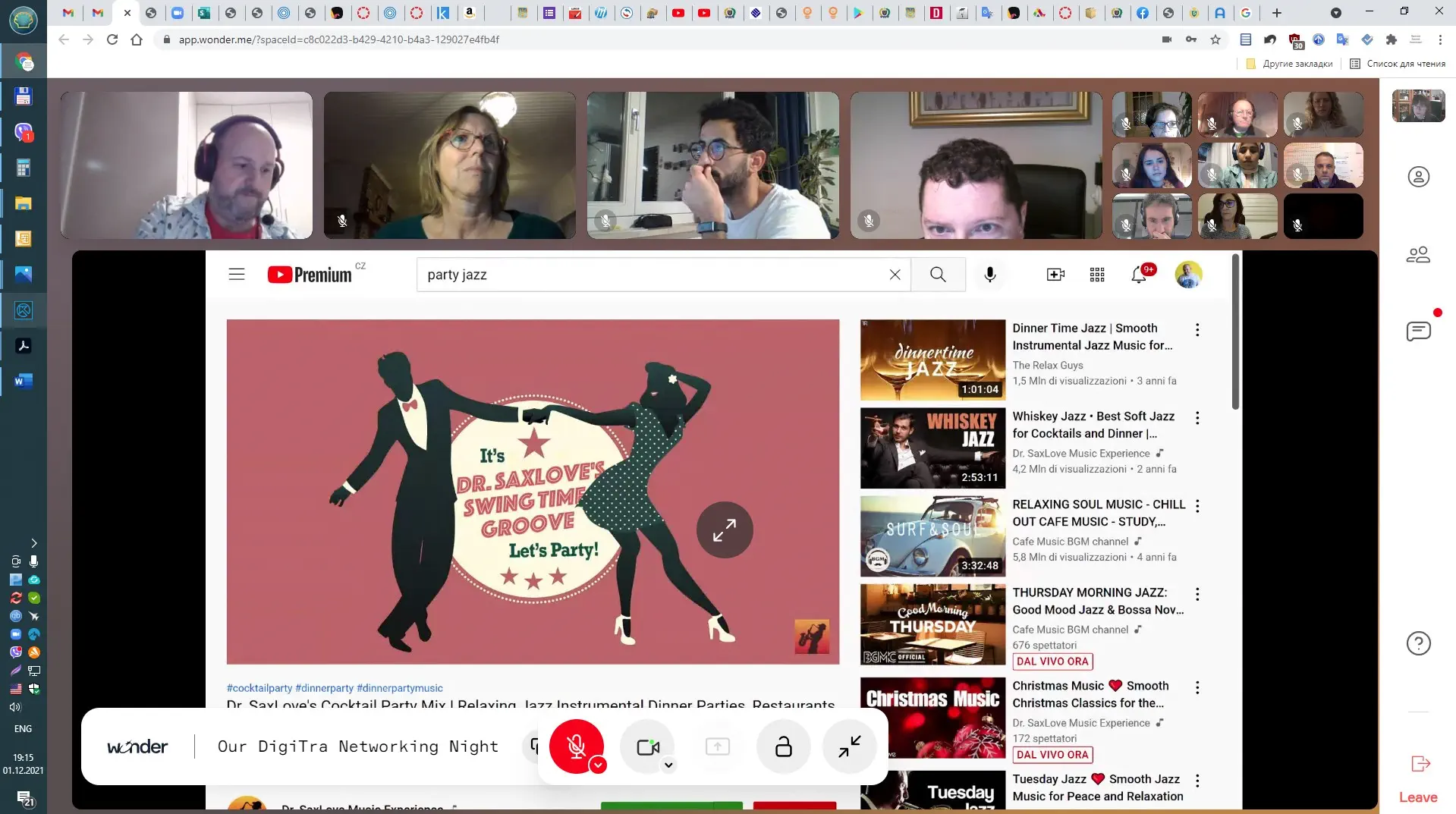
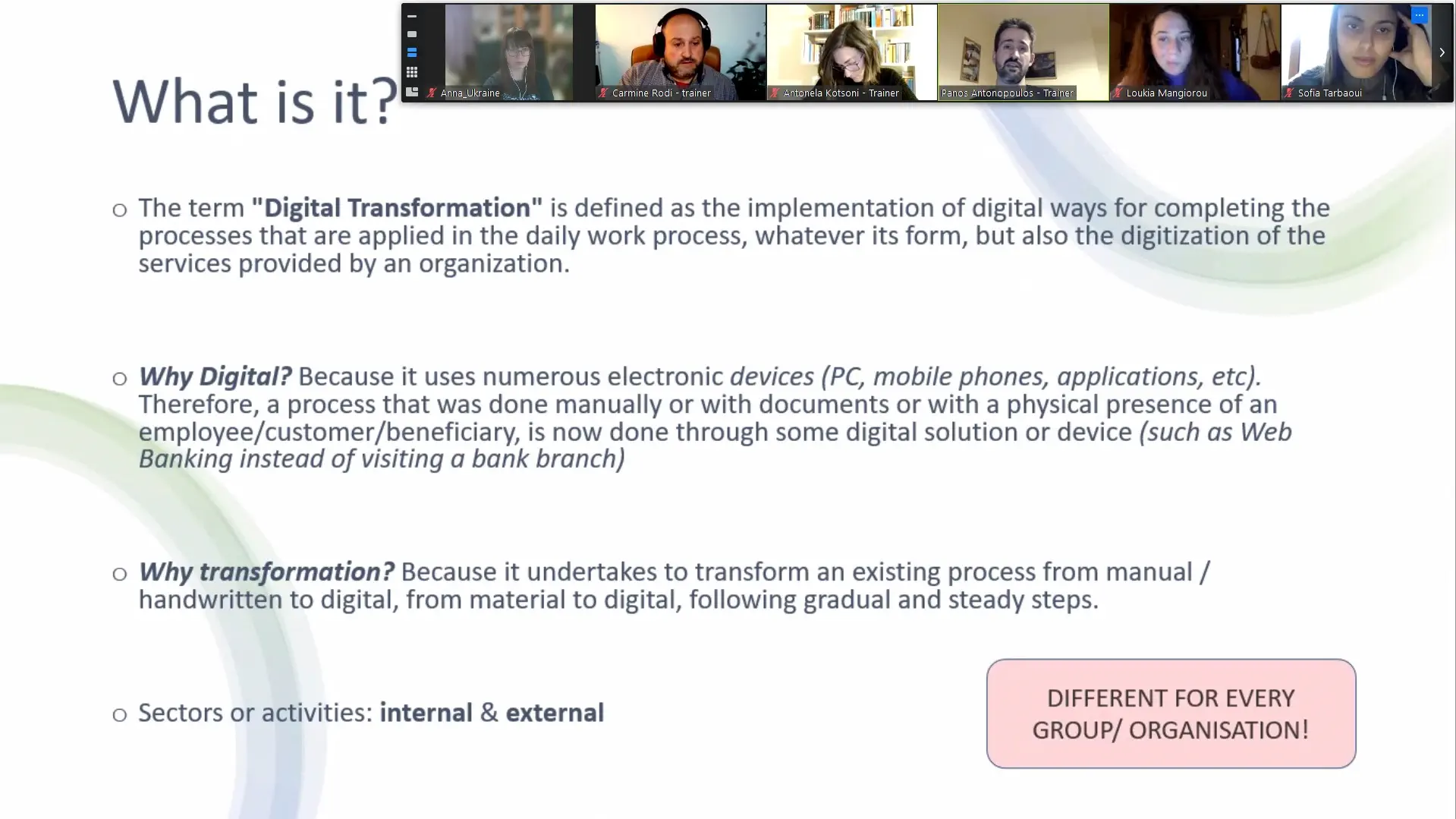
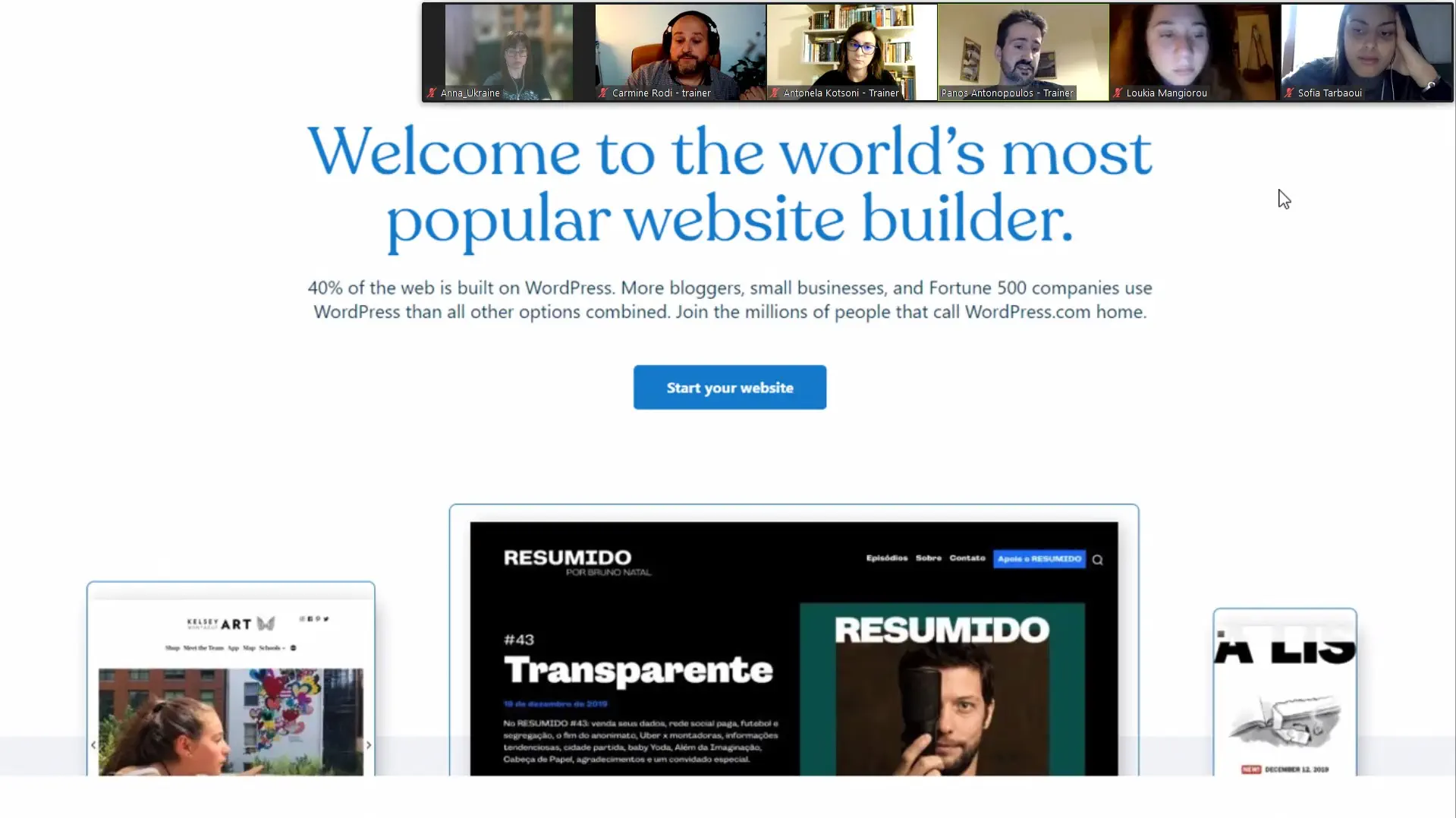
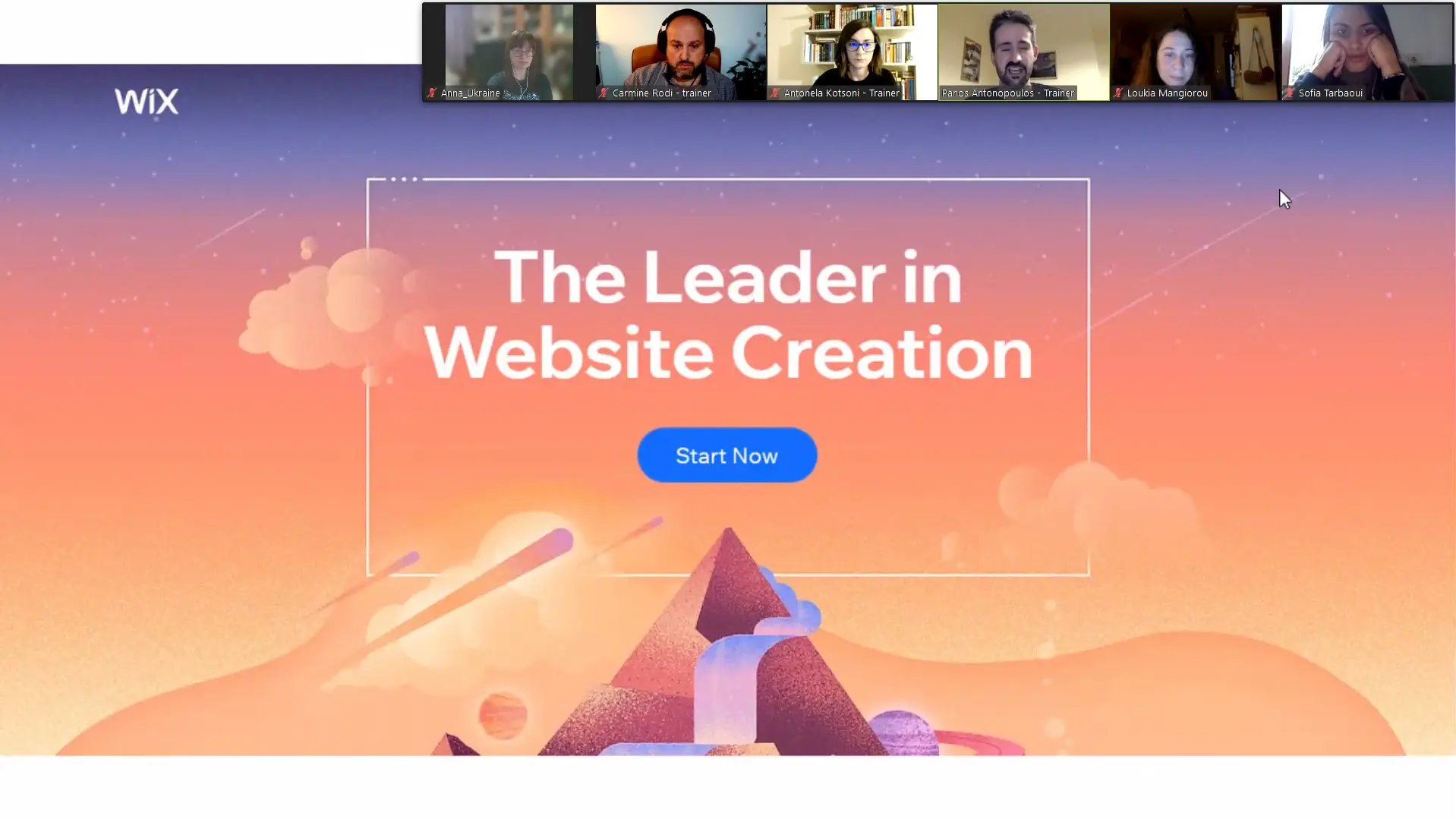
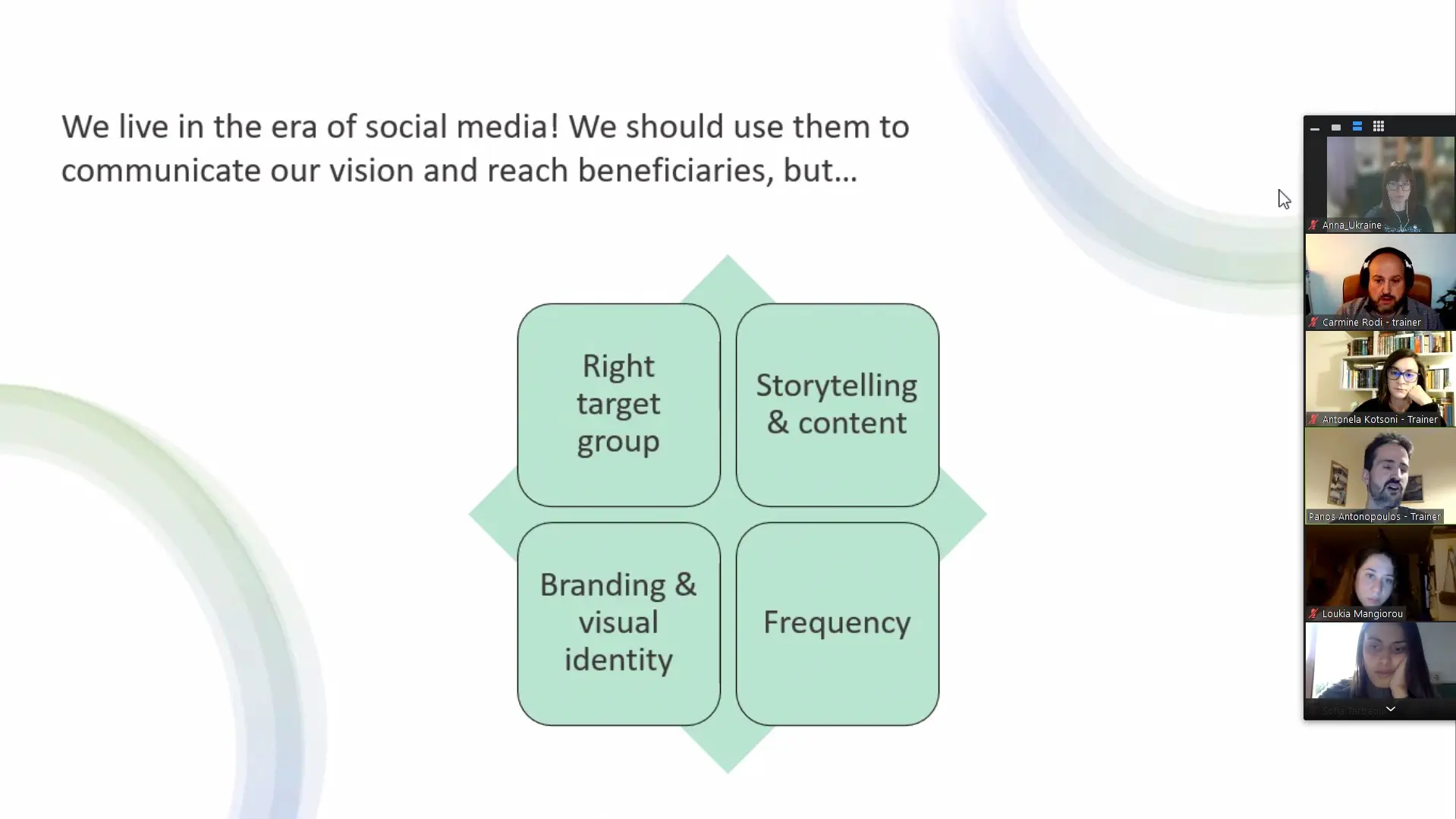
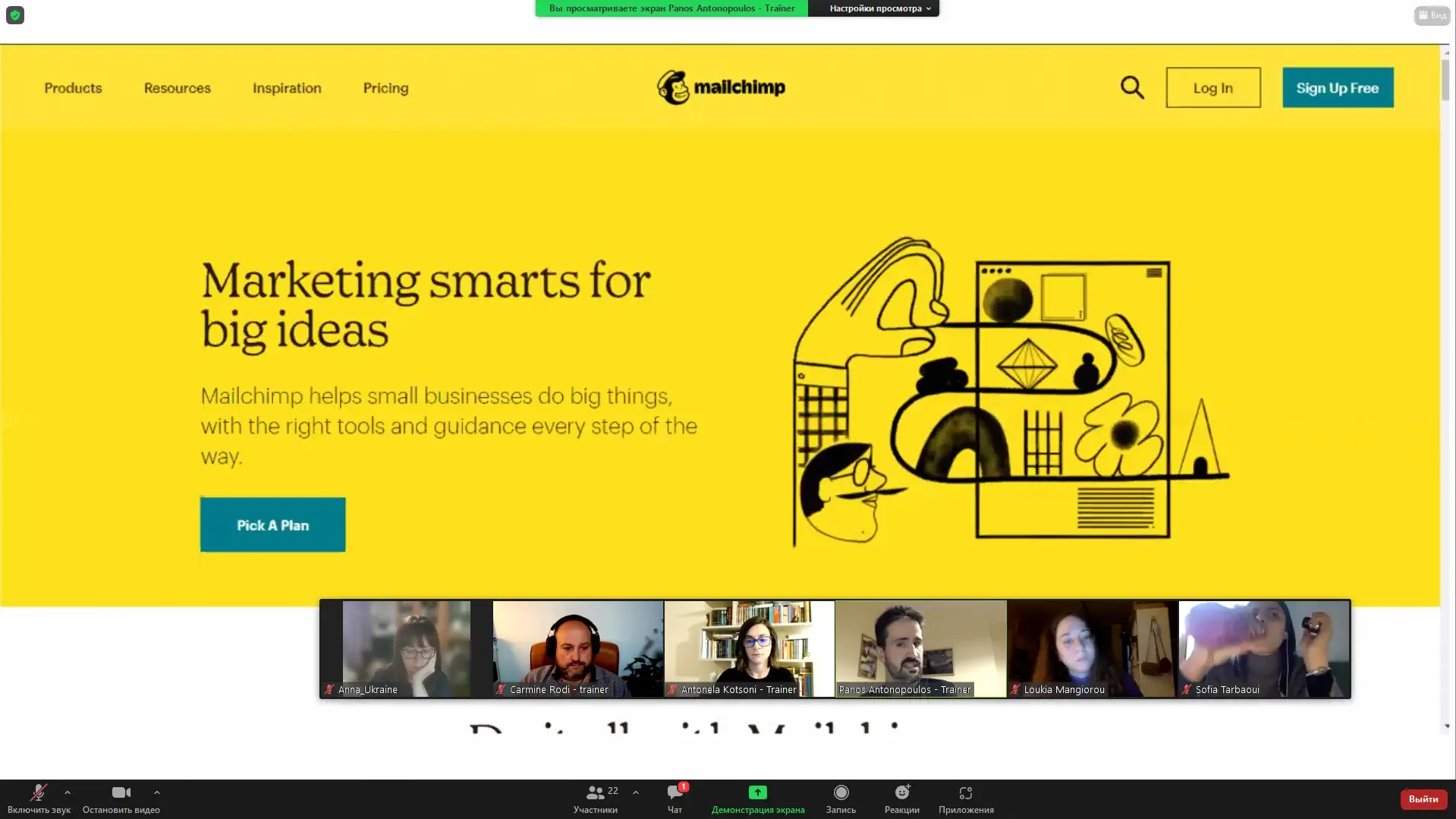
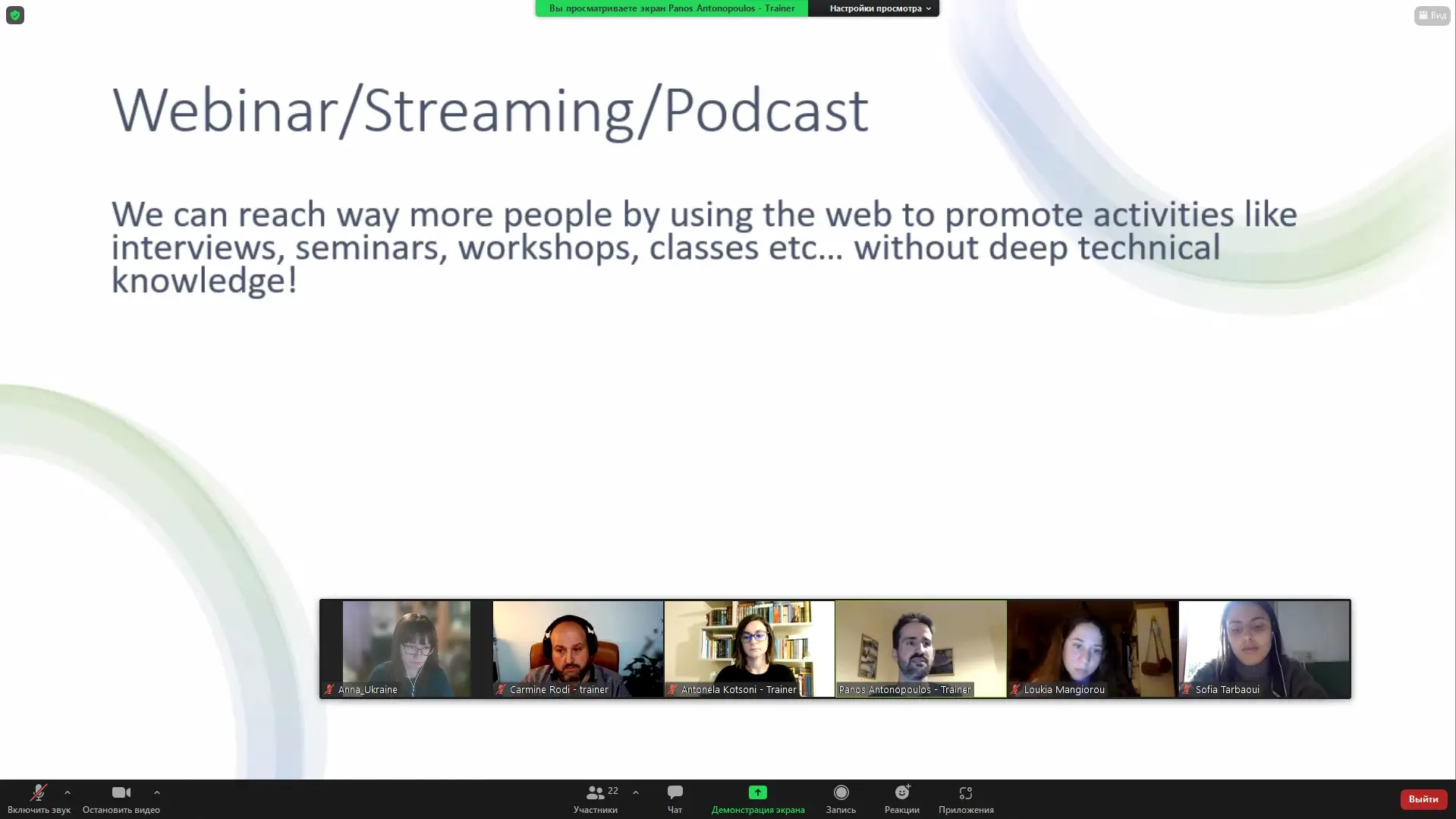
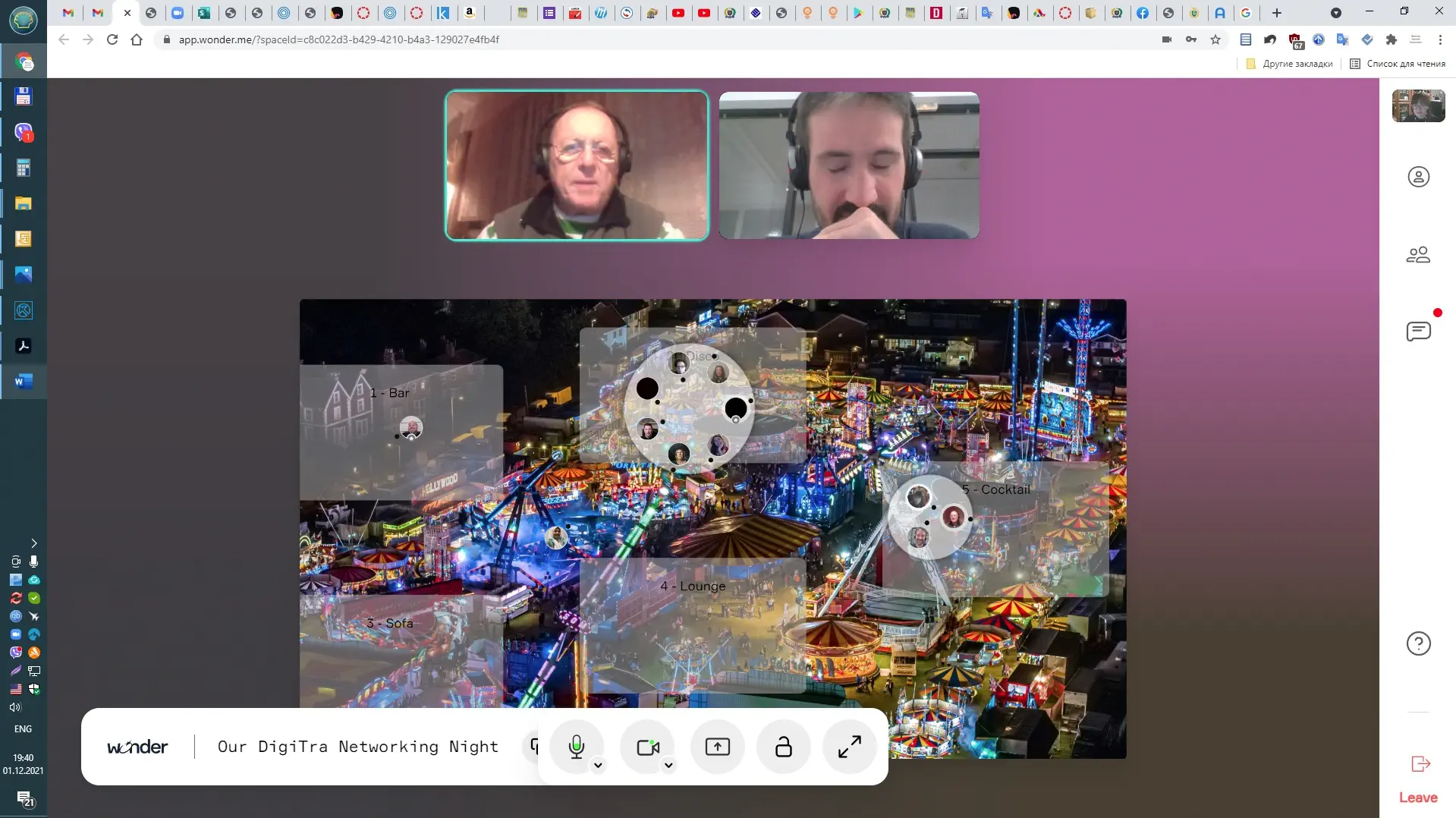
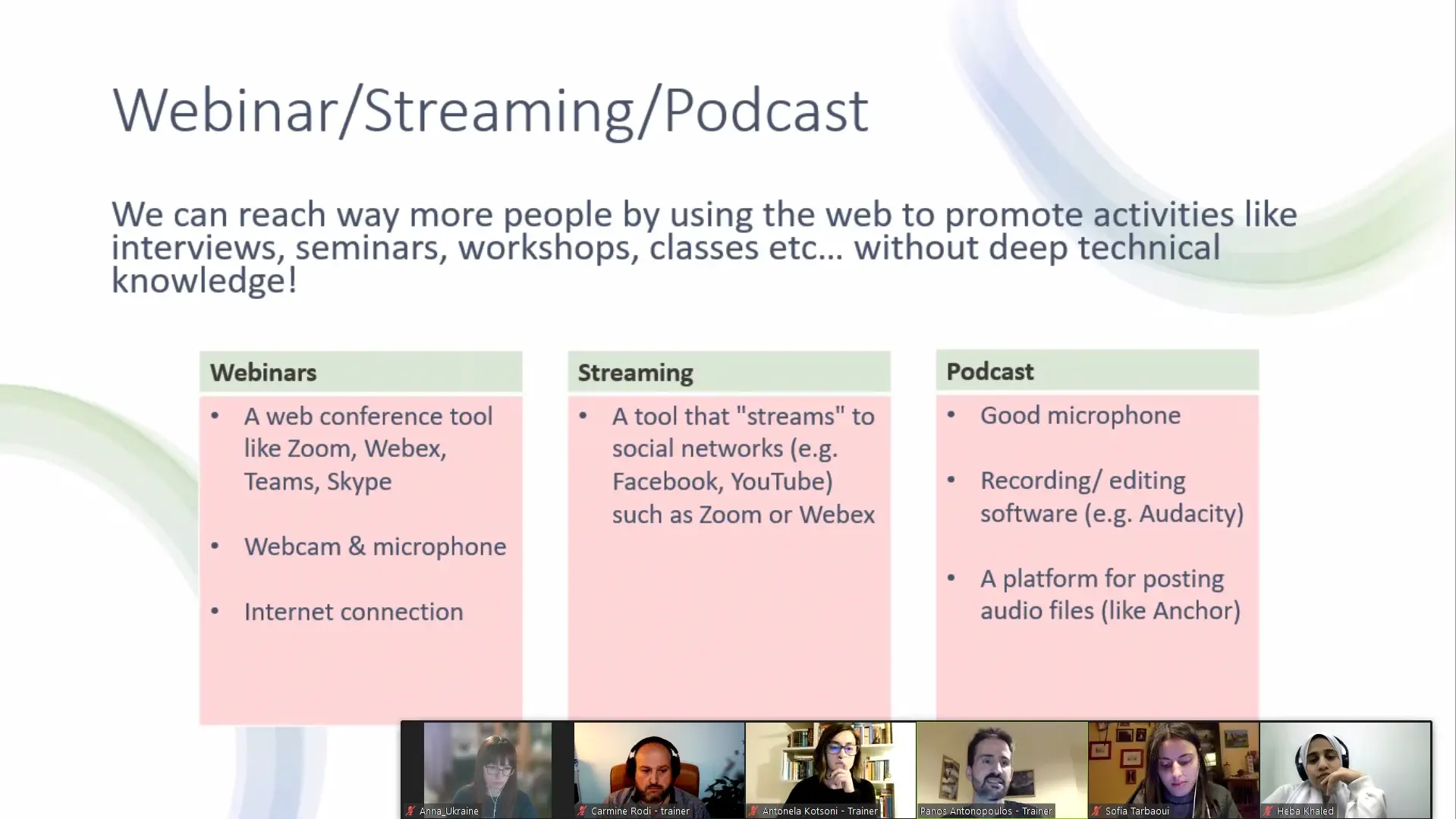
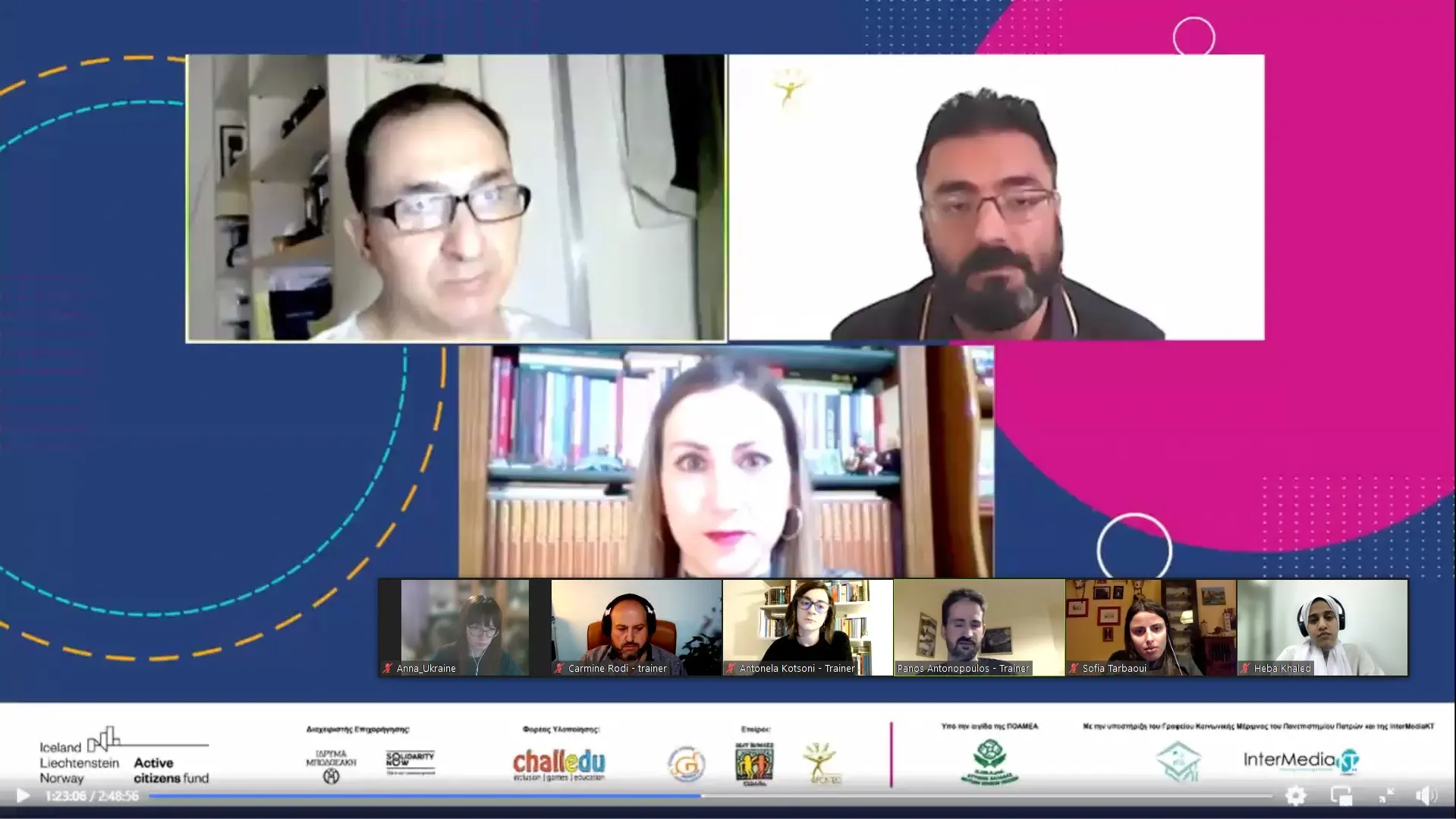
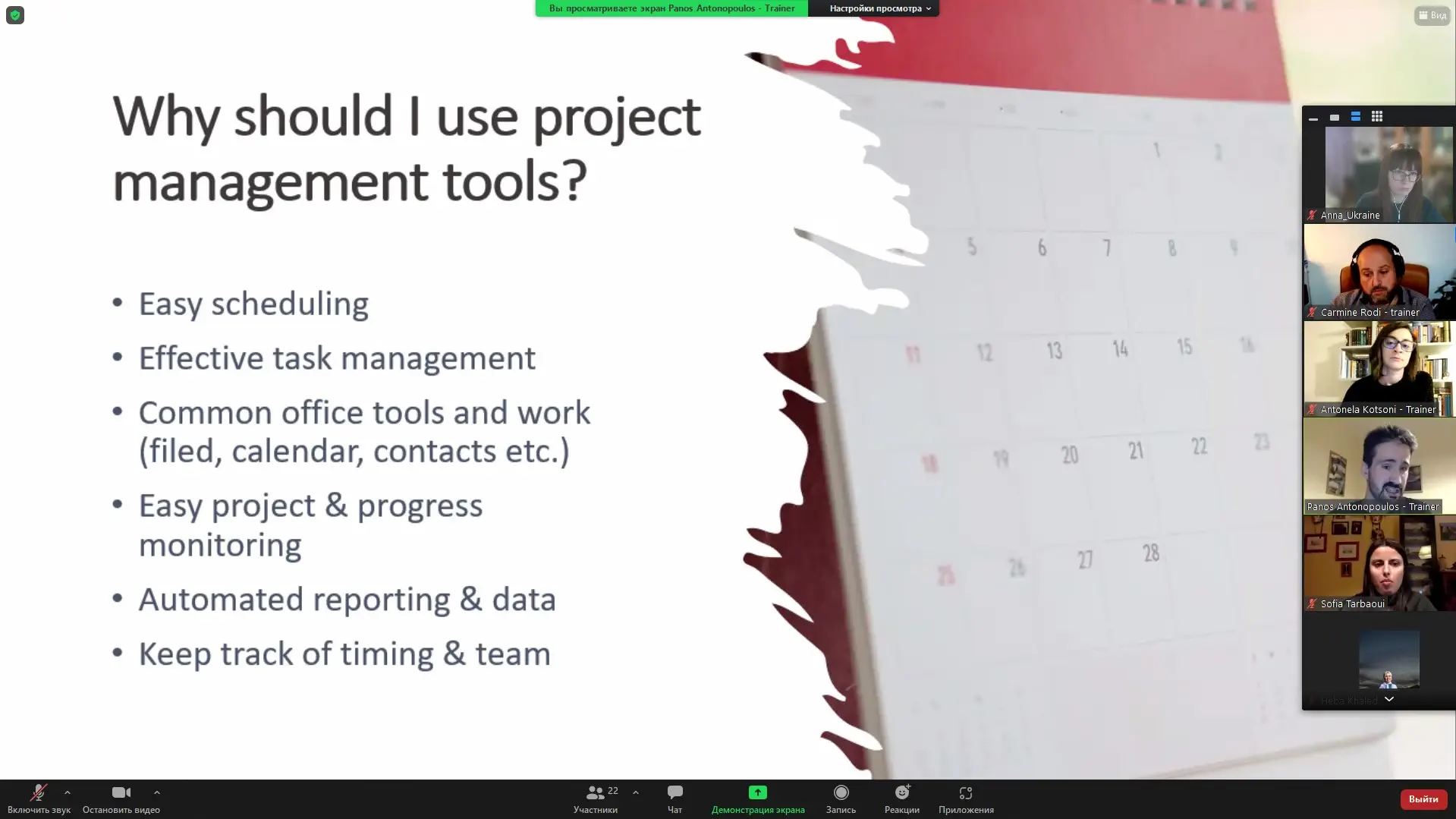
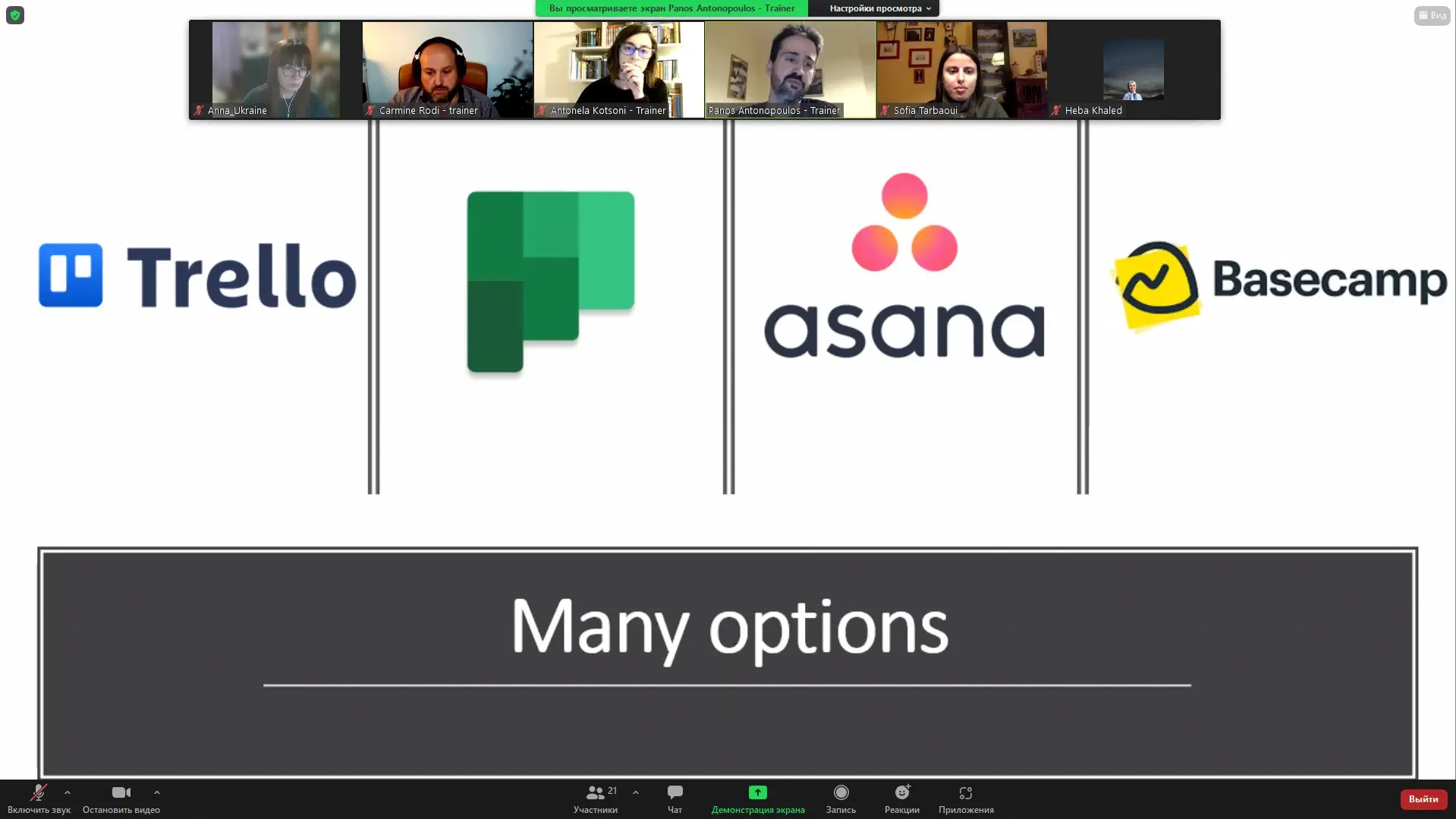
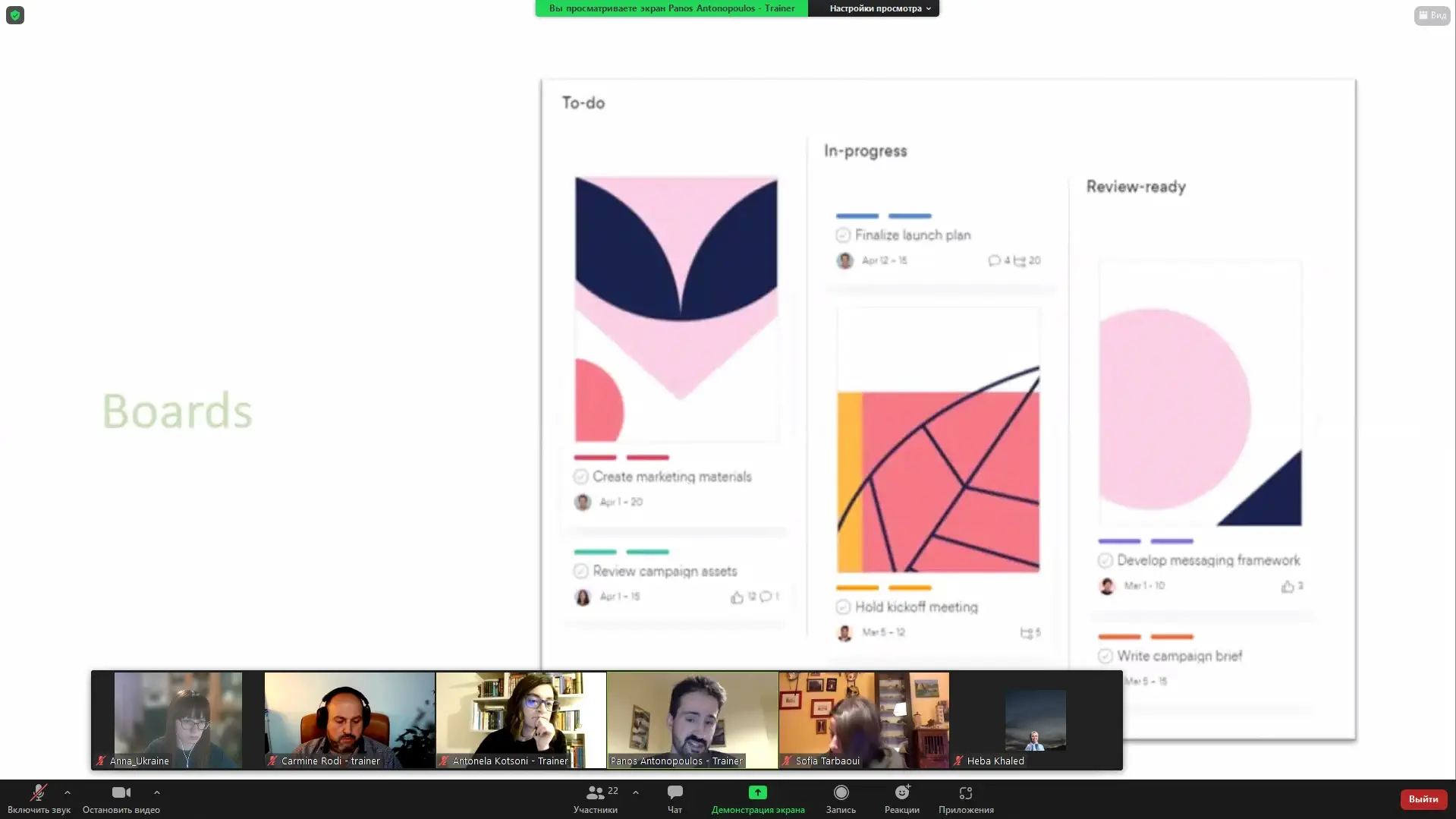
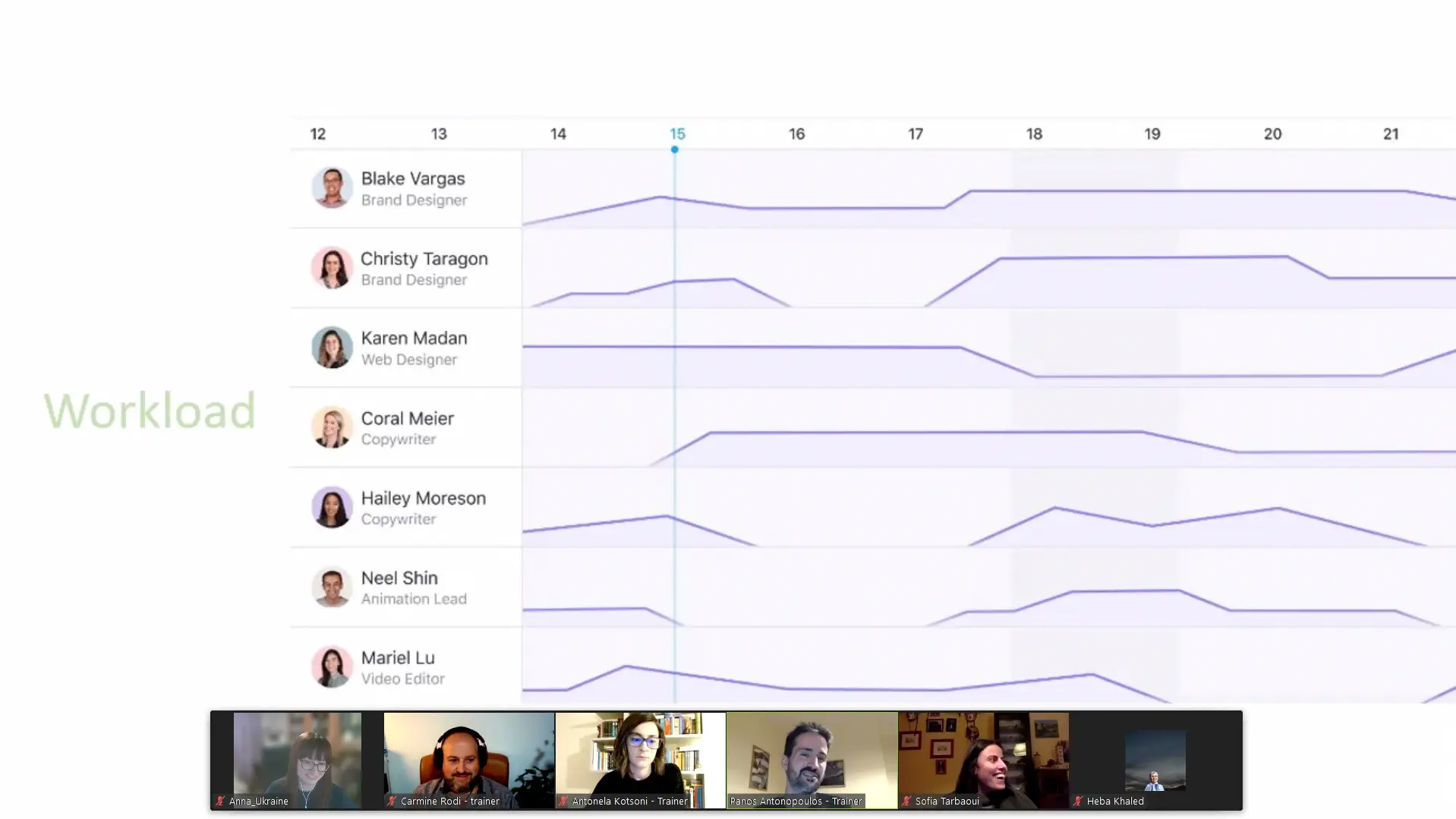
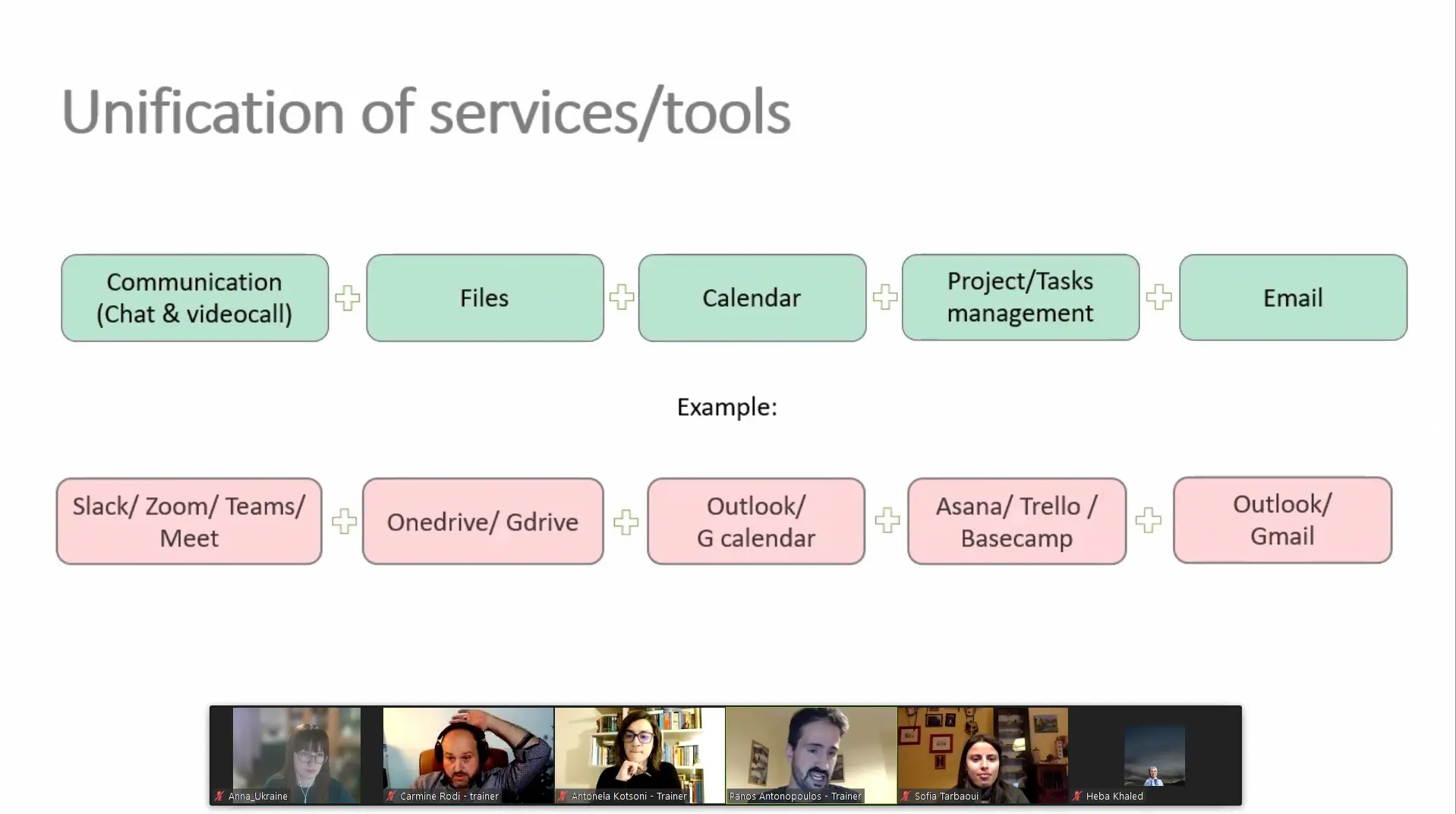
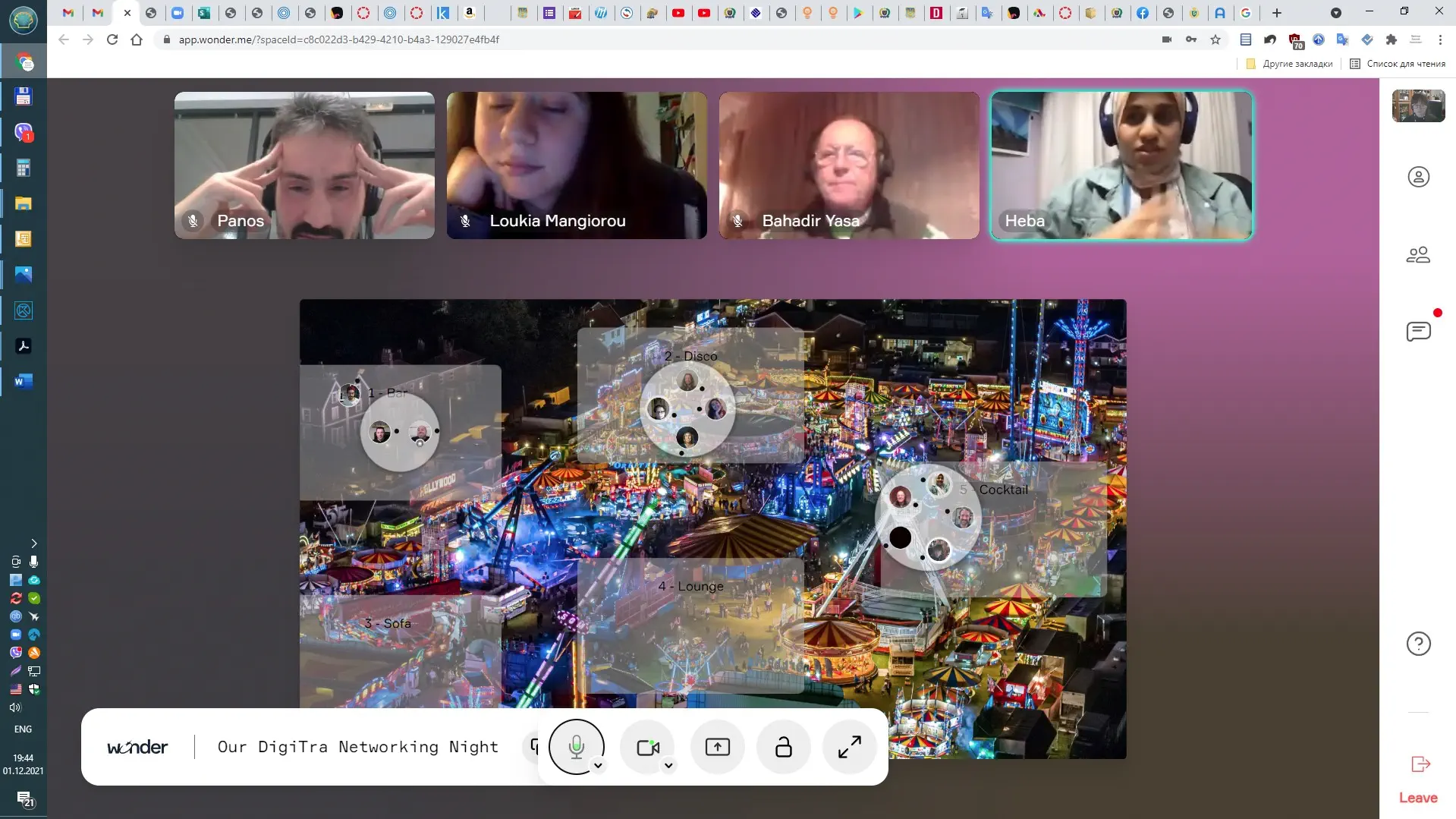
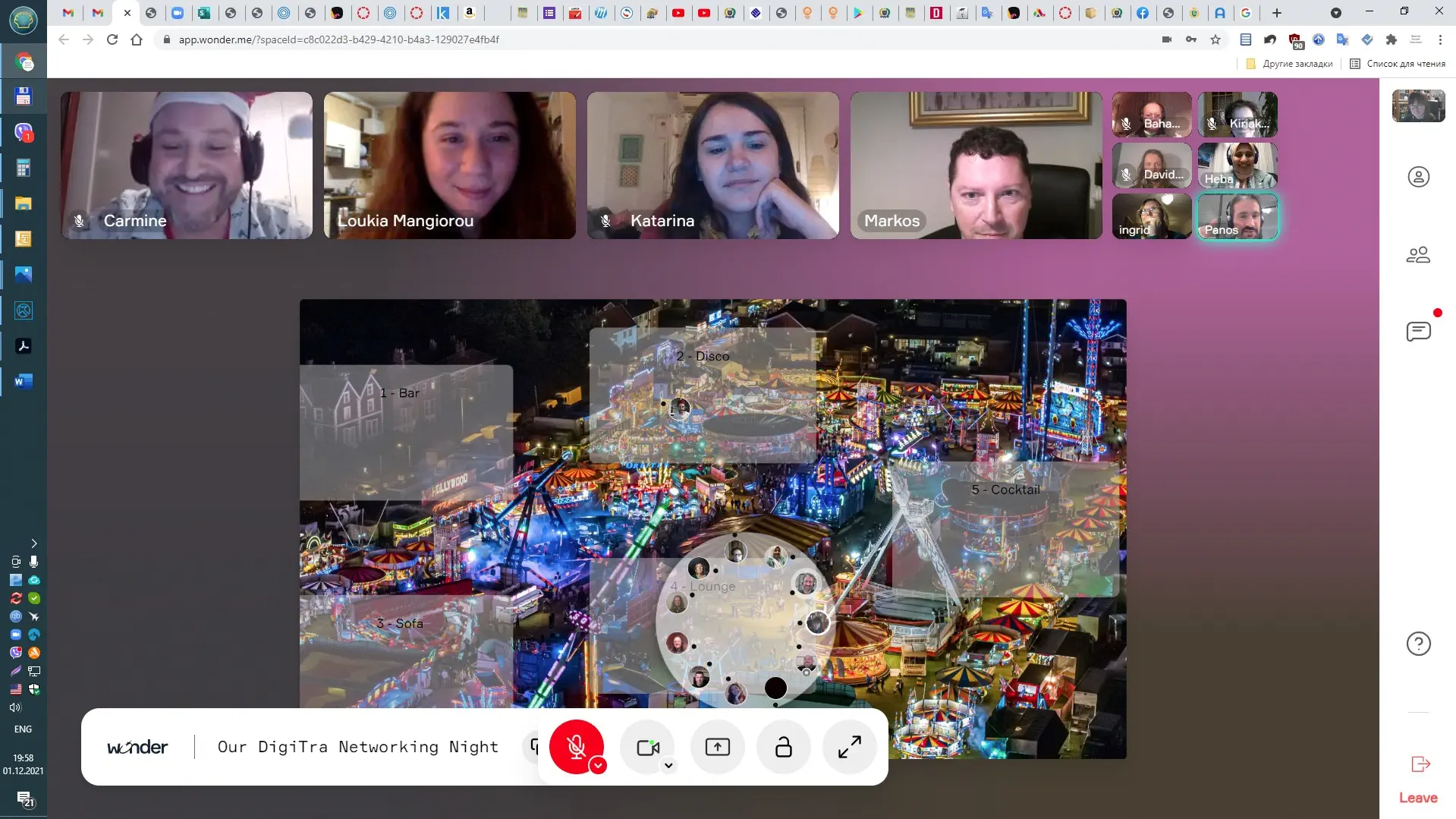
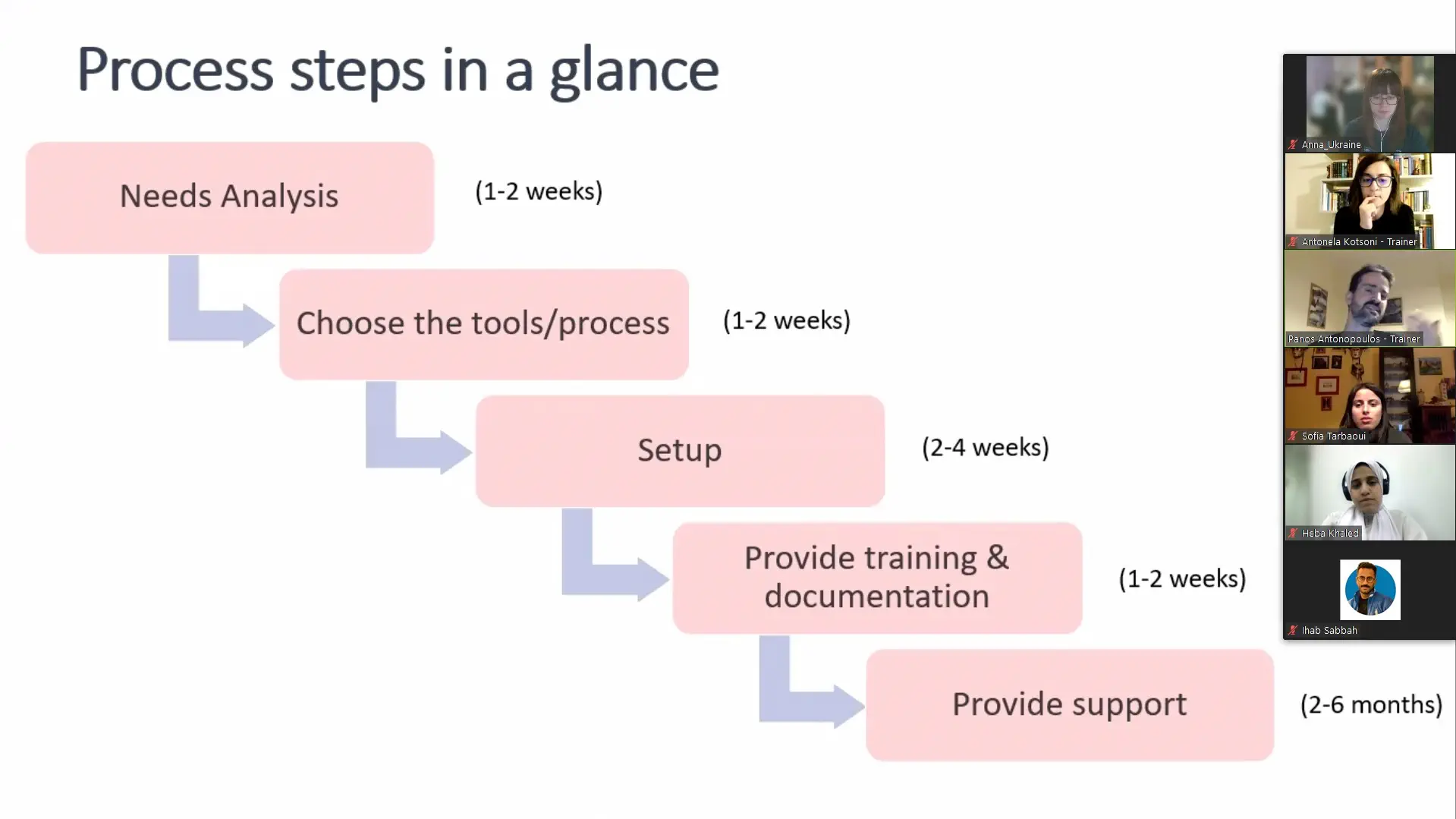
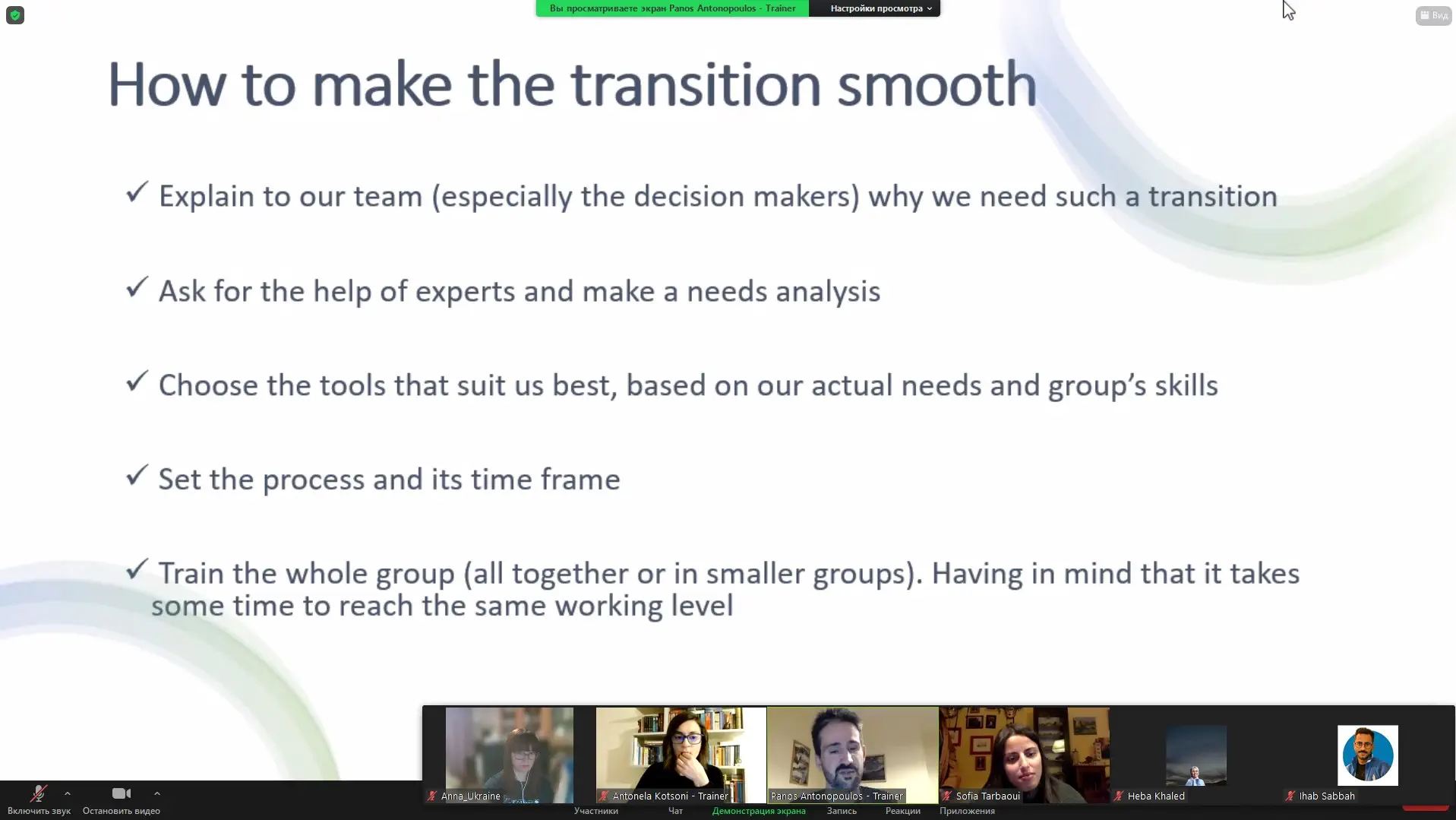
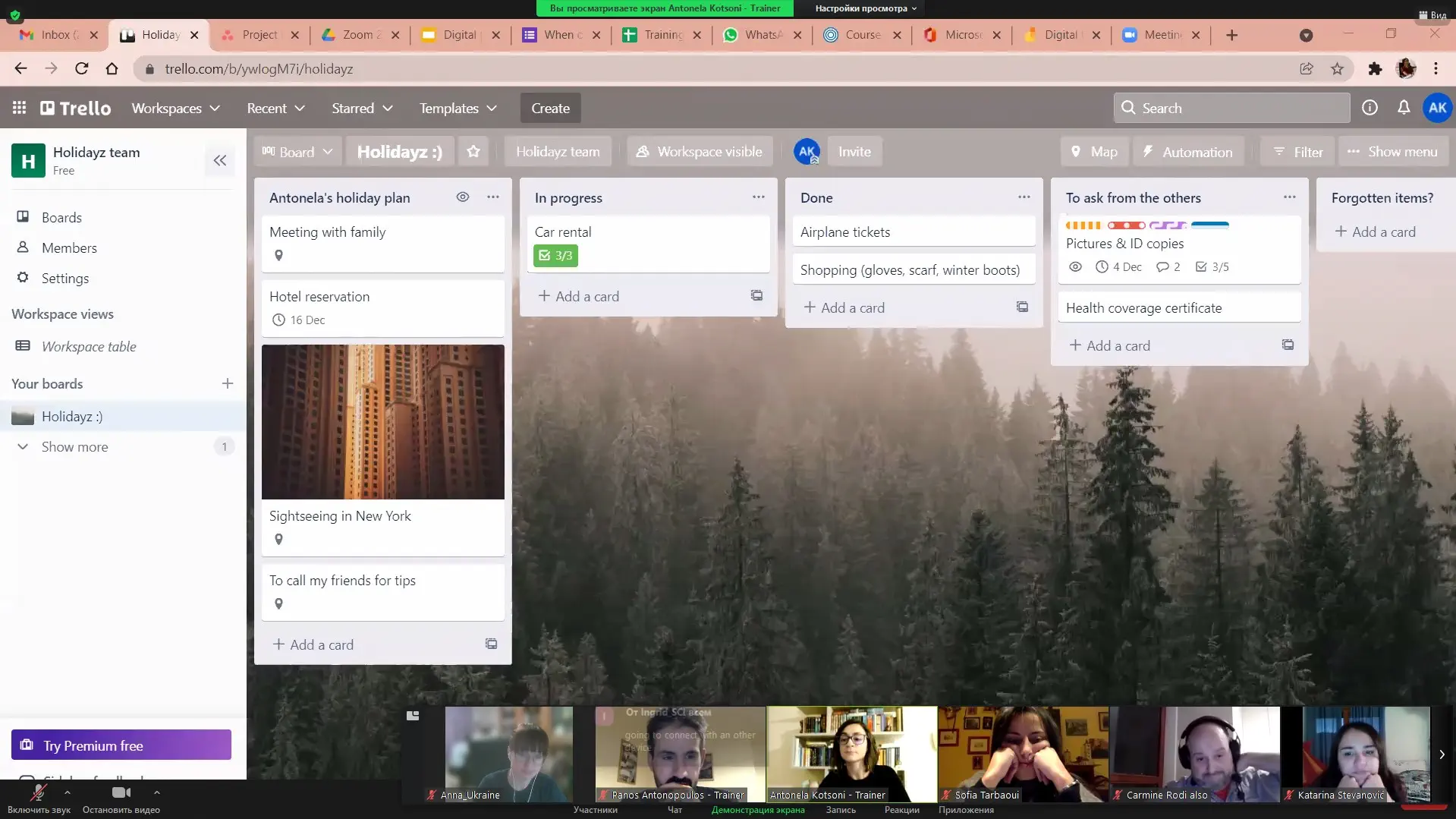
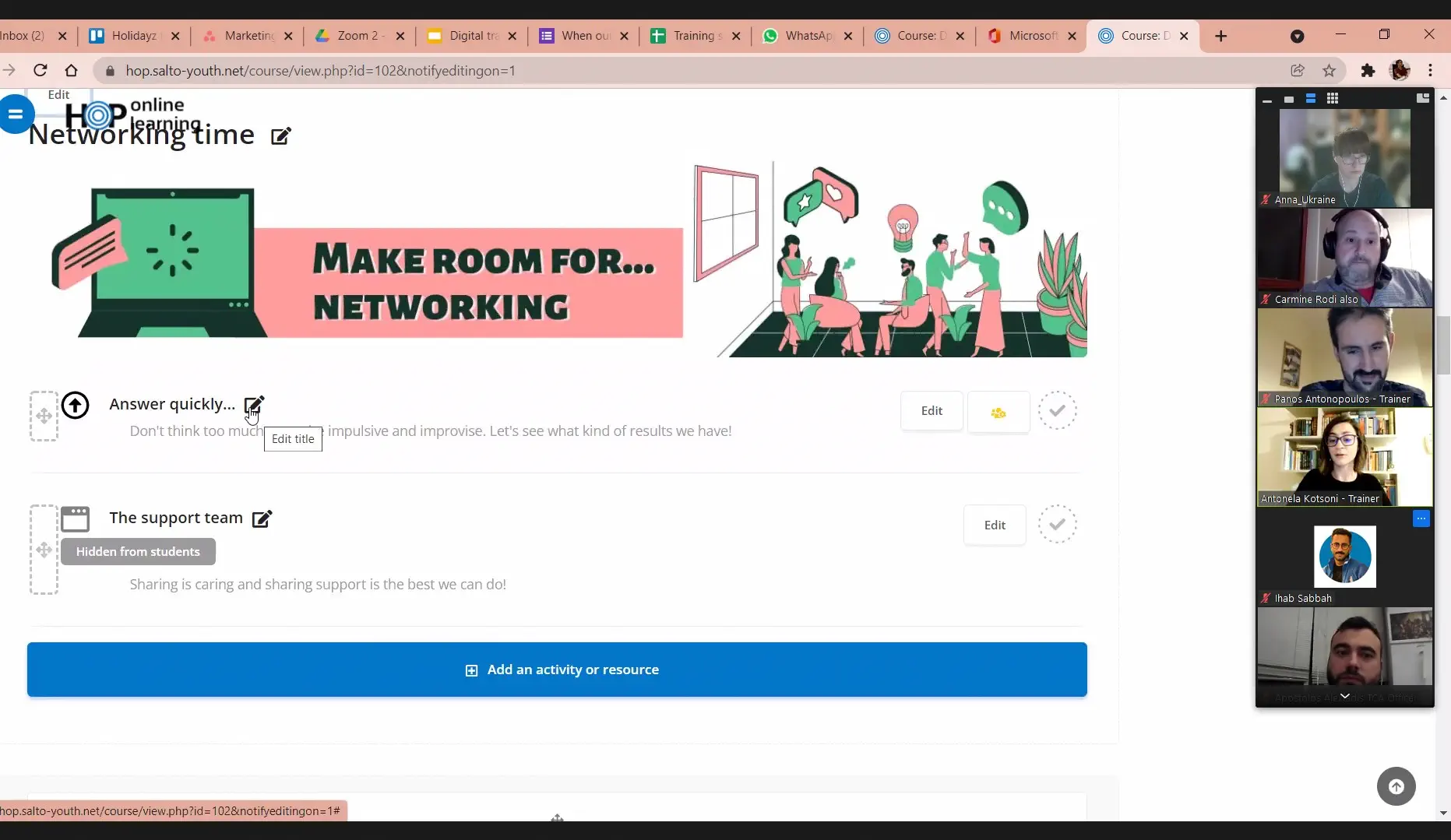
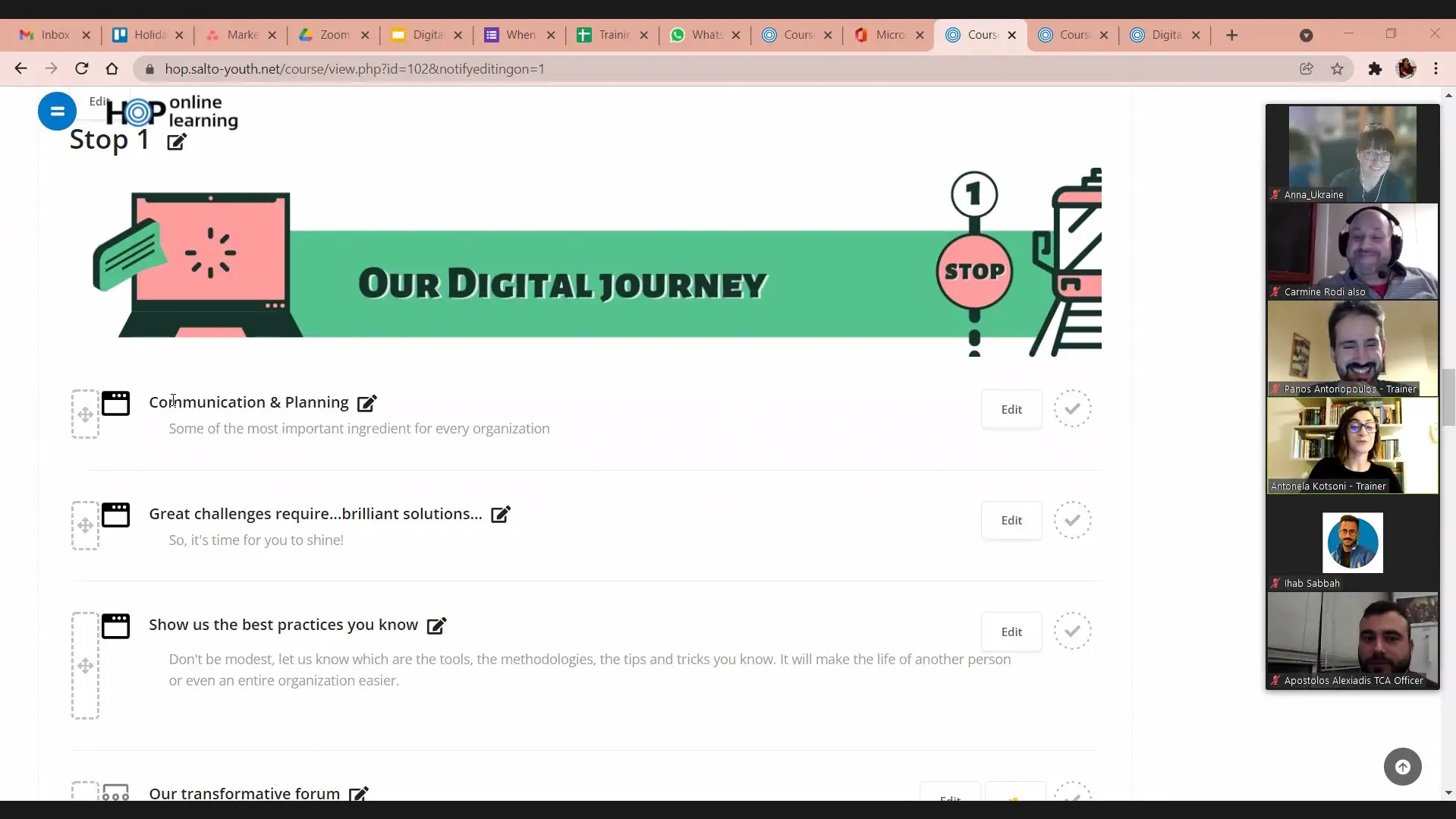
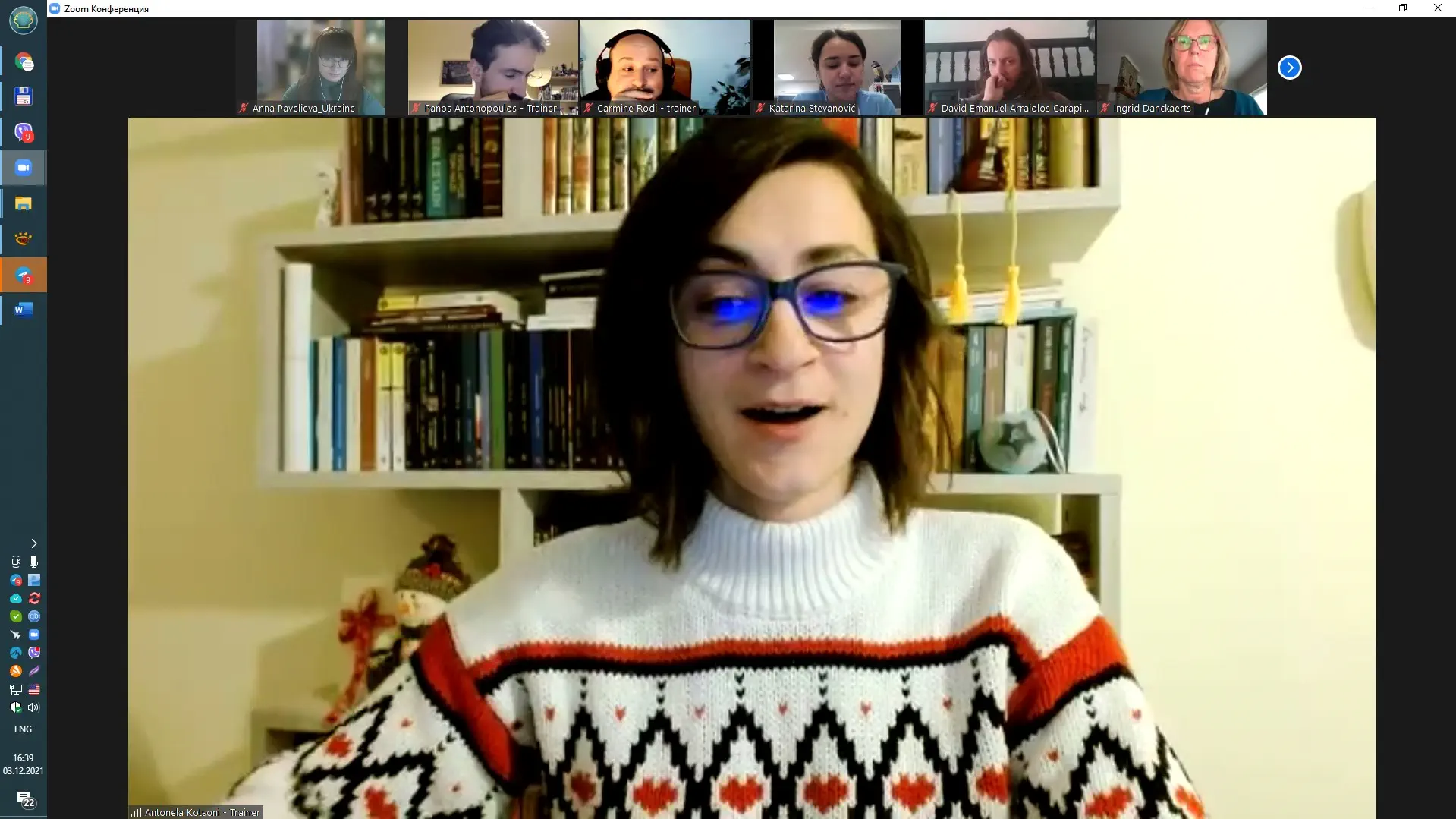
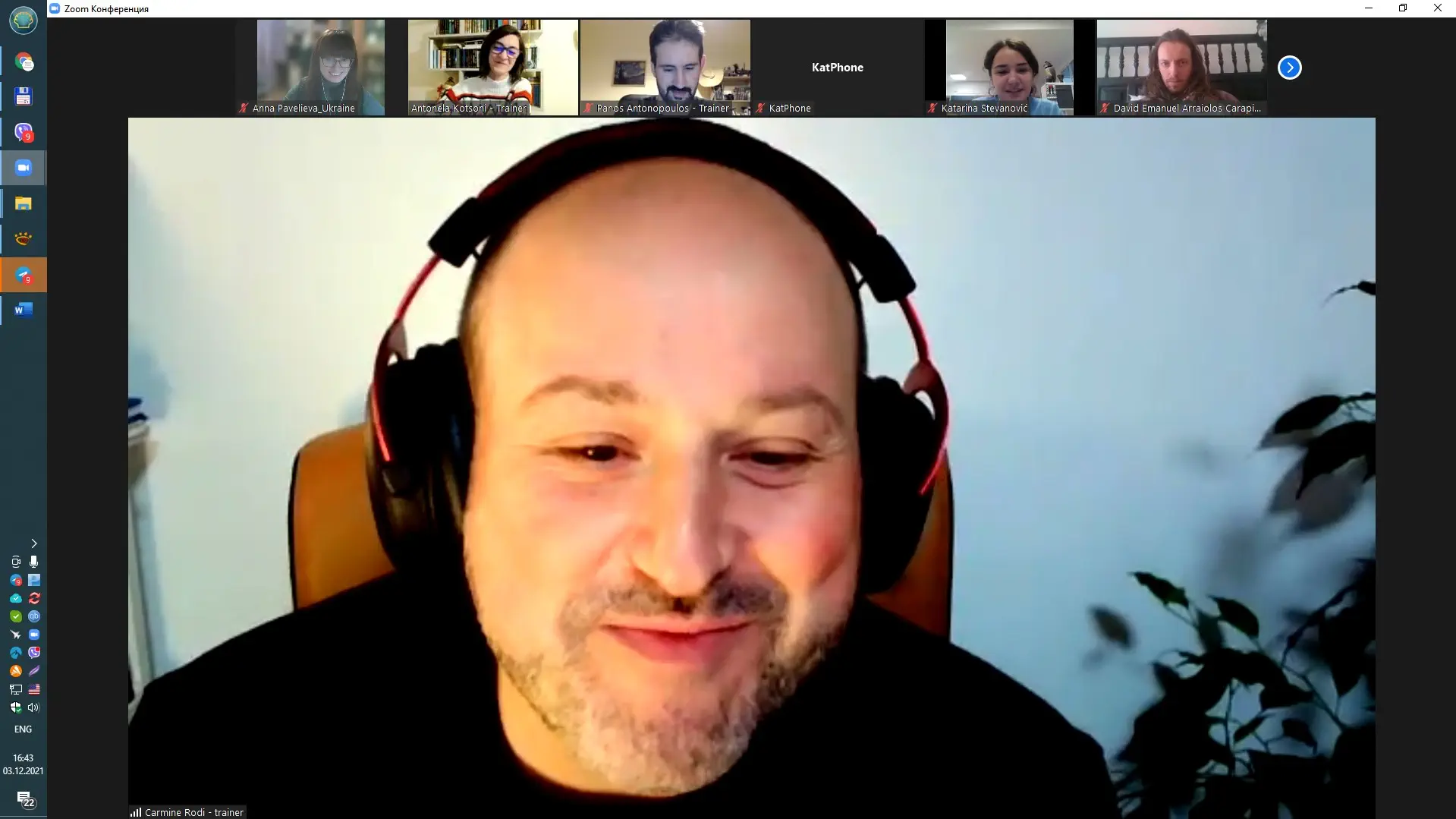
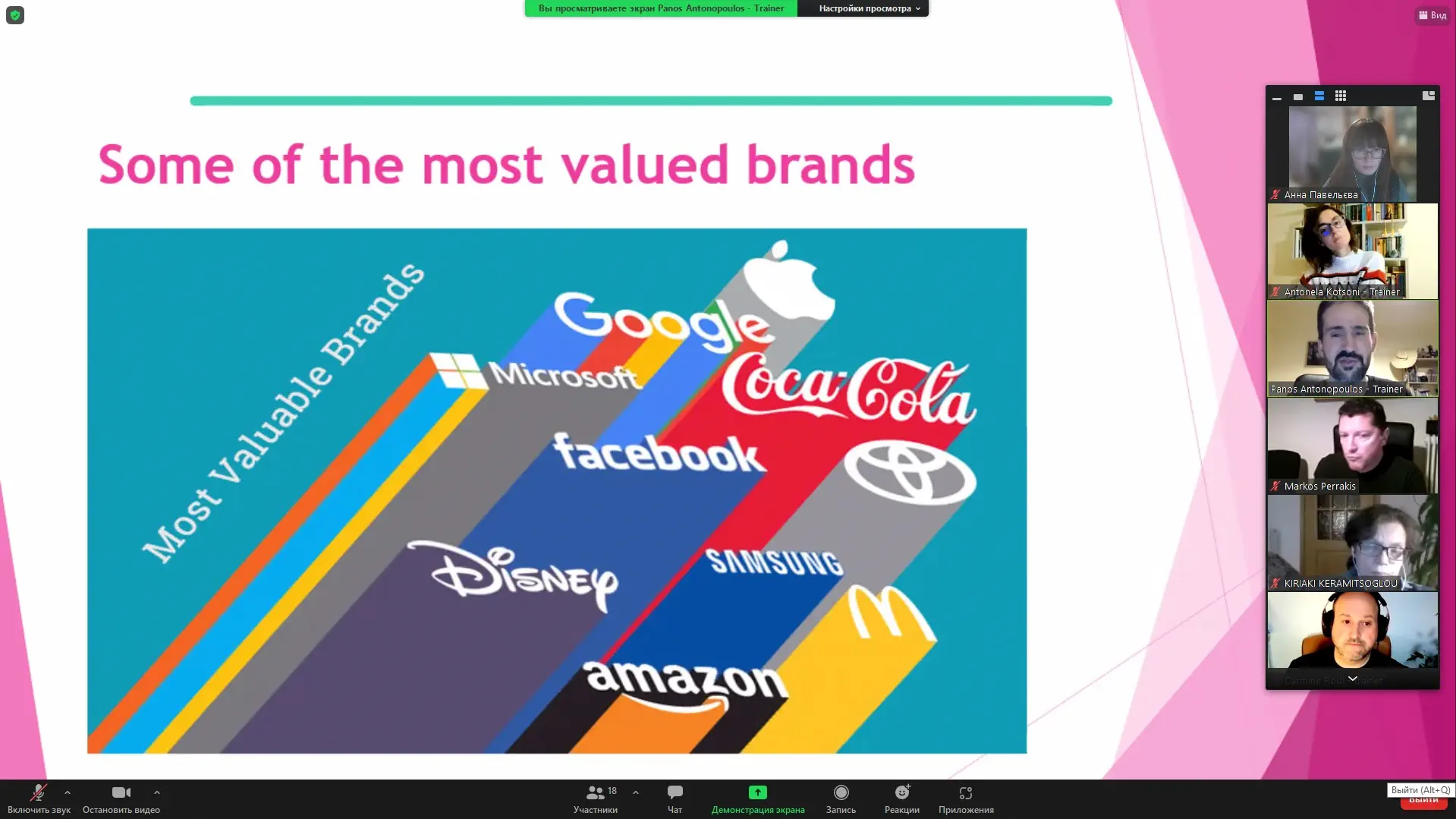
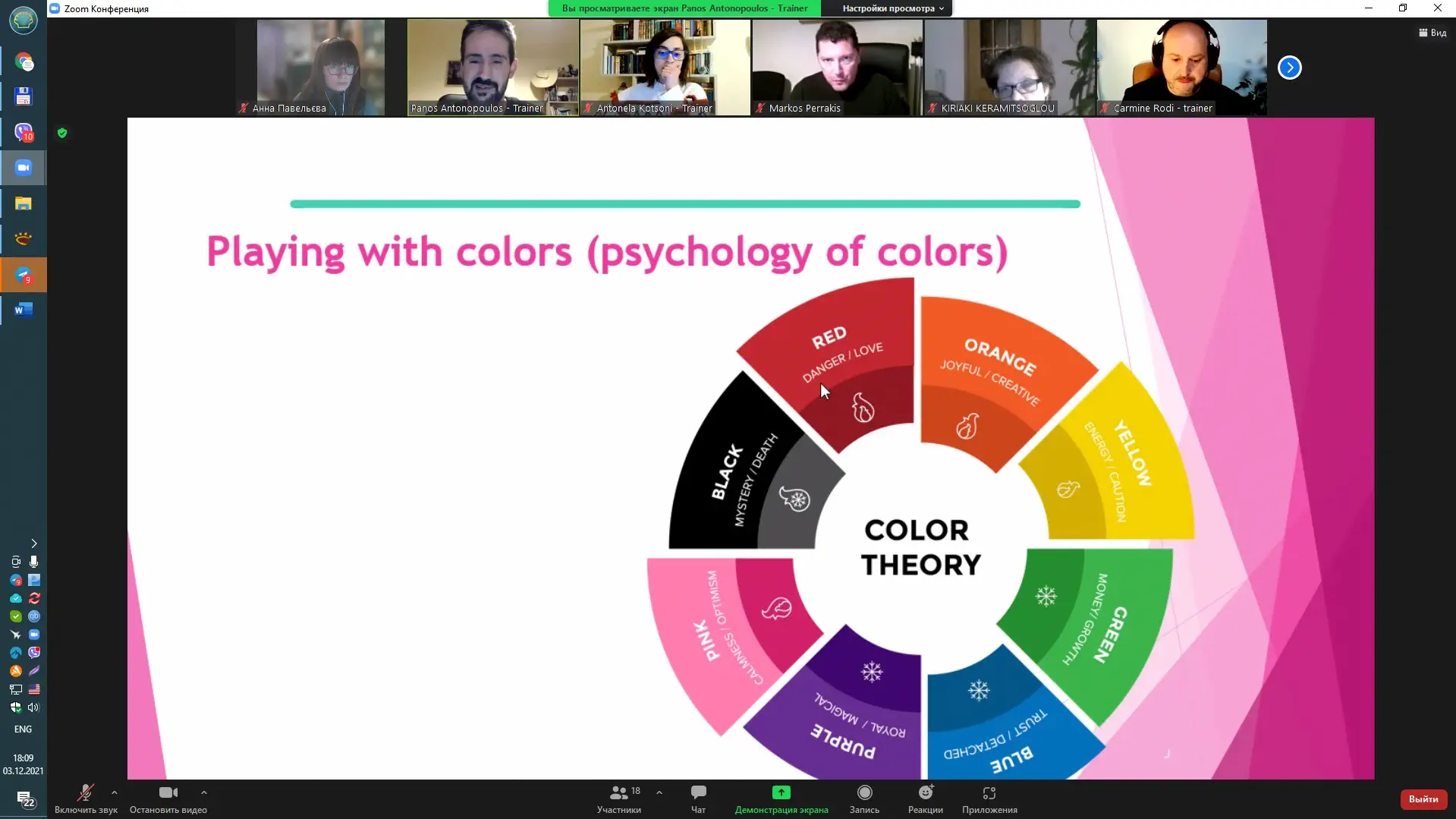
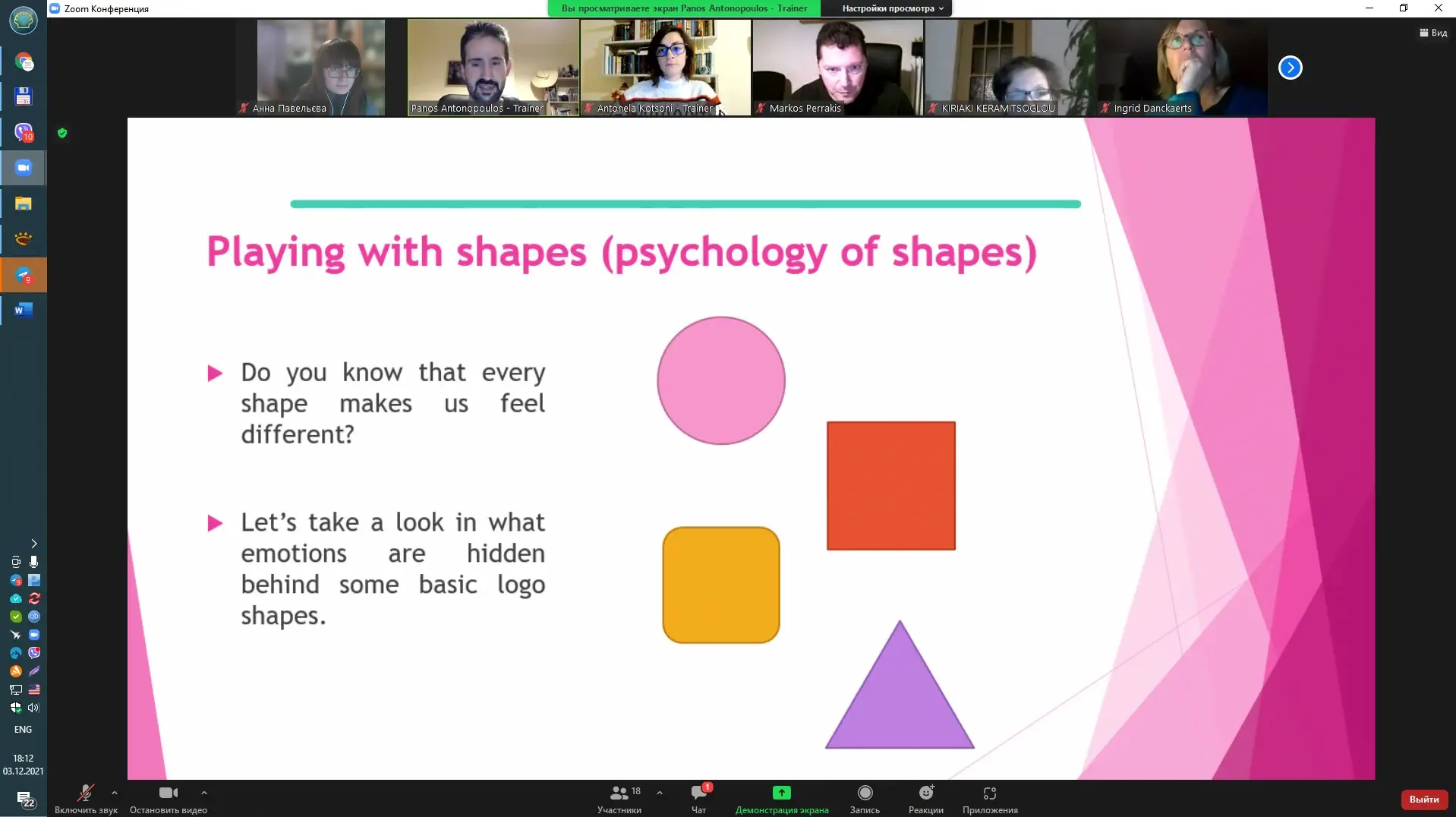
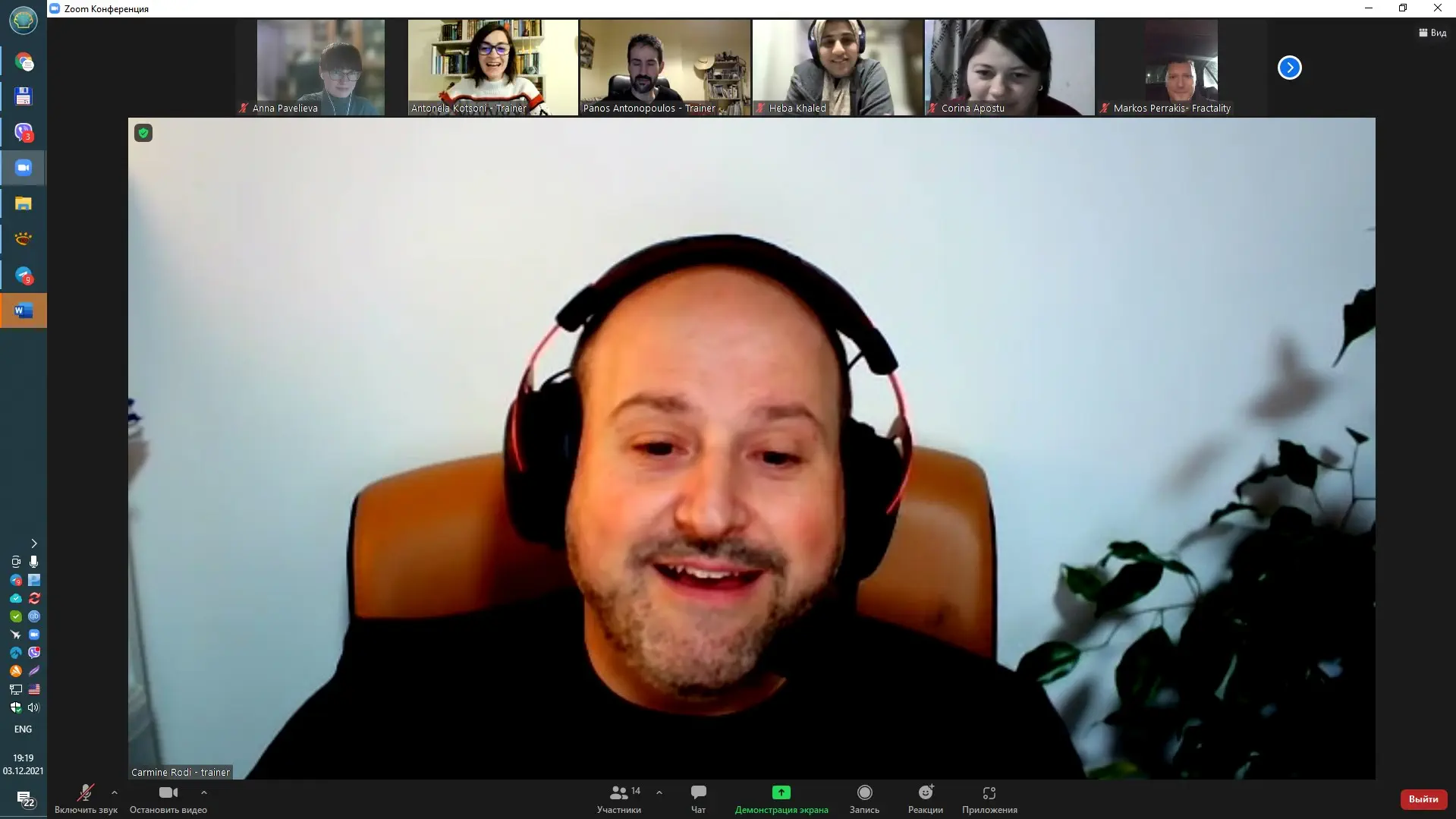
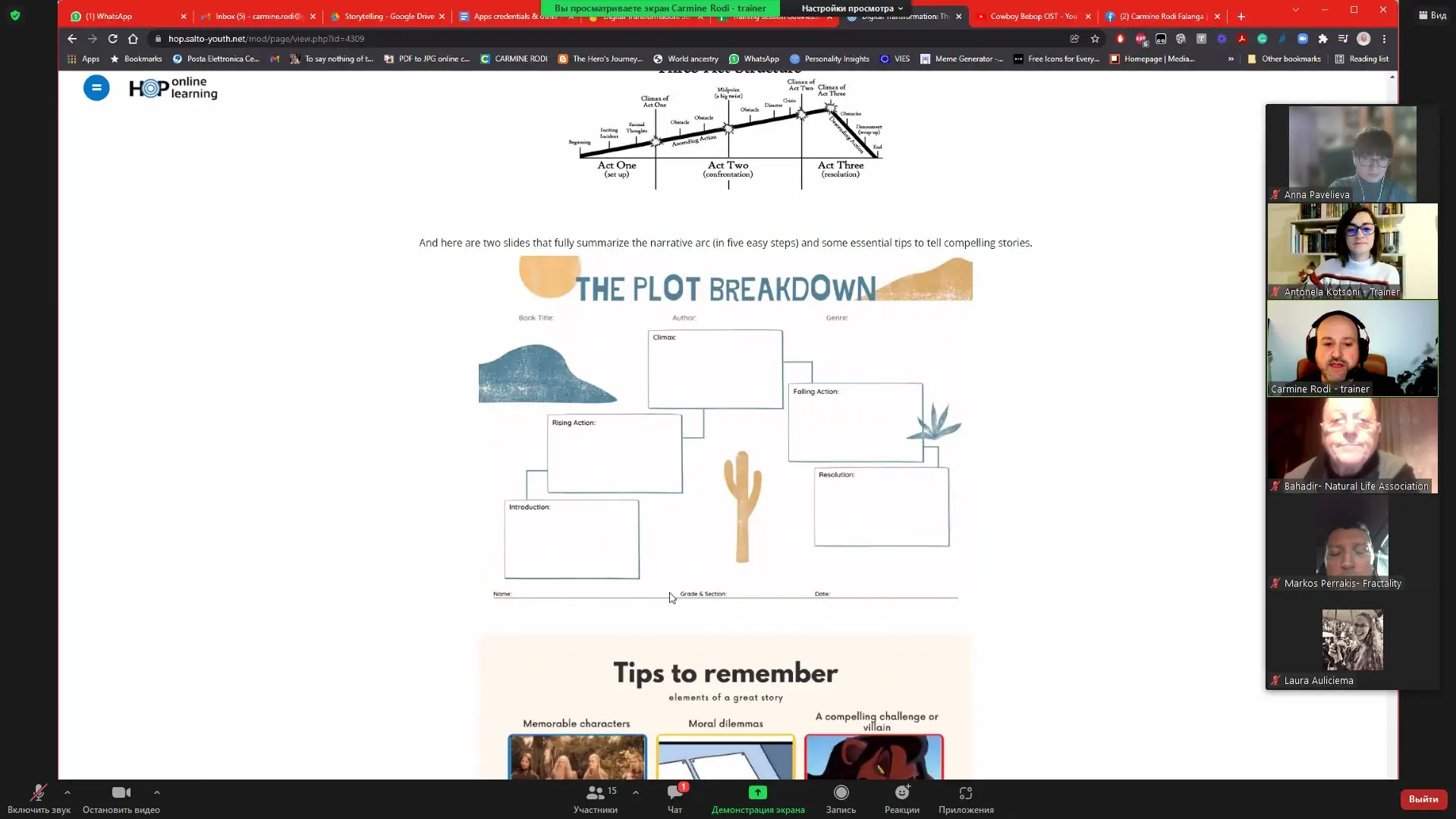
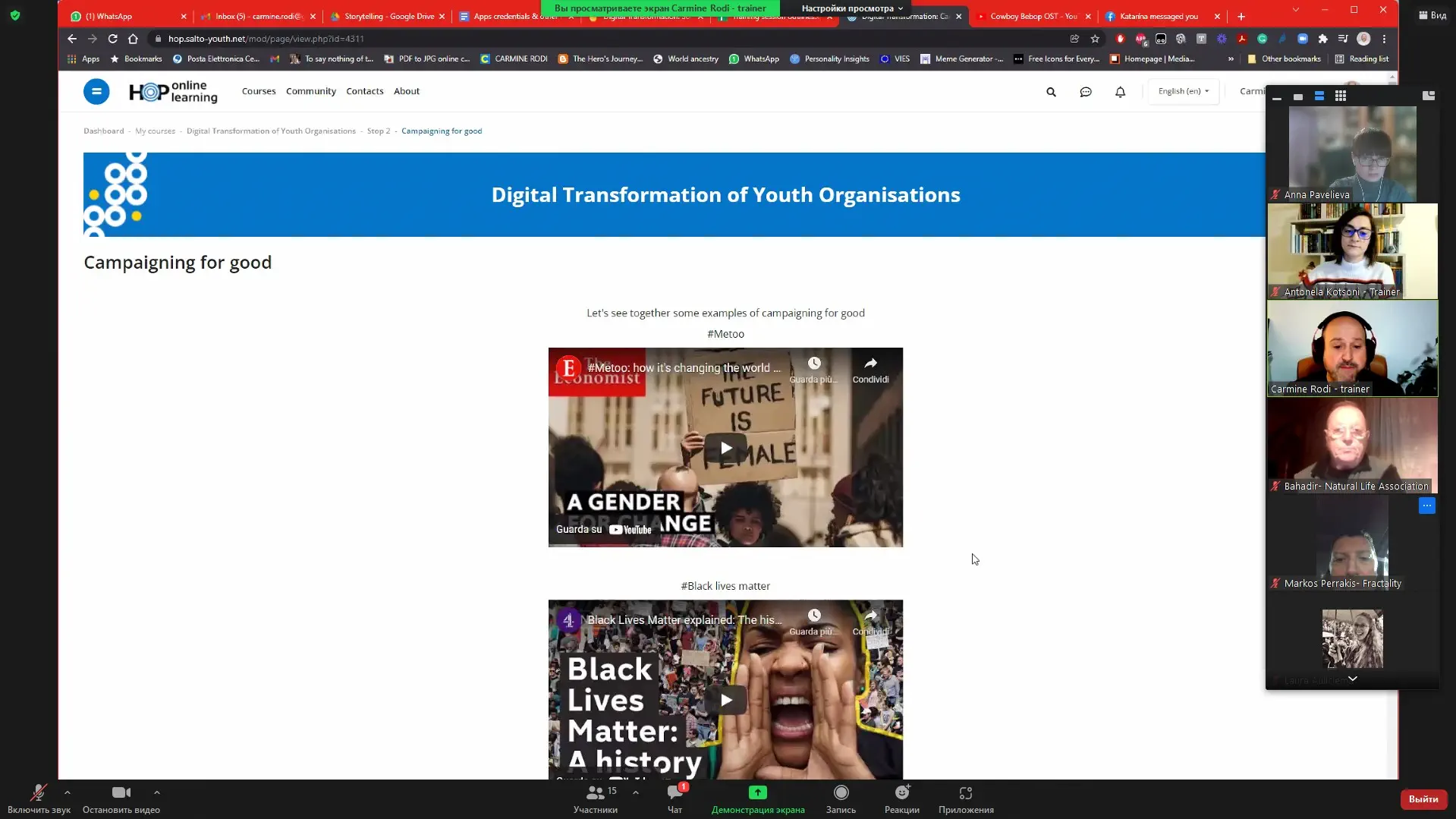
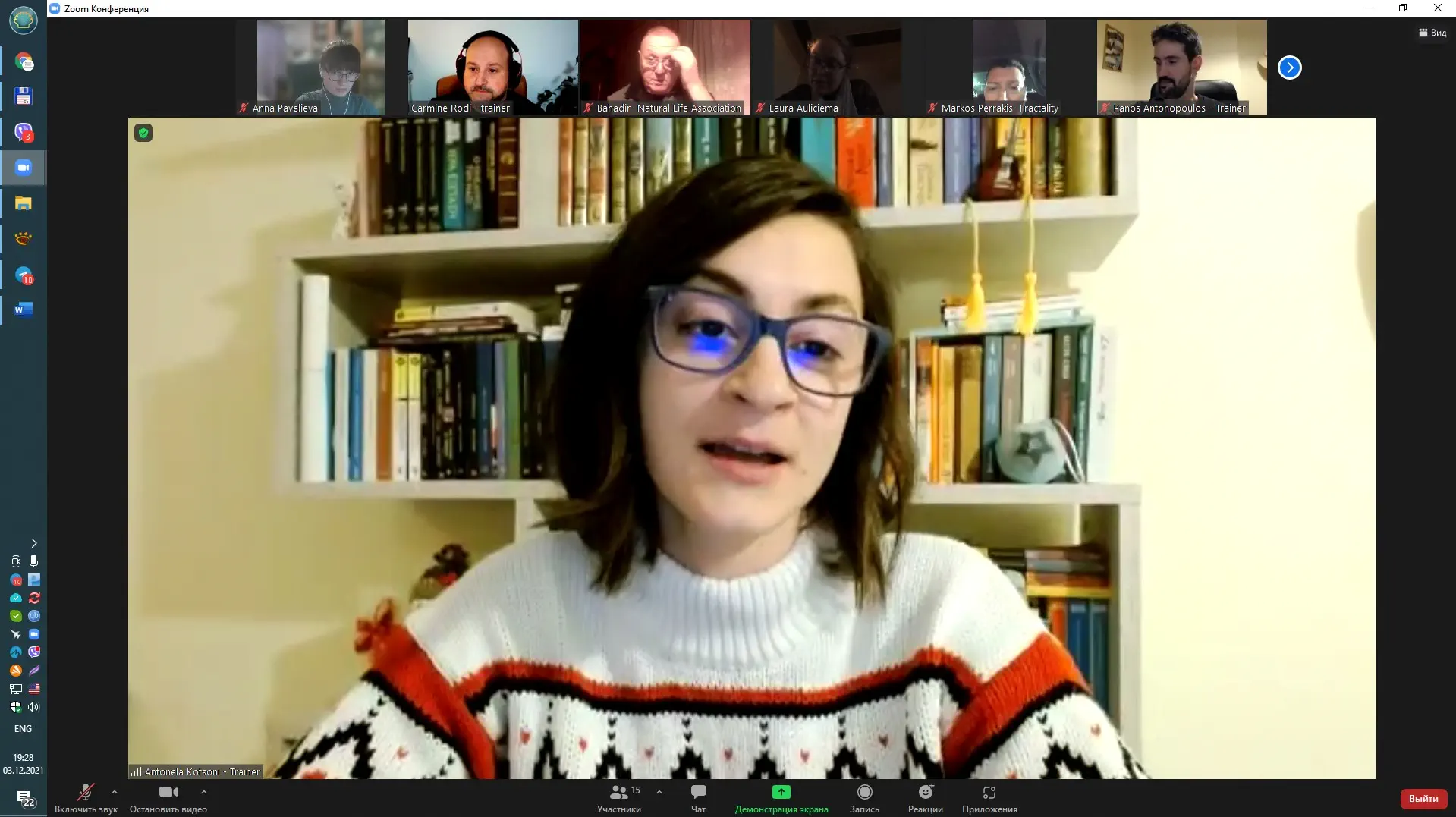
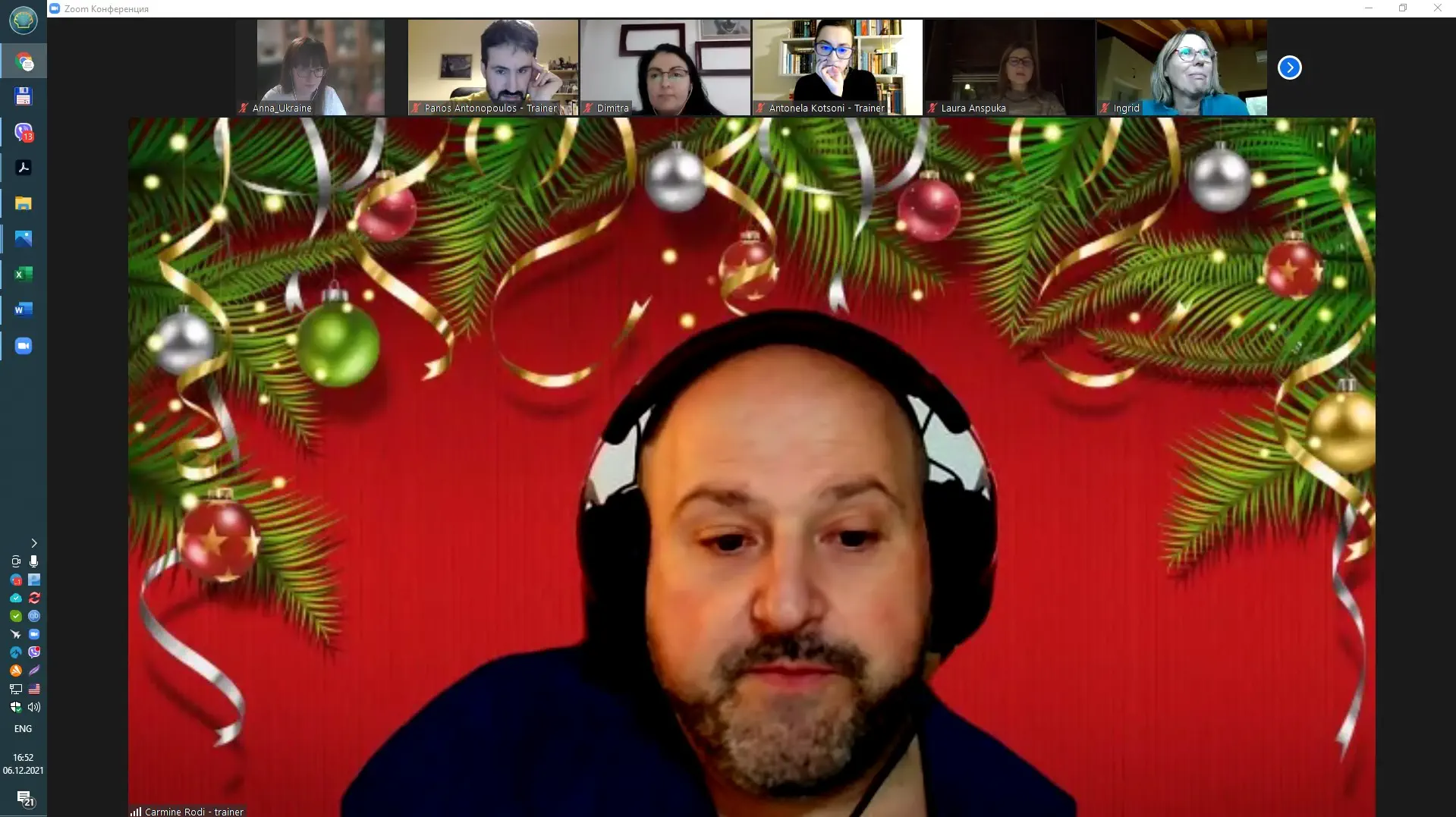
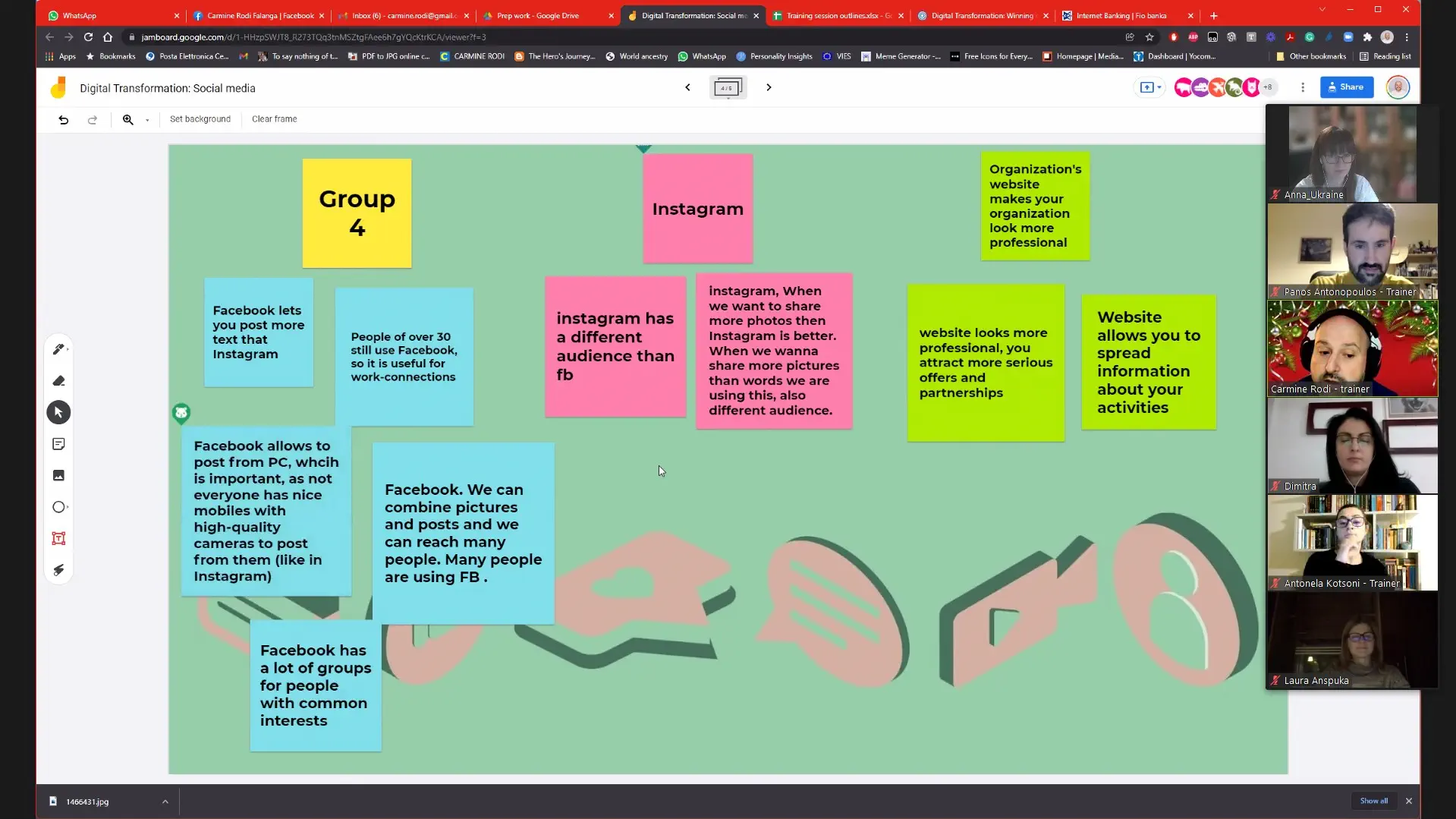
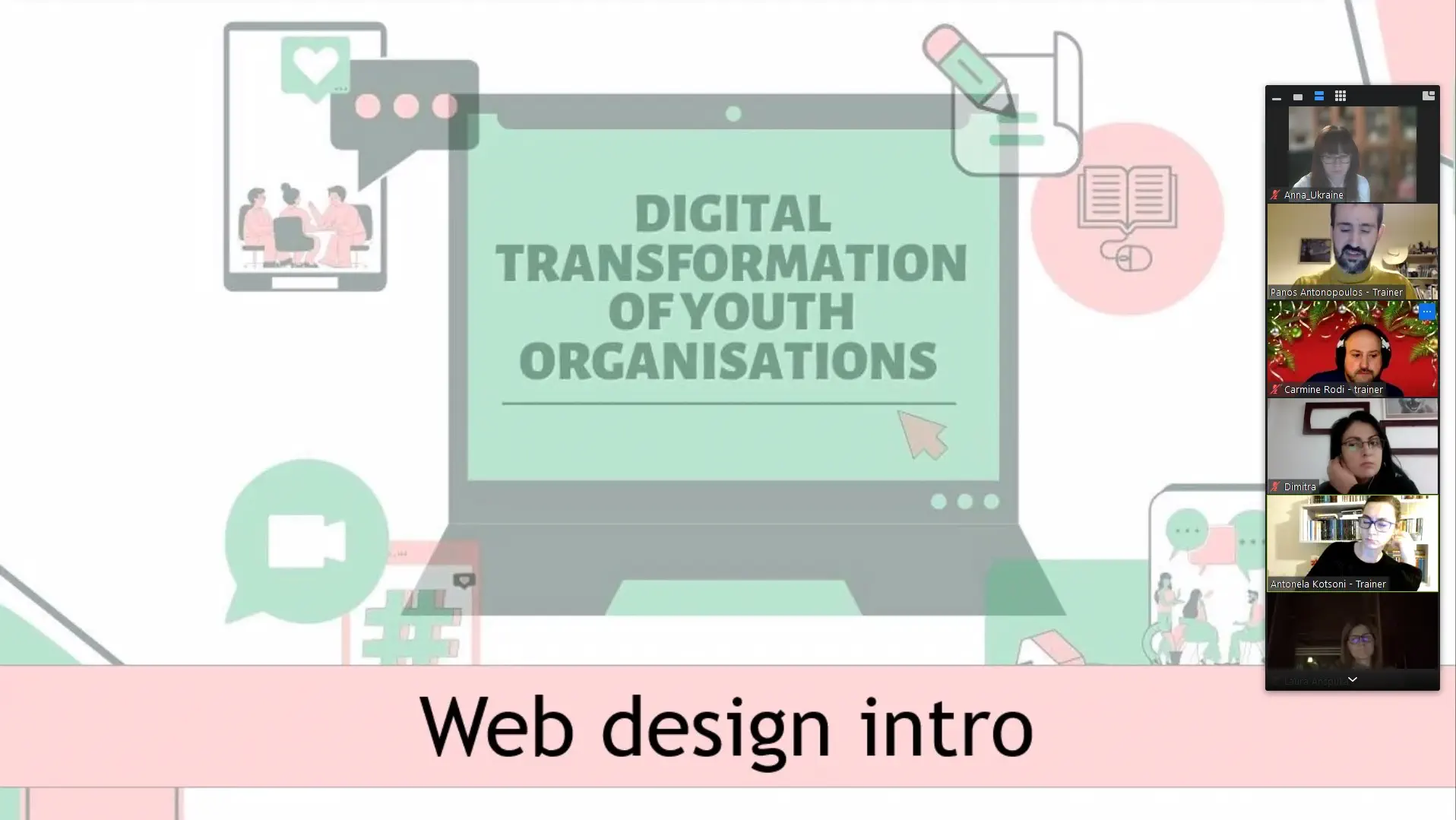
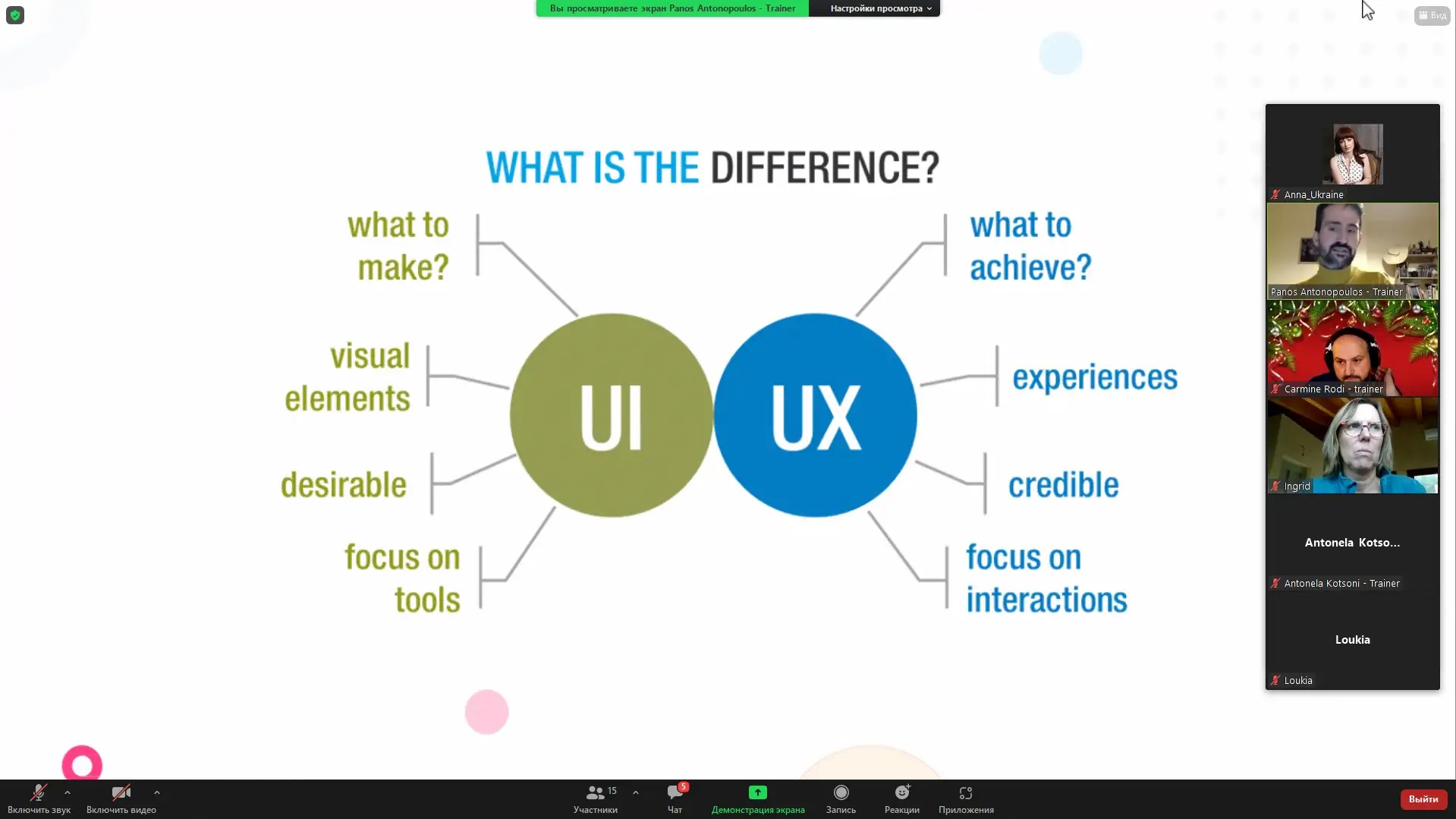
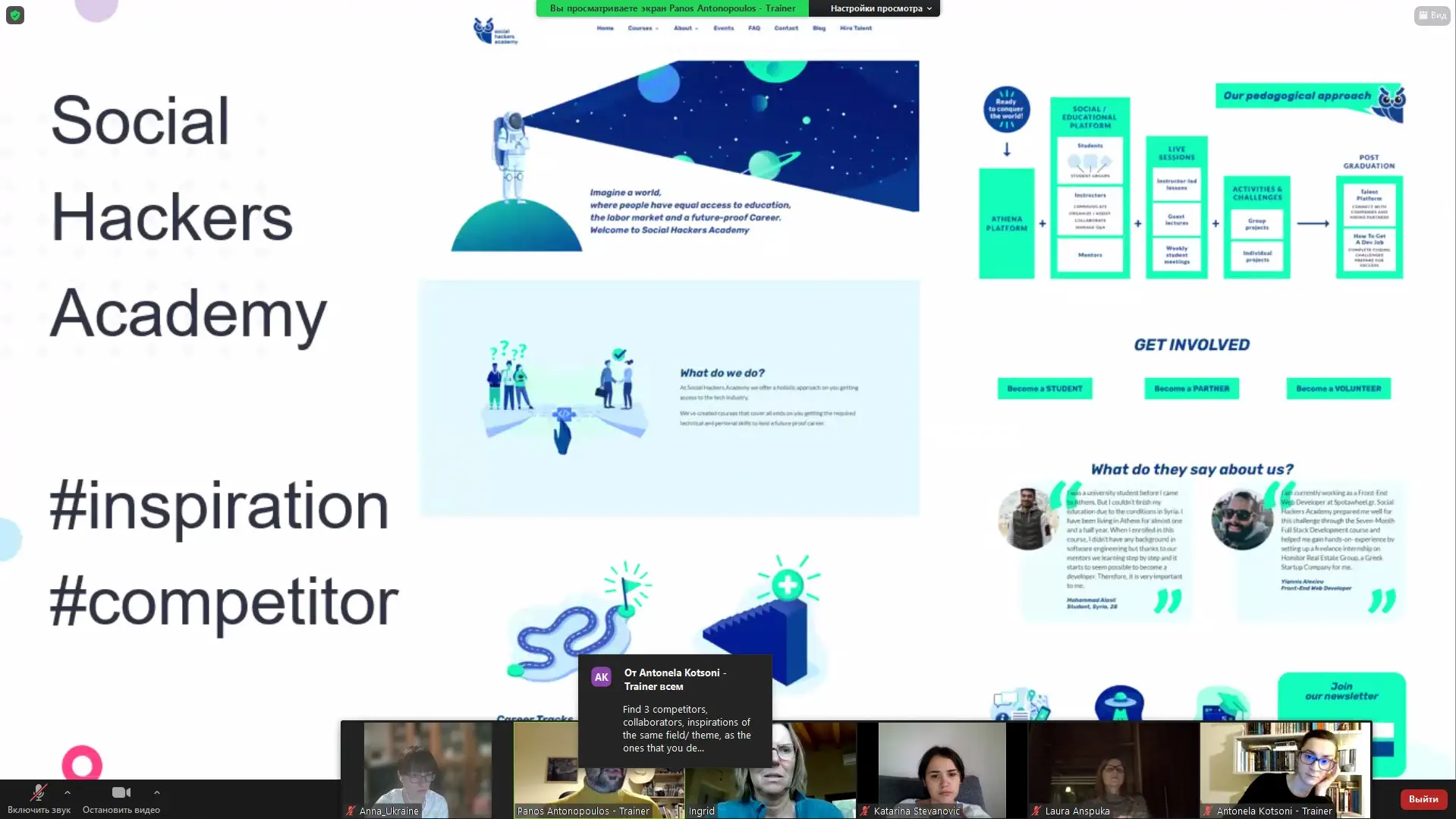
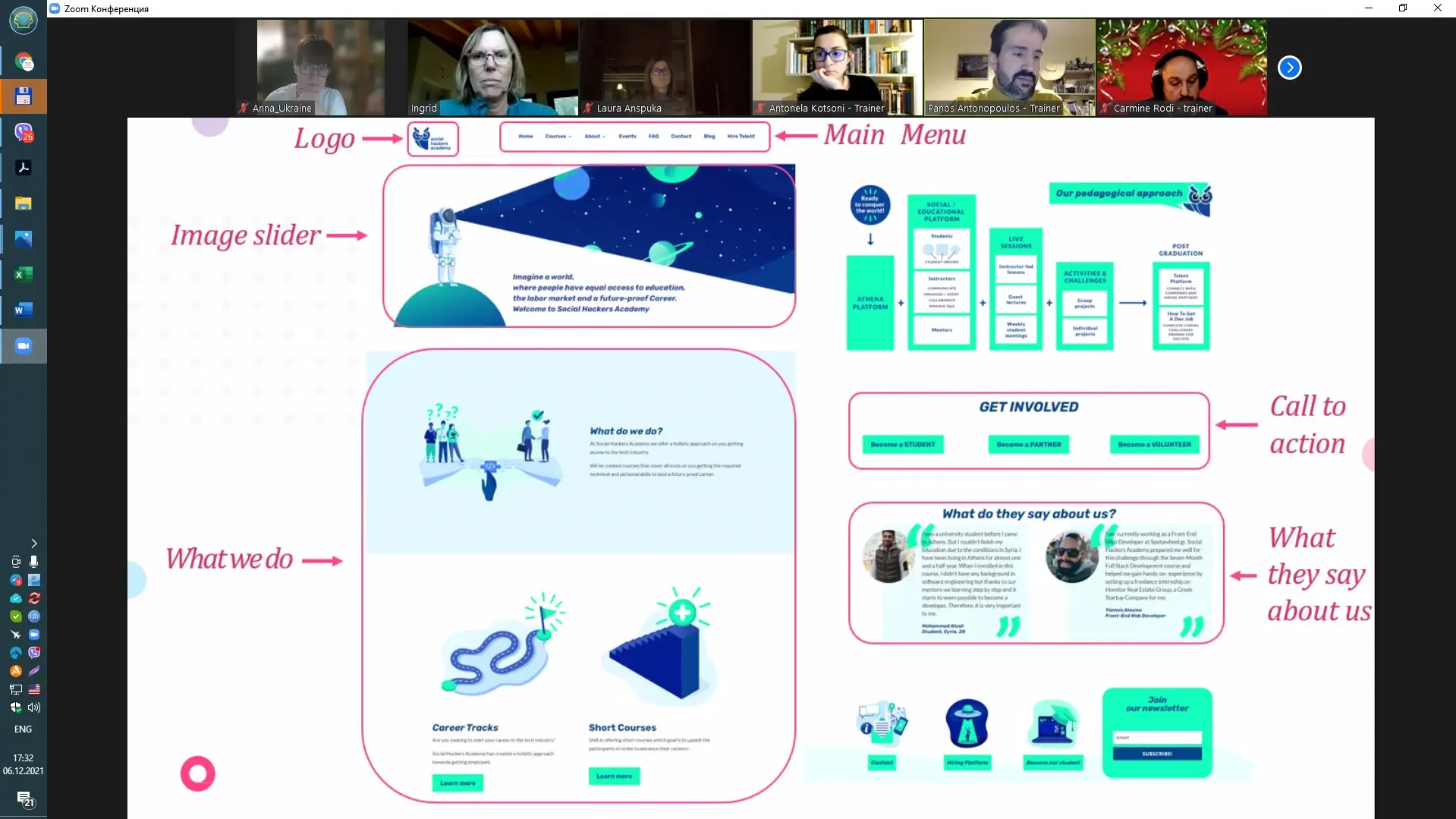
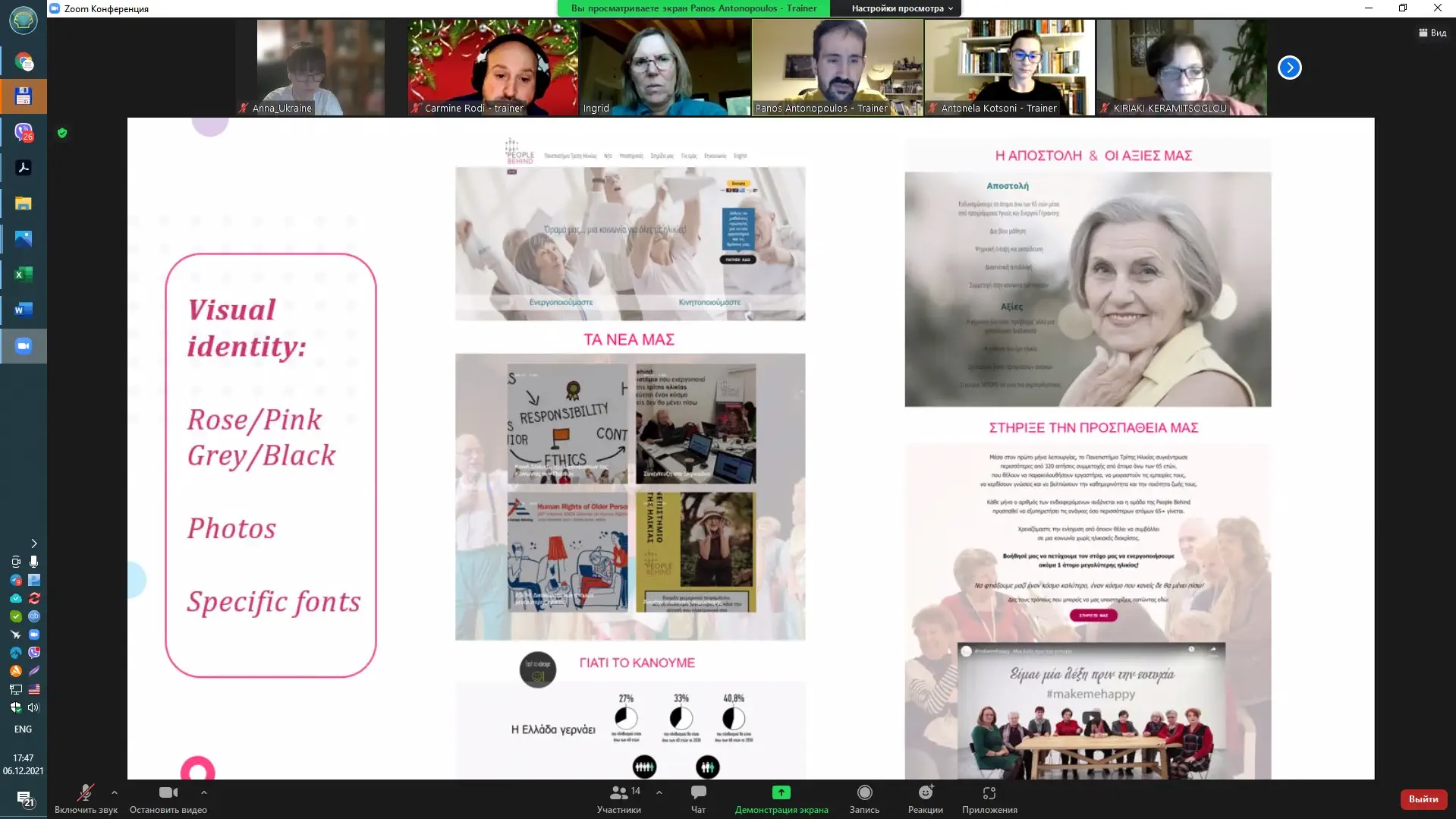
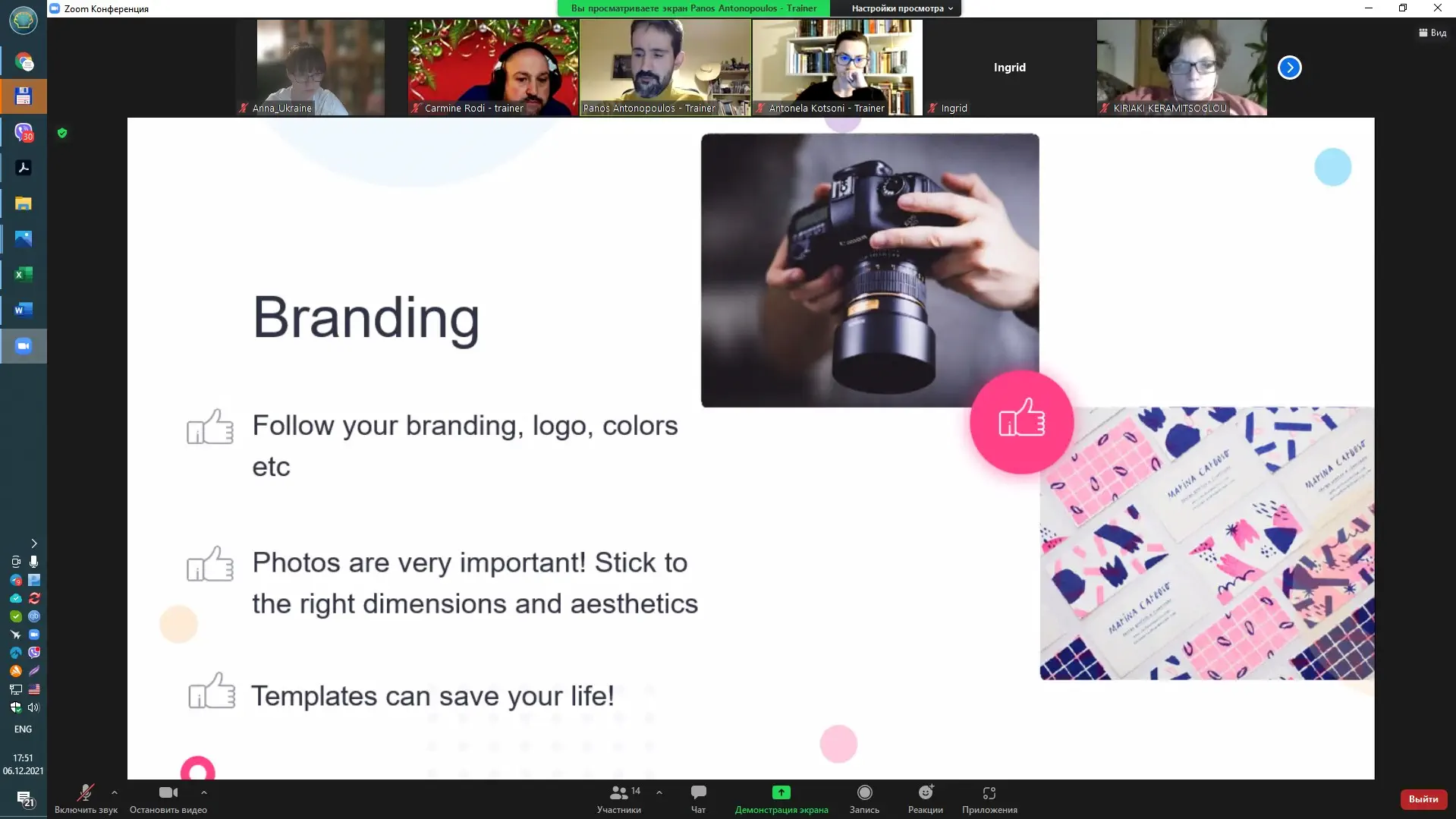
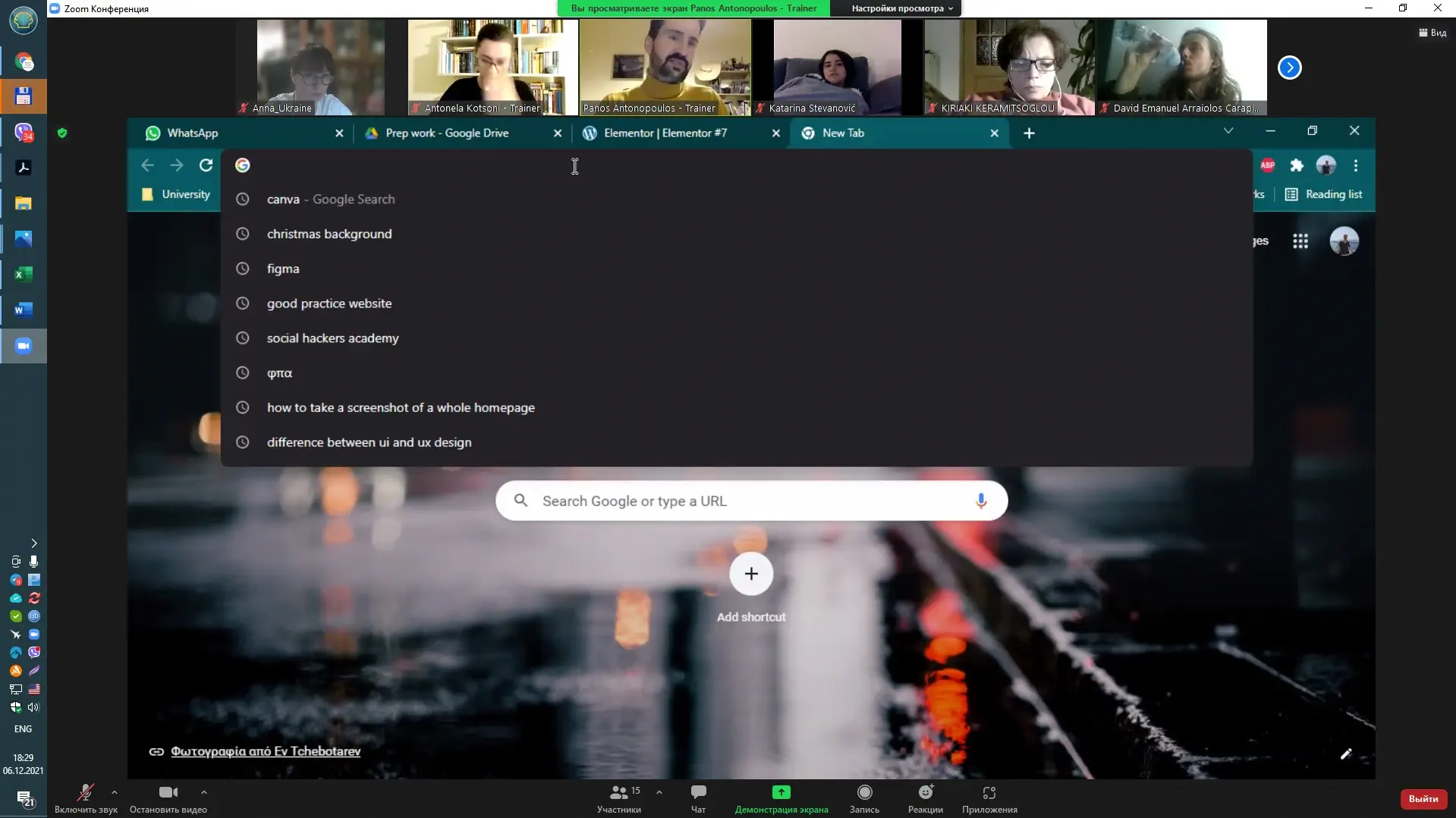
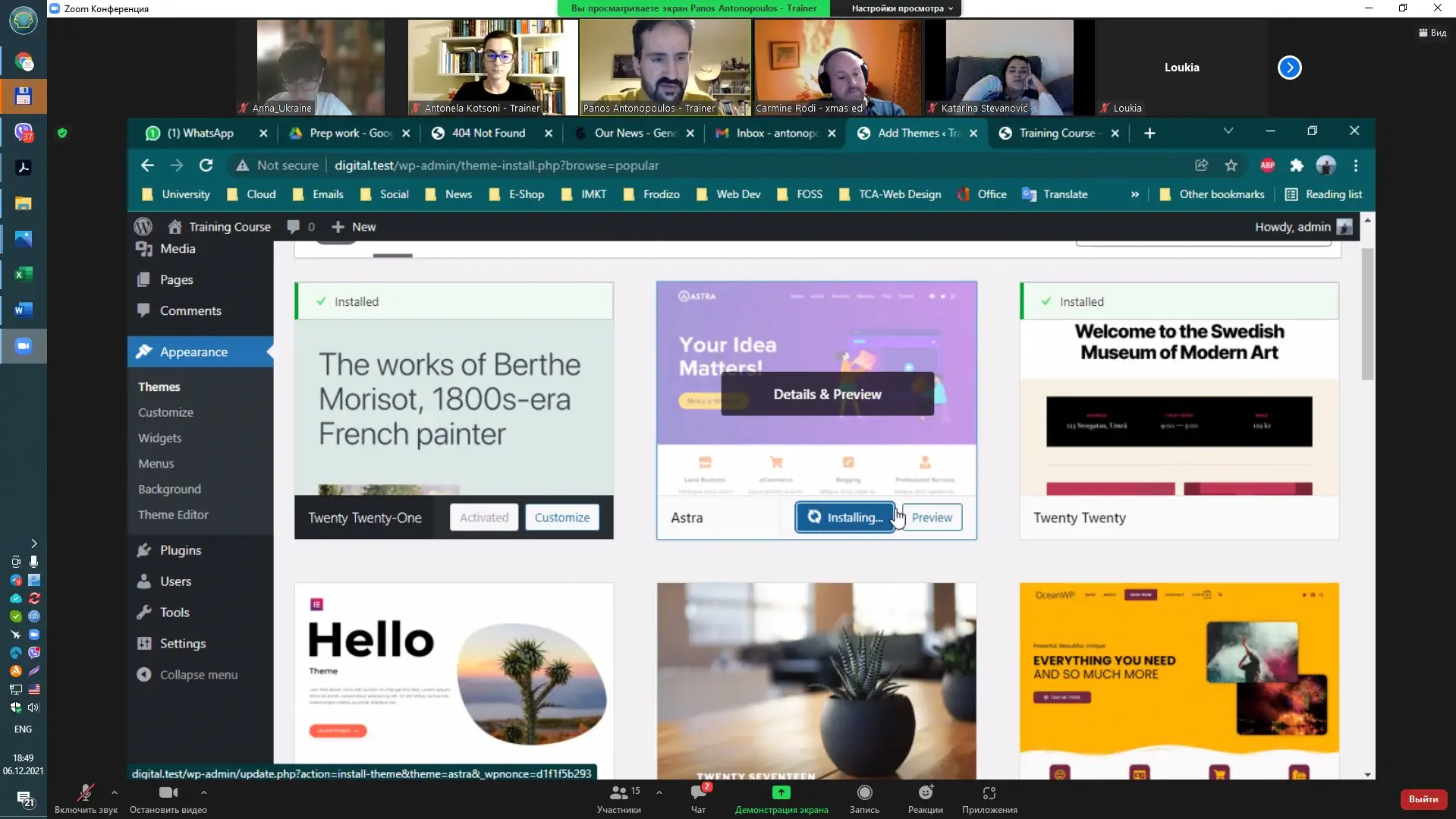
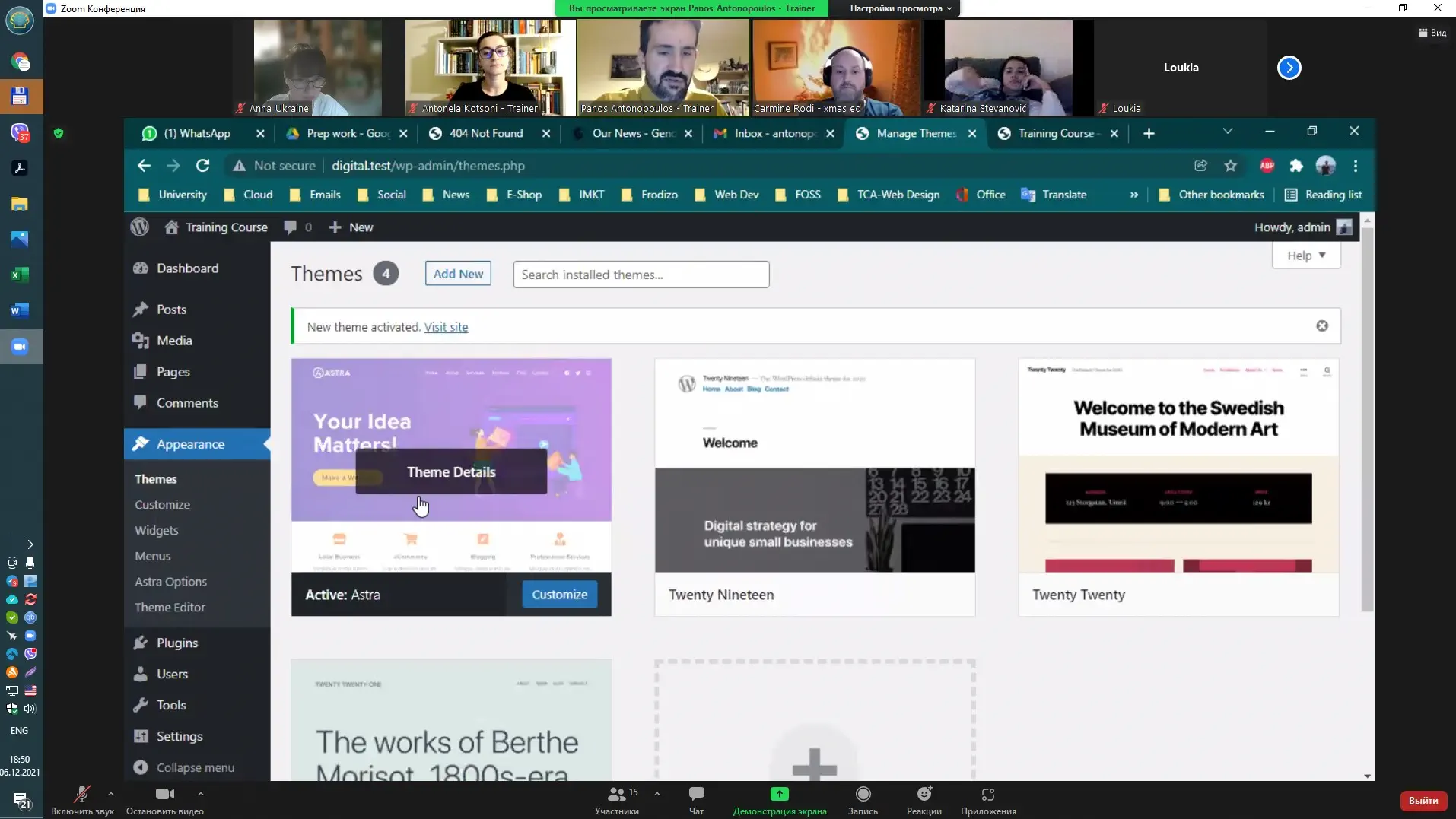
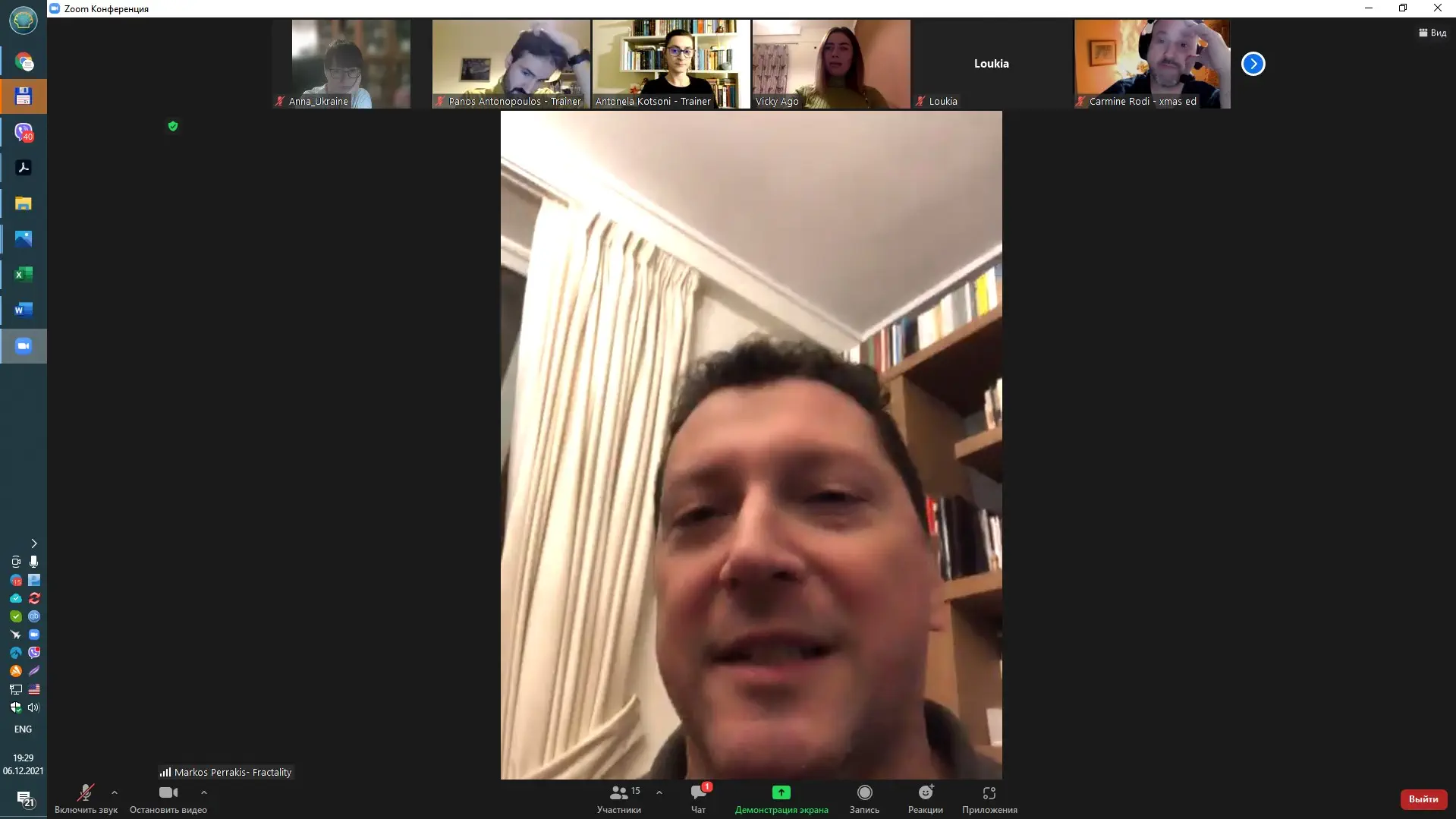
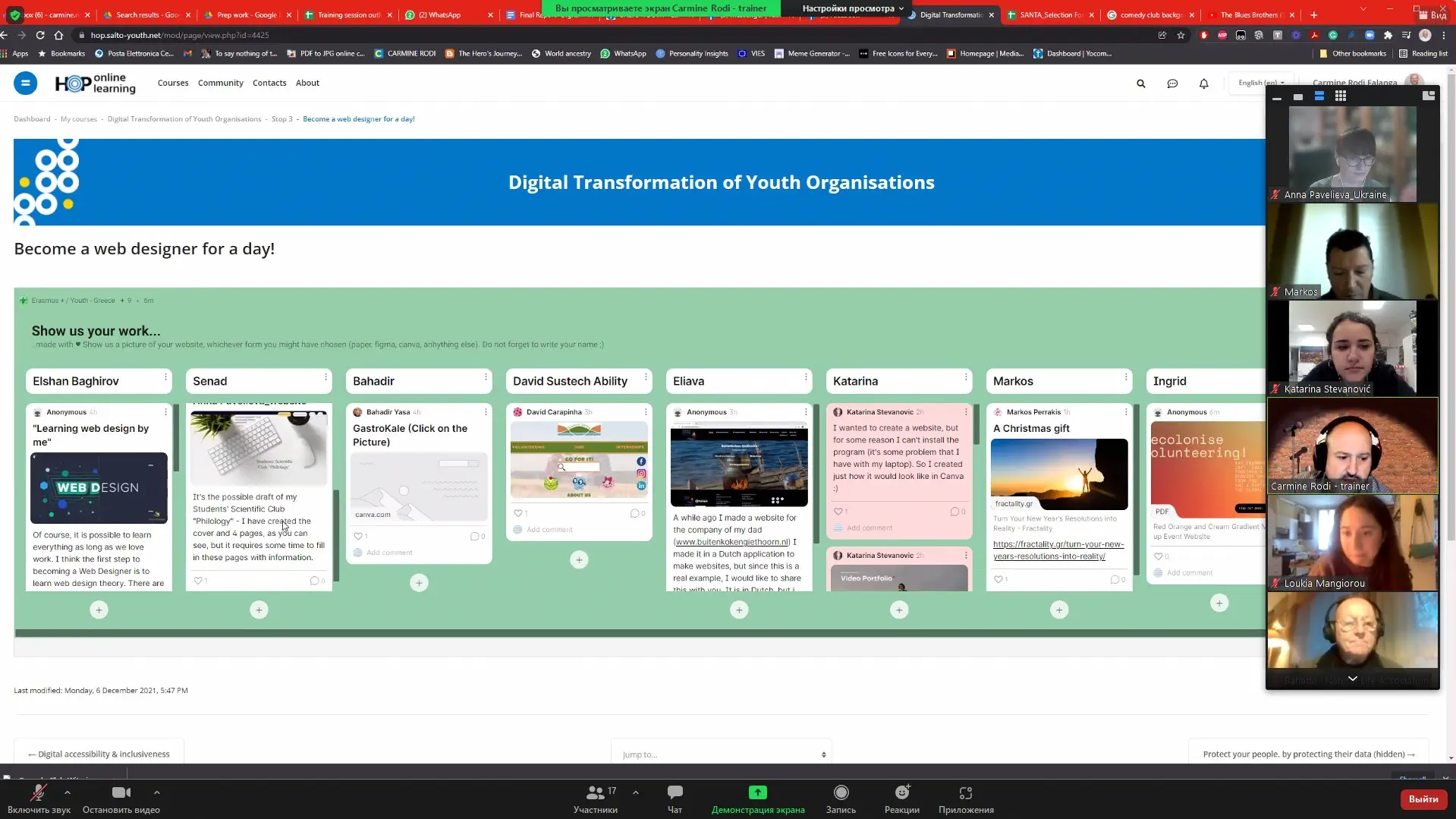
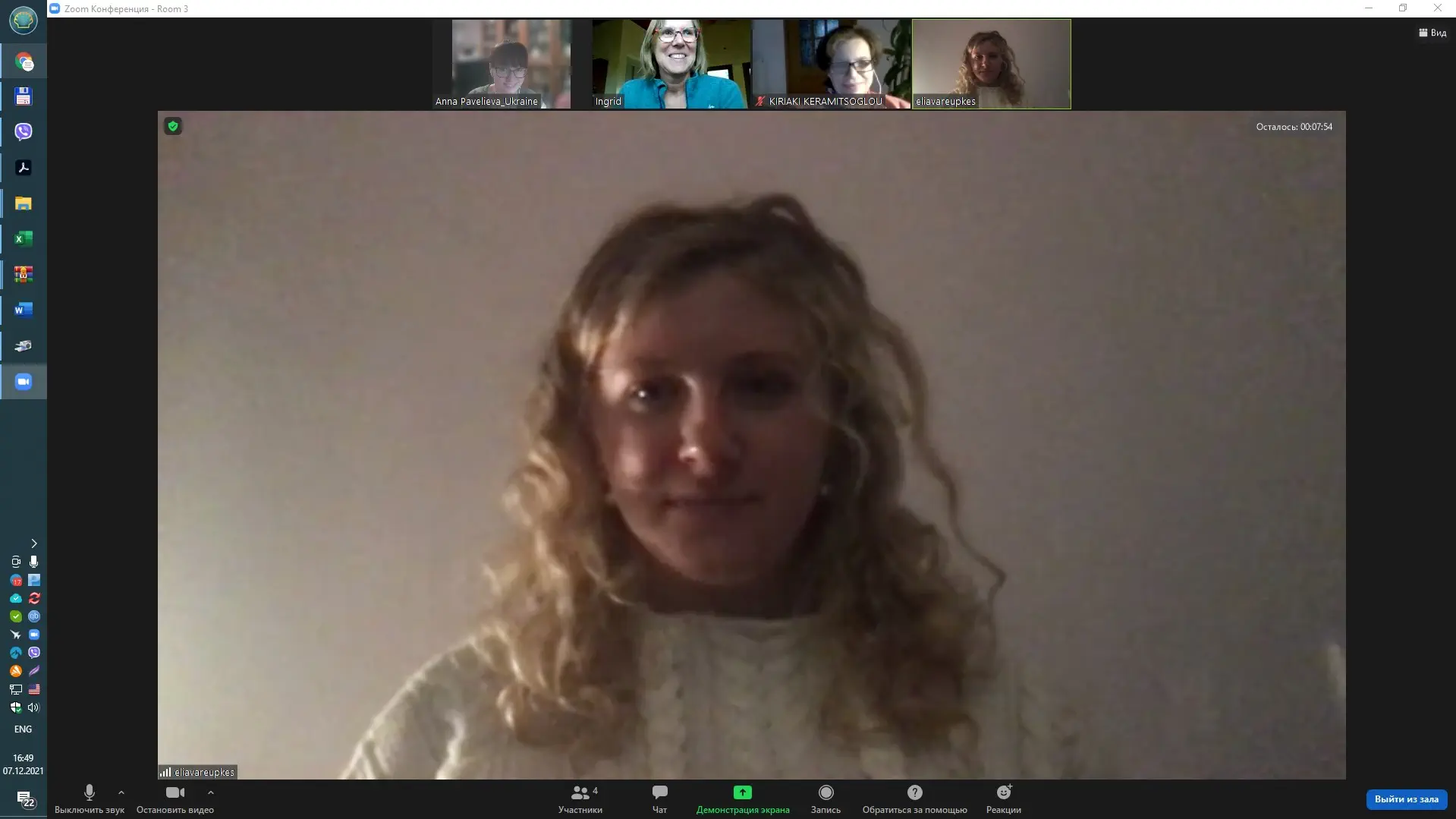
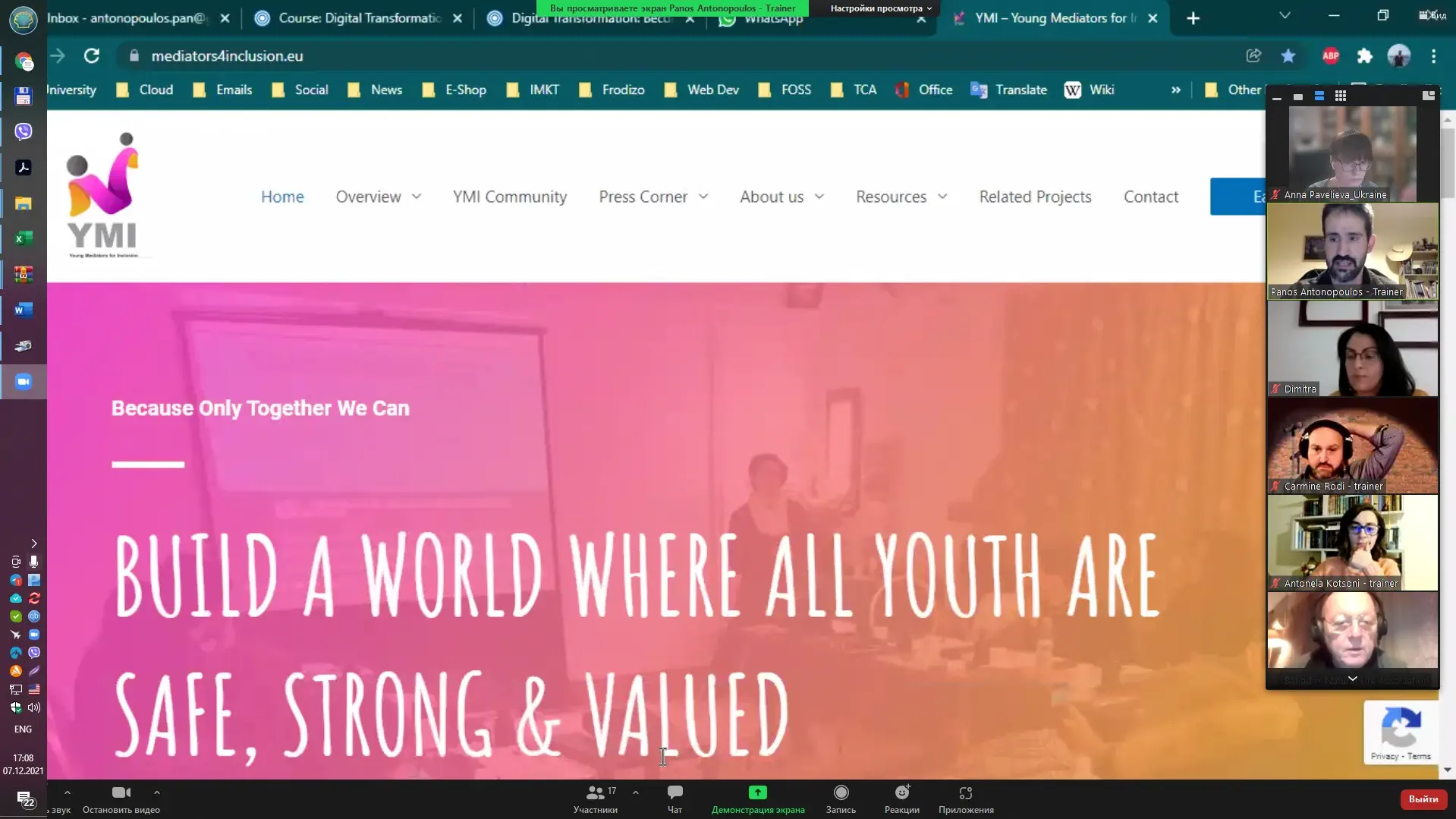
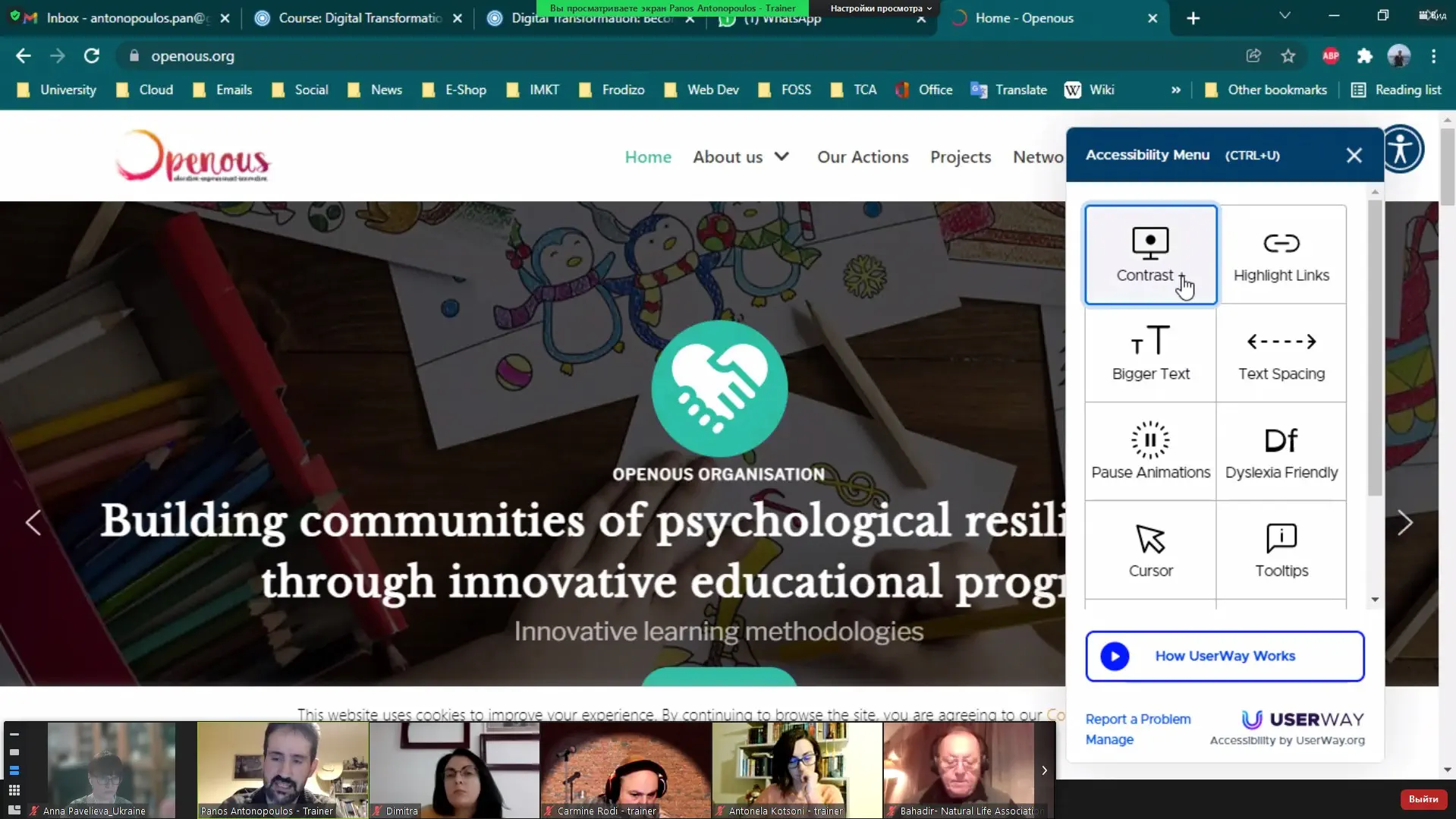
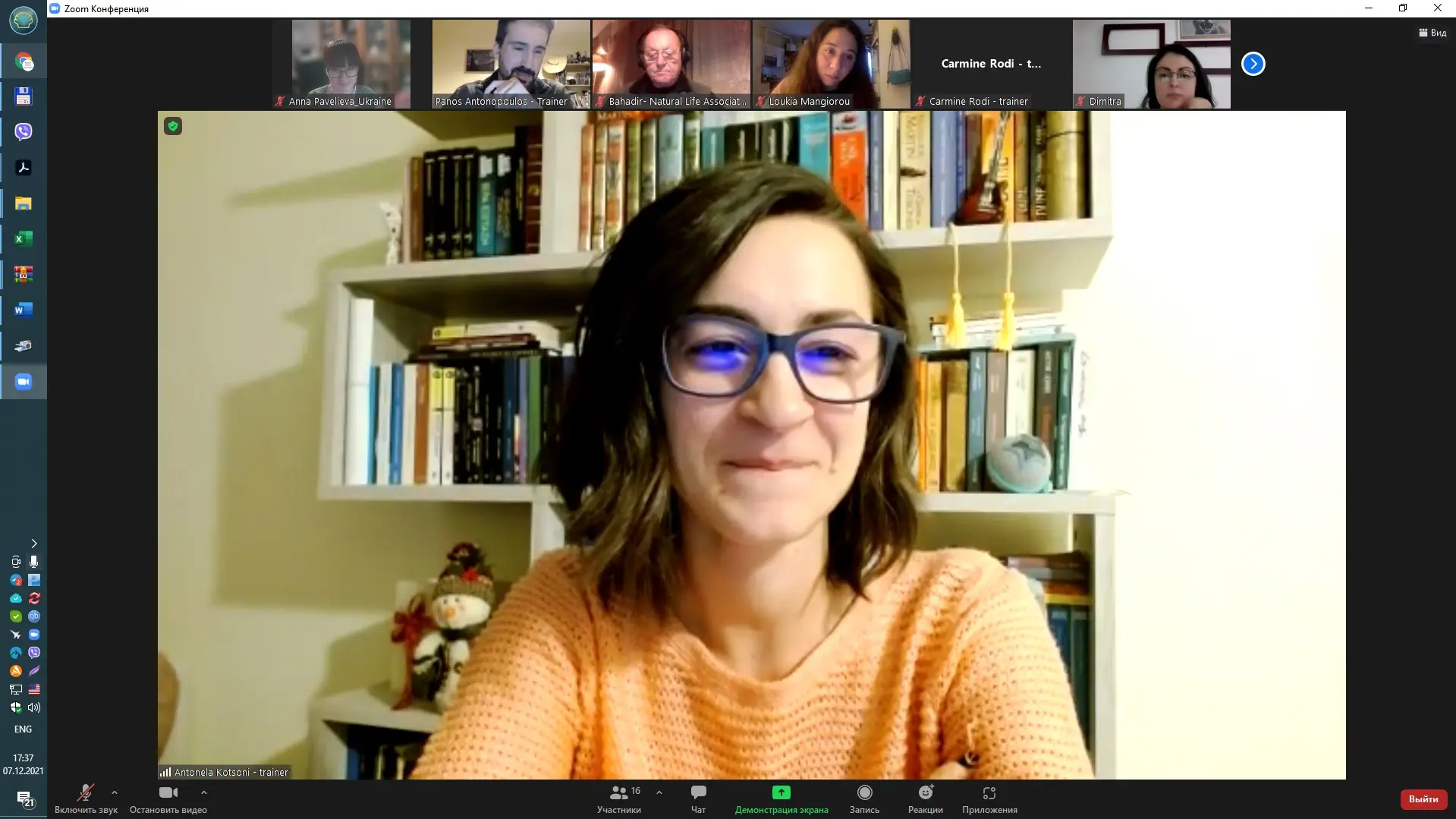
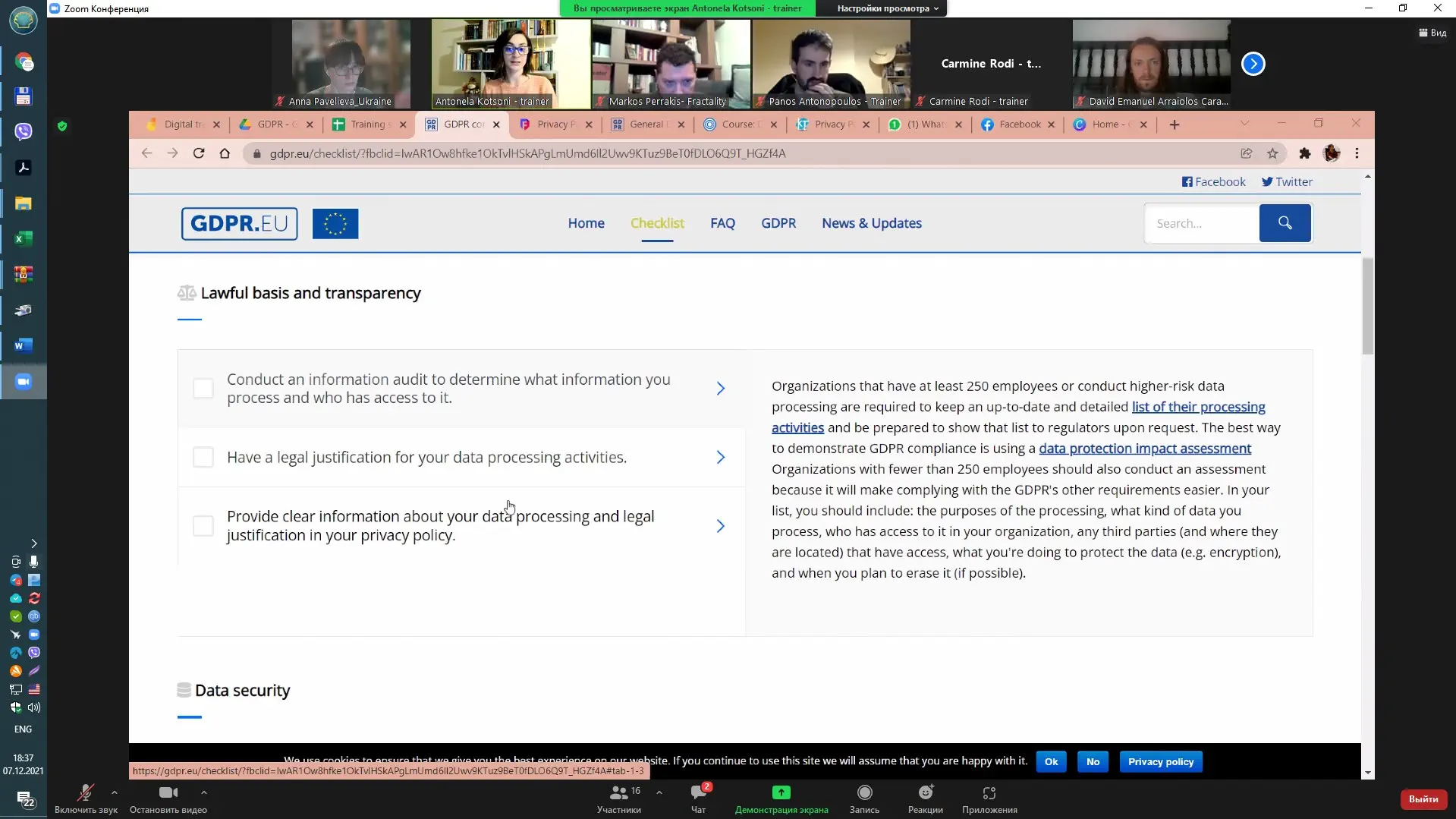
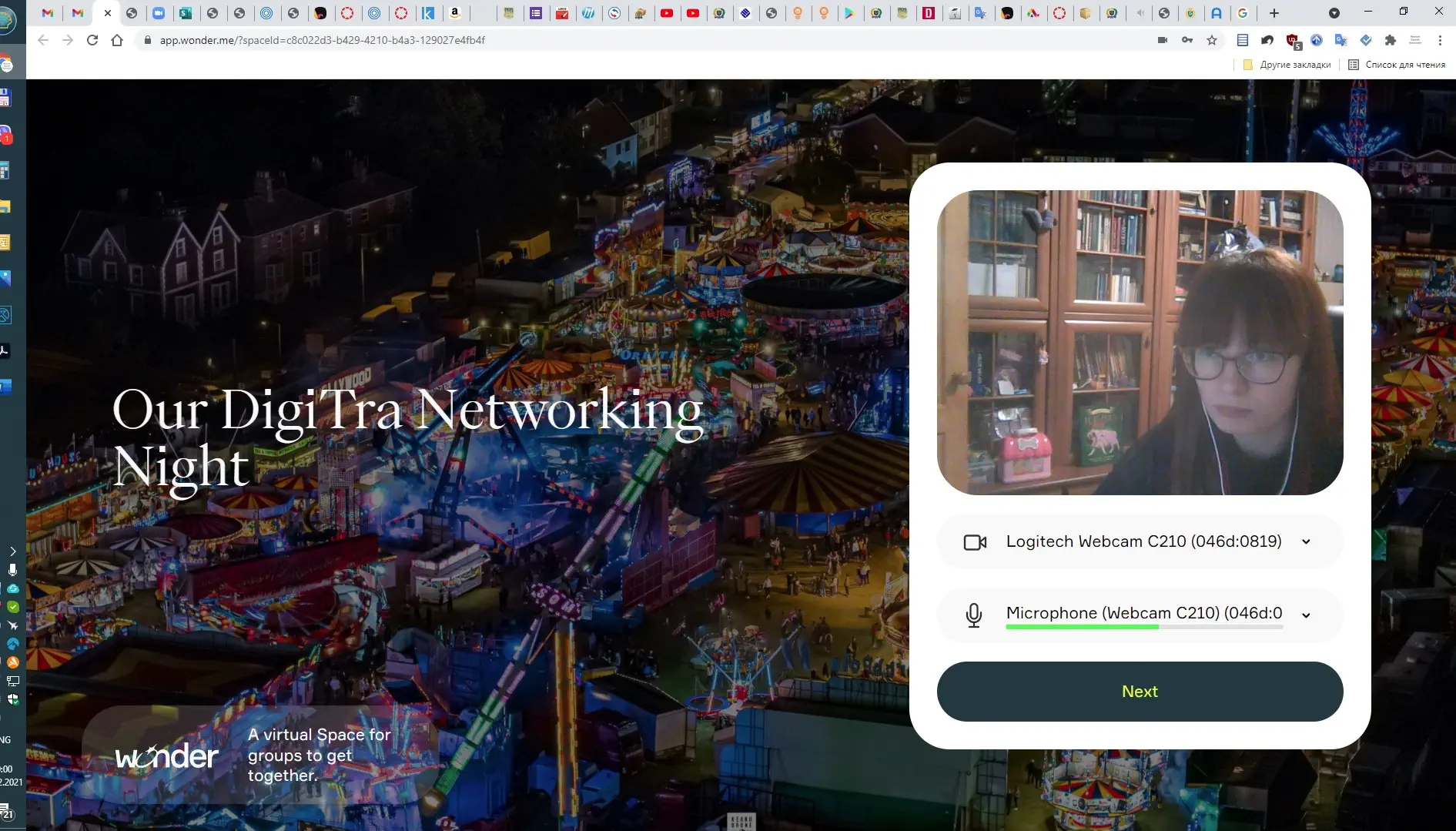
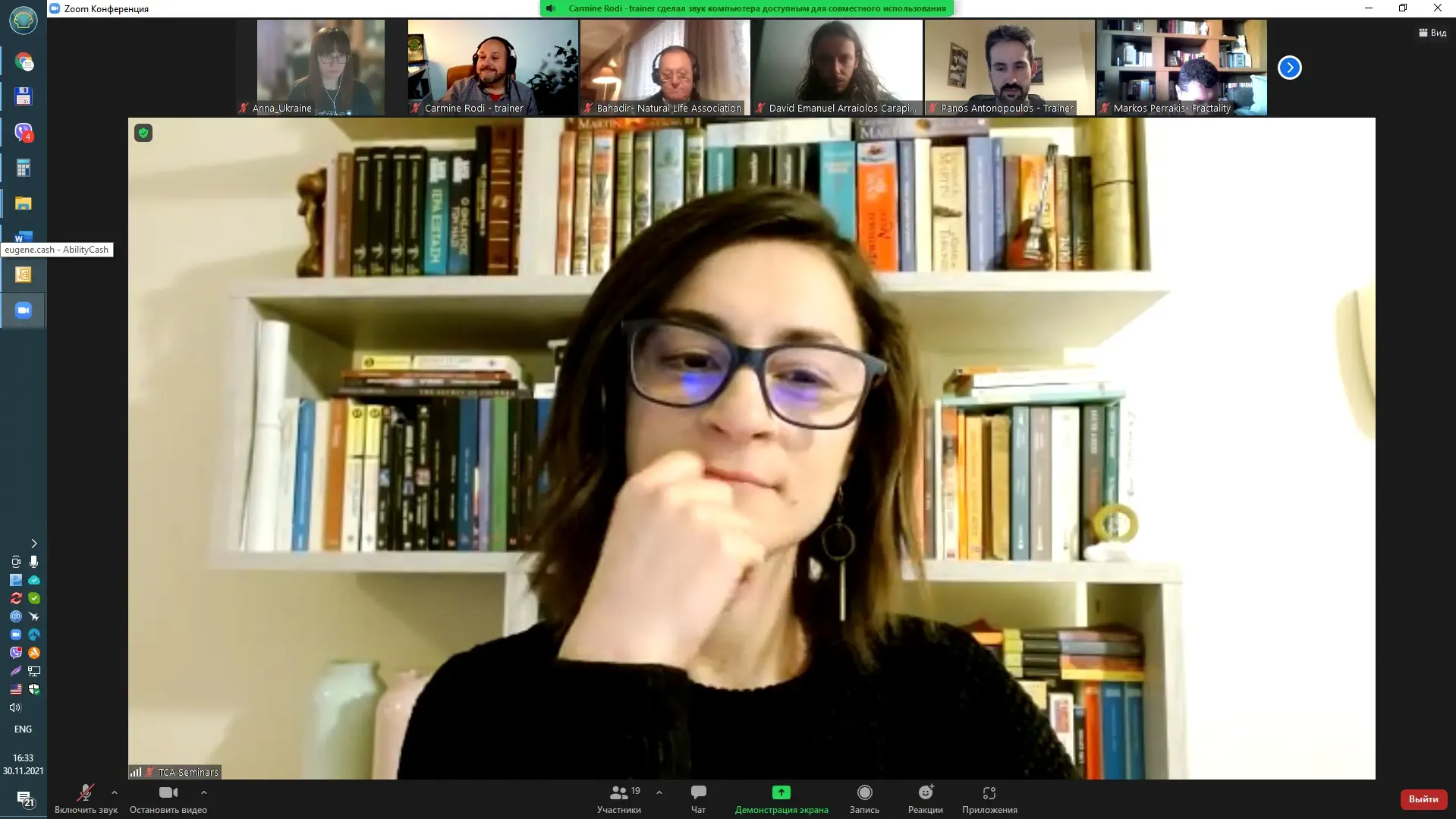
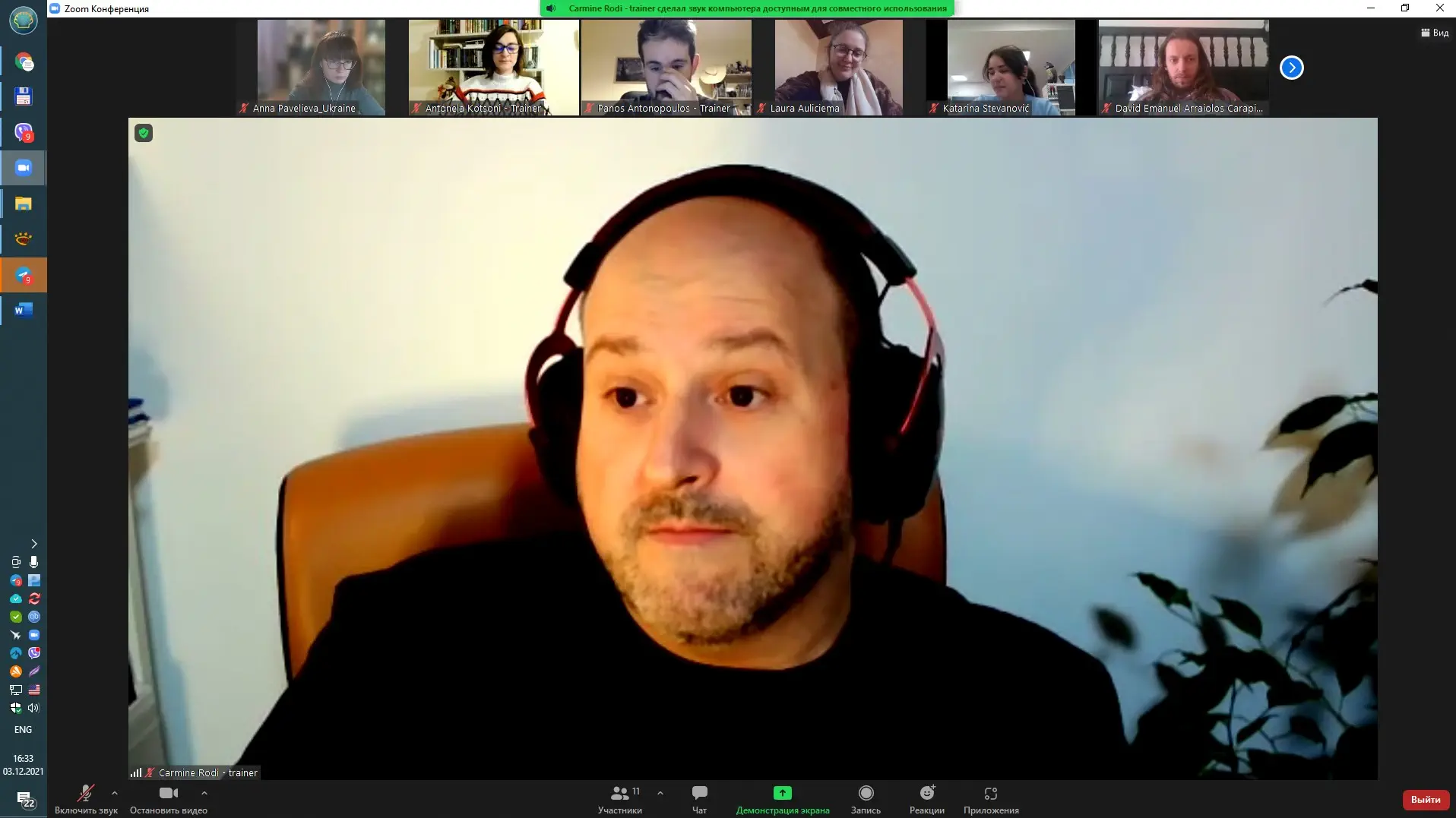
It should be recalled that previously Anna Pavelieva took part in 4 trainings, youth exchanges and youth workers mobility projects of Erasmus+, where she improved her practical skills of presenting public speeches, mastered practical media tools, detection strategies and learned about international experience in developing media literacy skills in today’s youth, studied international experience and best practices in waste recycling, researched practical cases of digitalization and digitization of the educational process in a pandemic.
Media Center of
National University “Yuri Kondratyuk Poltava Polytechnic”
